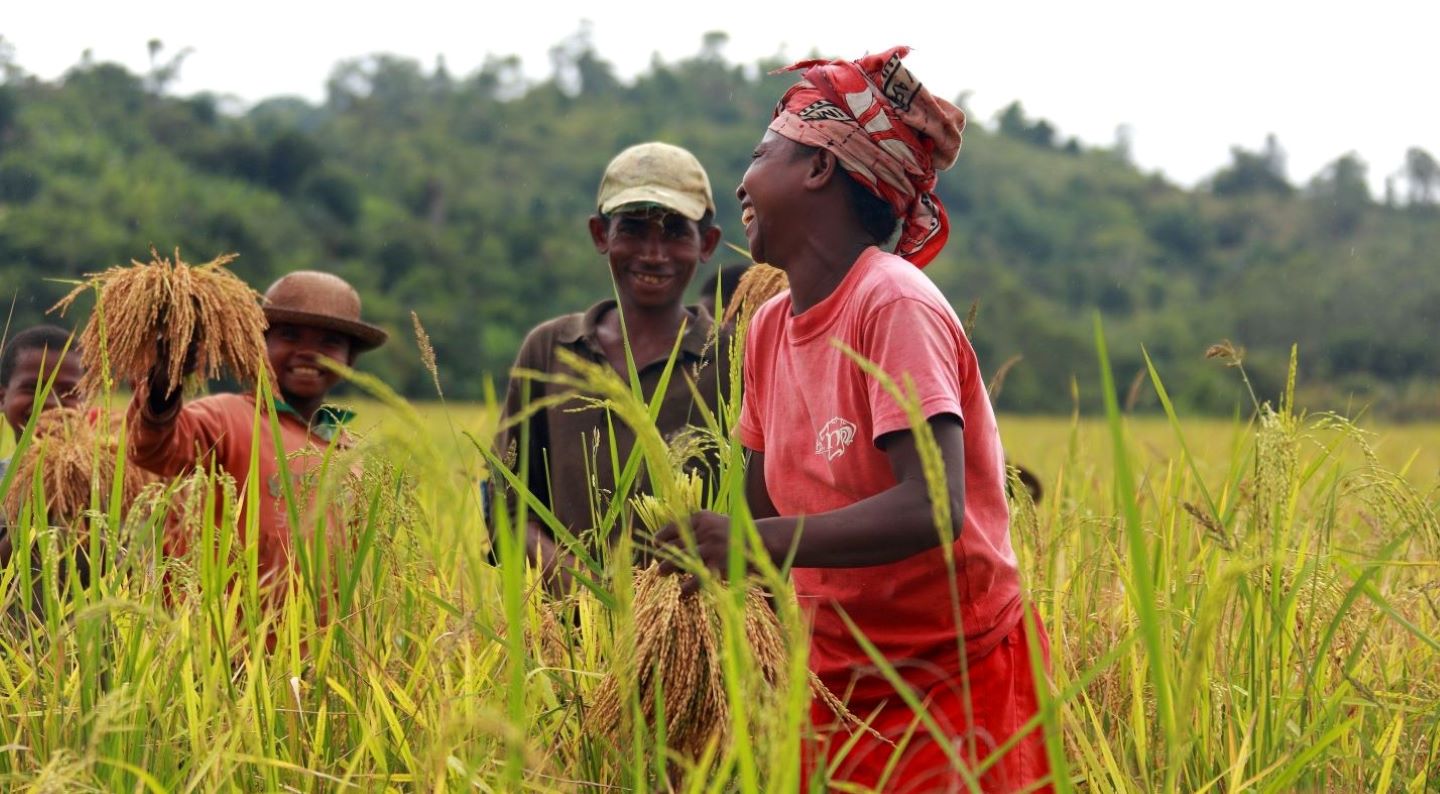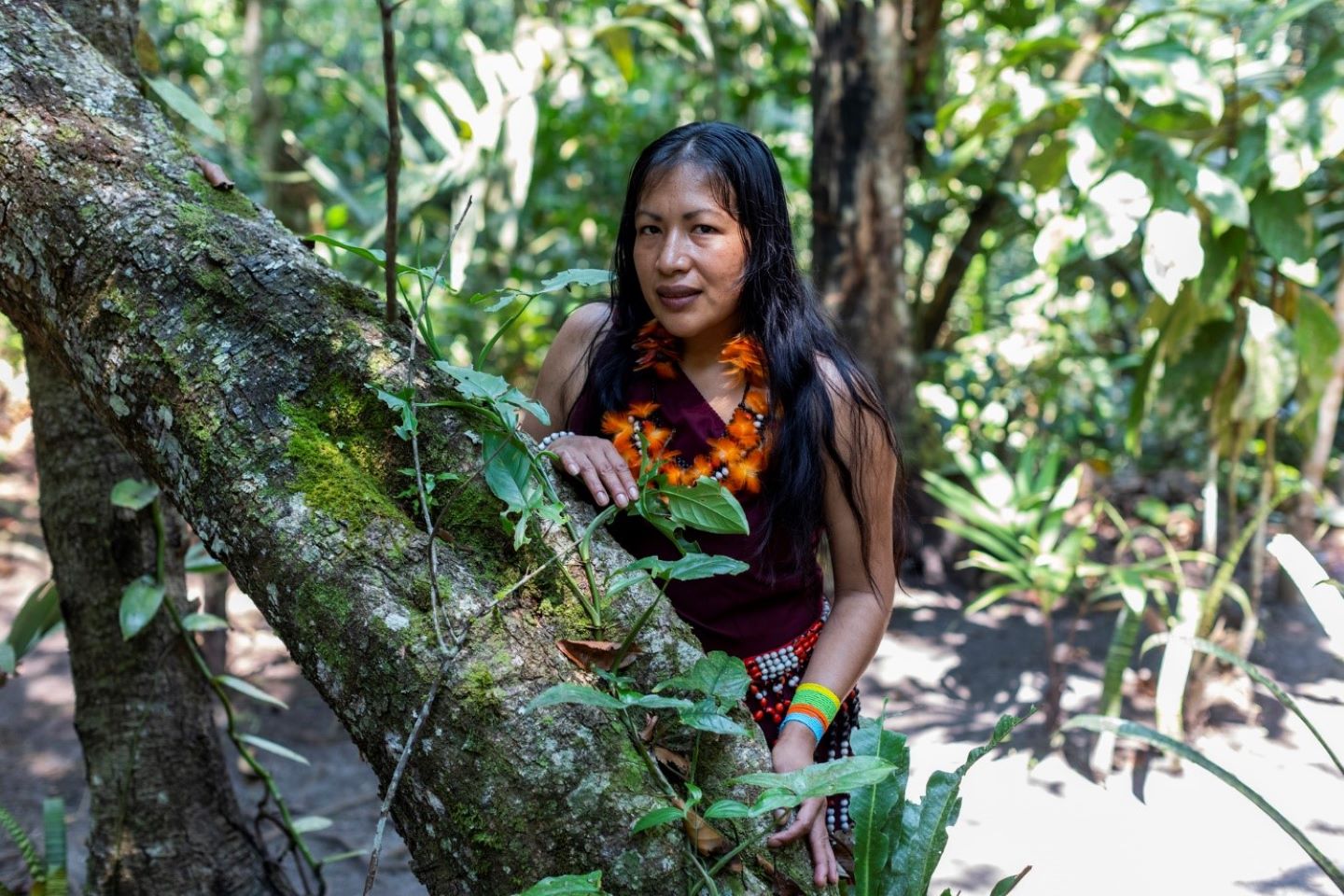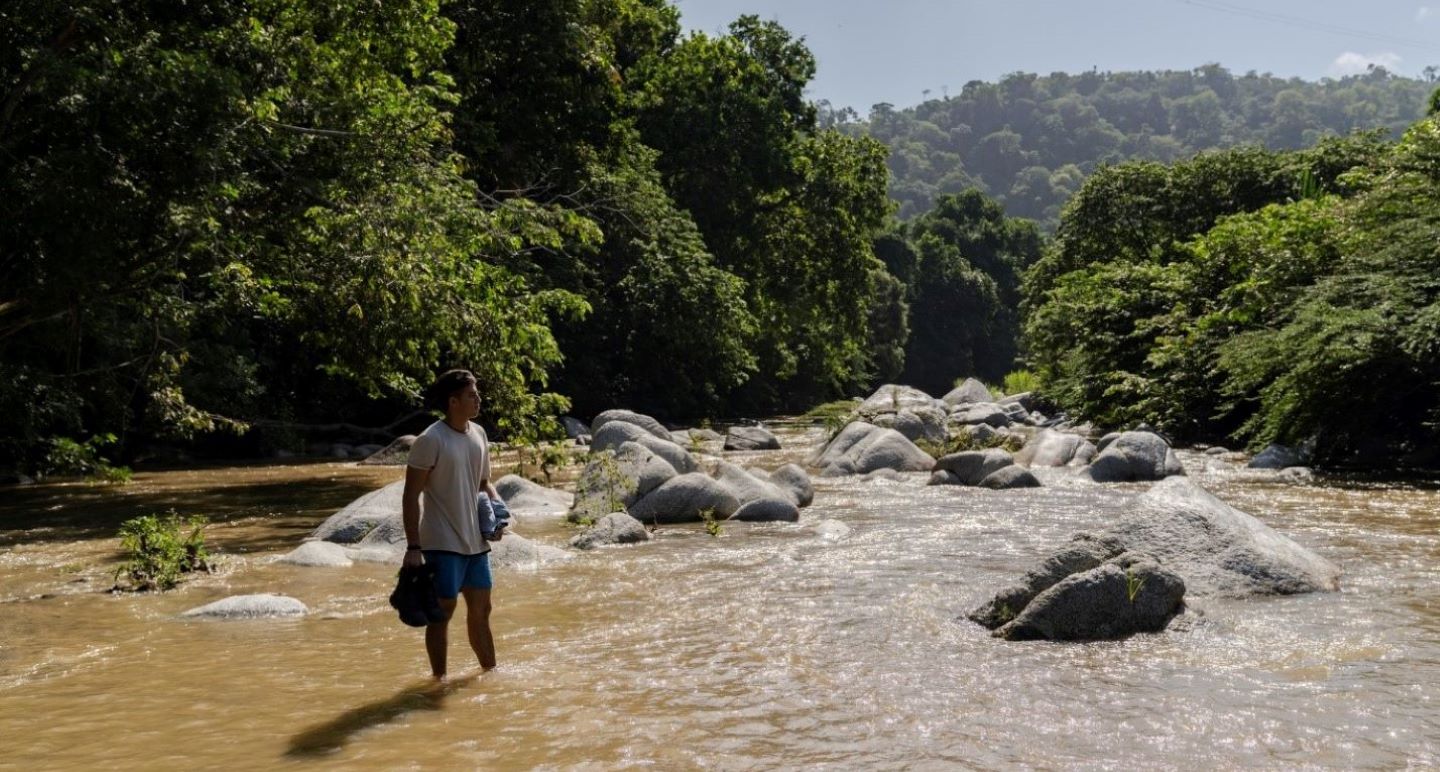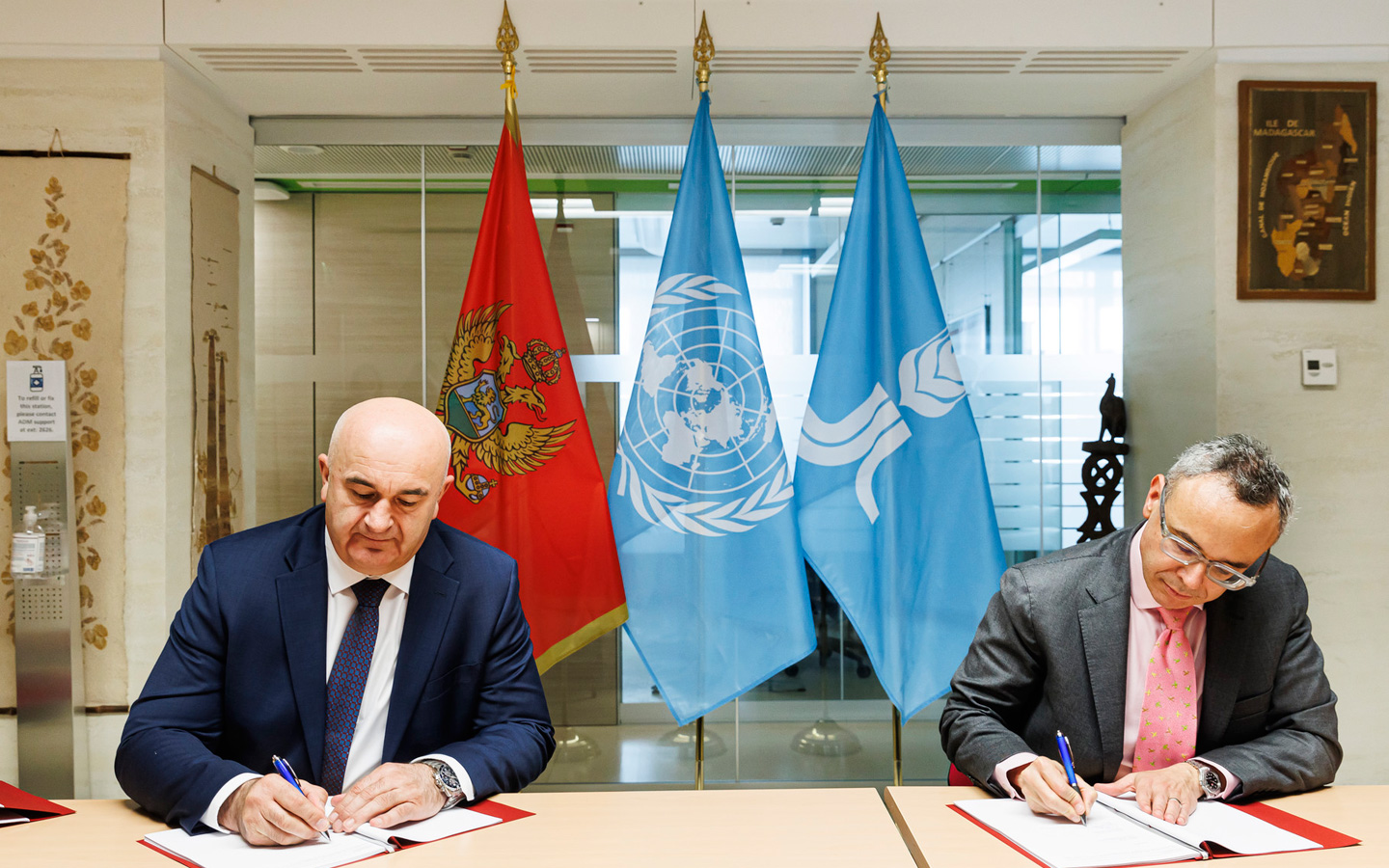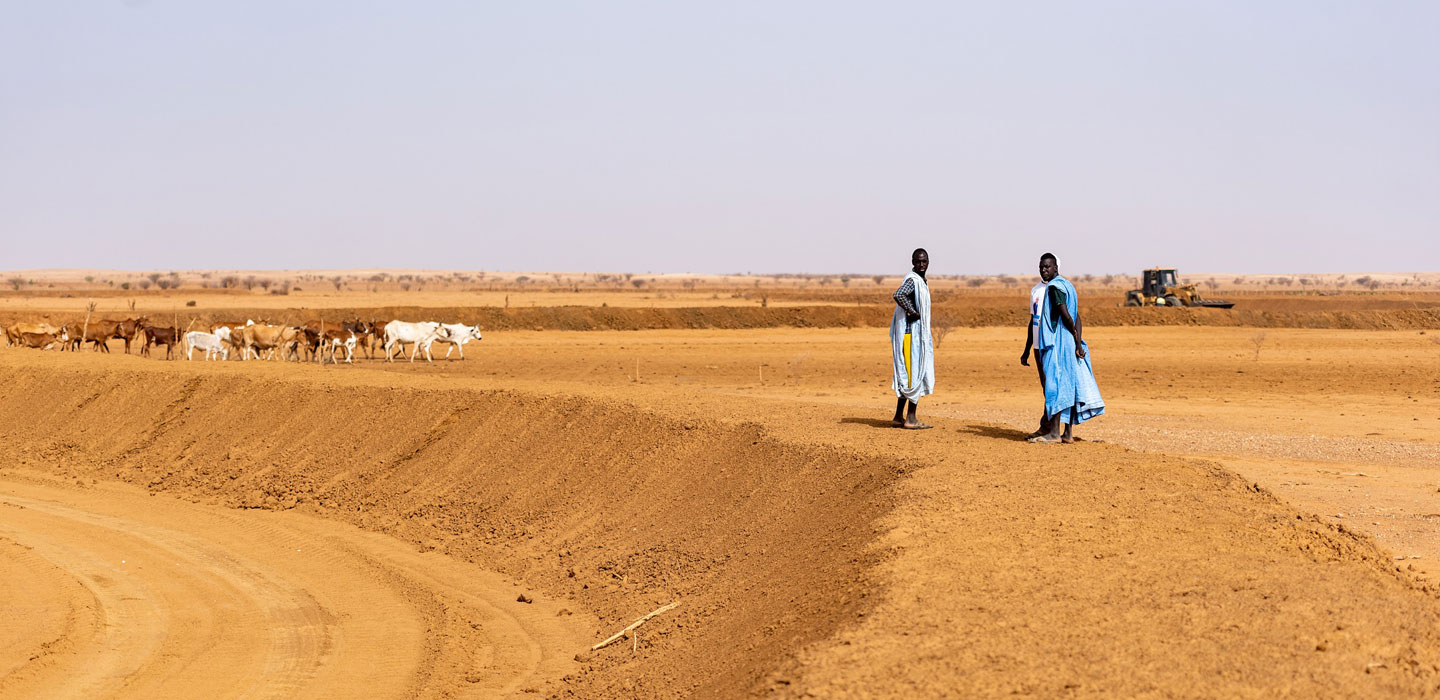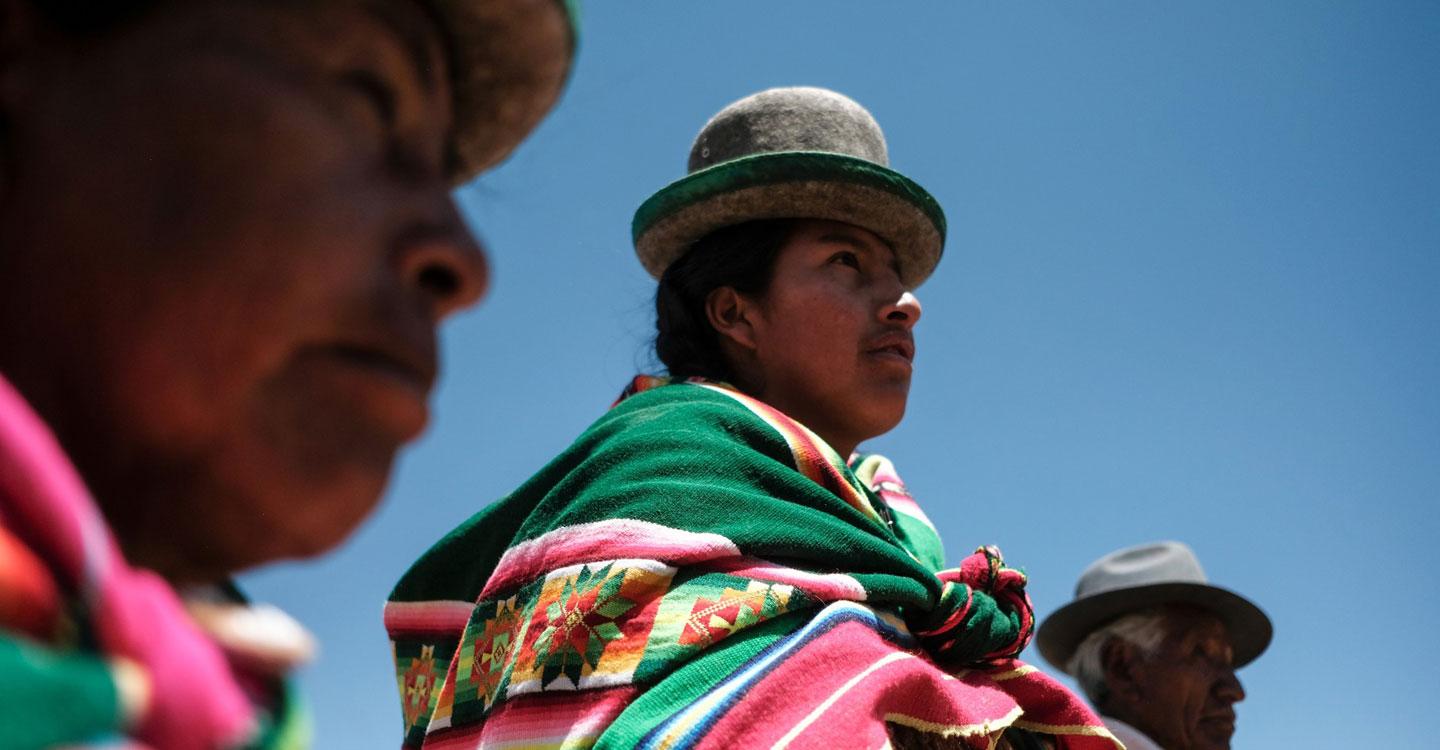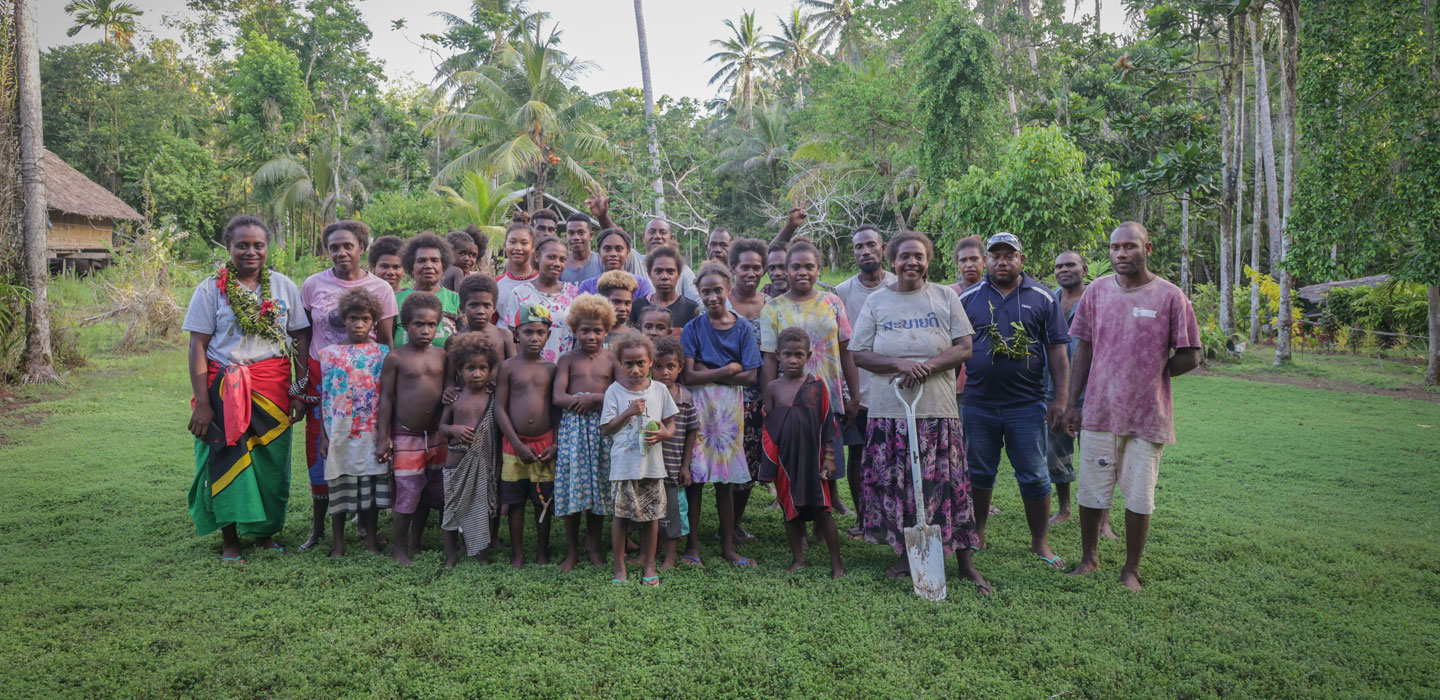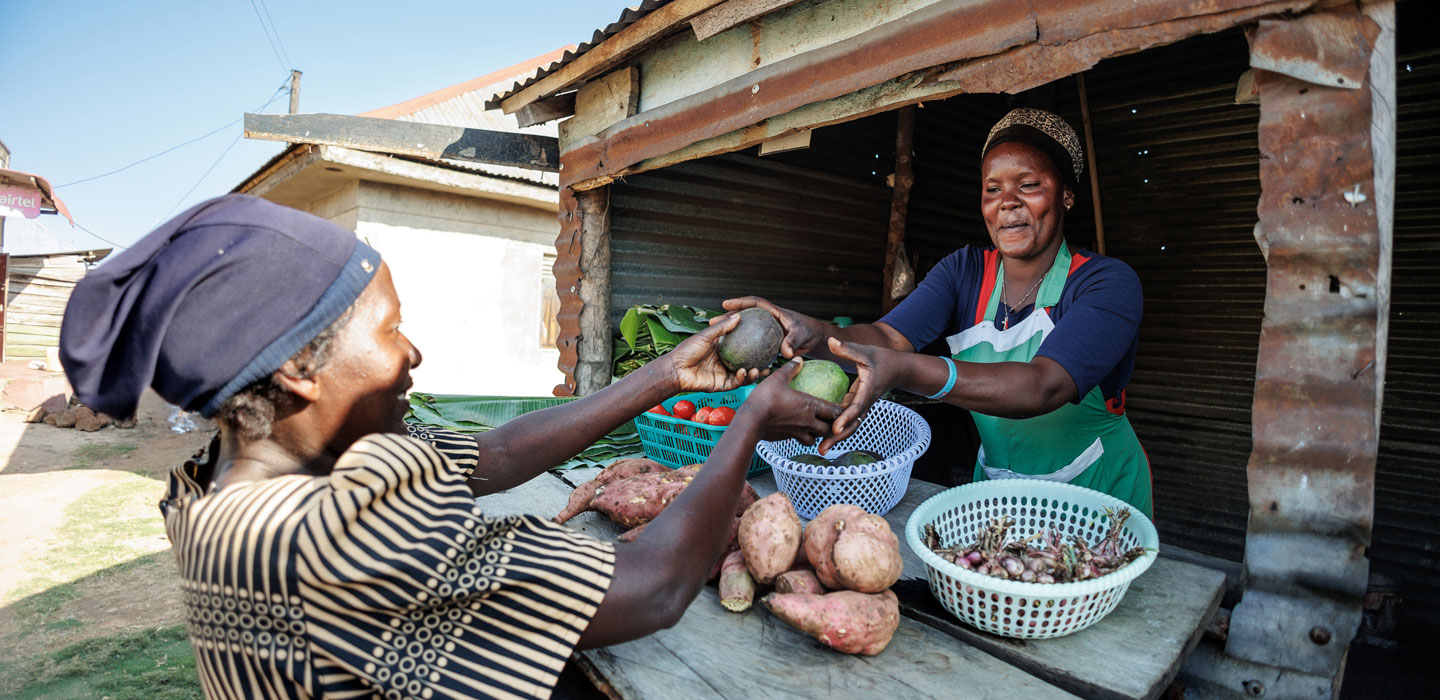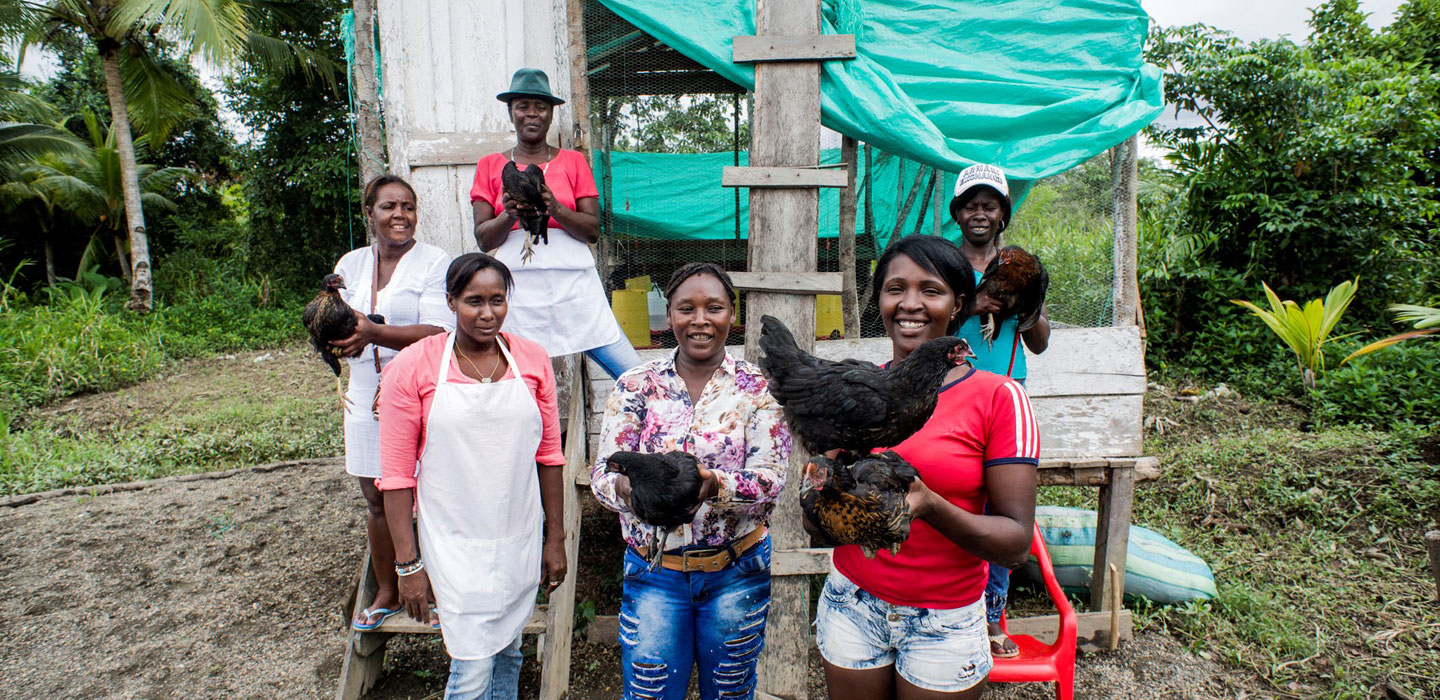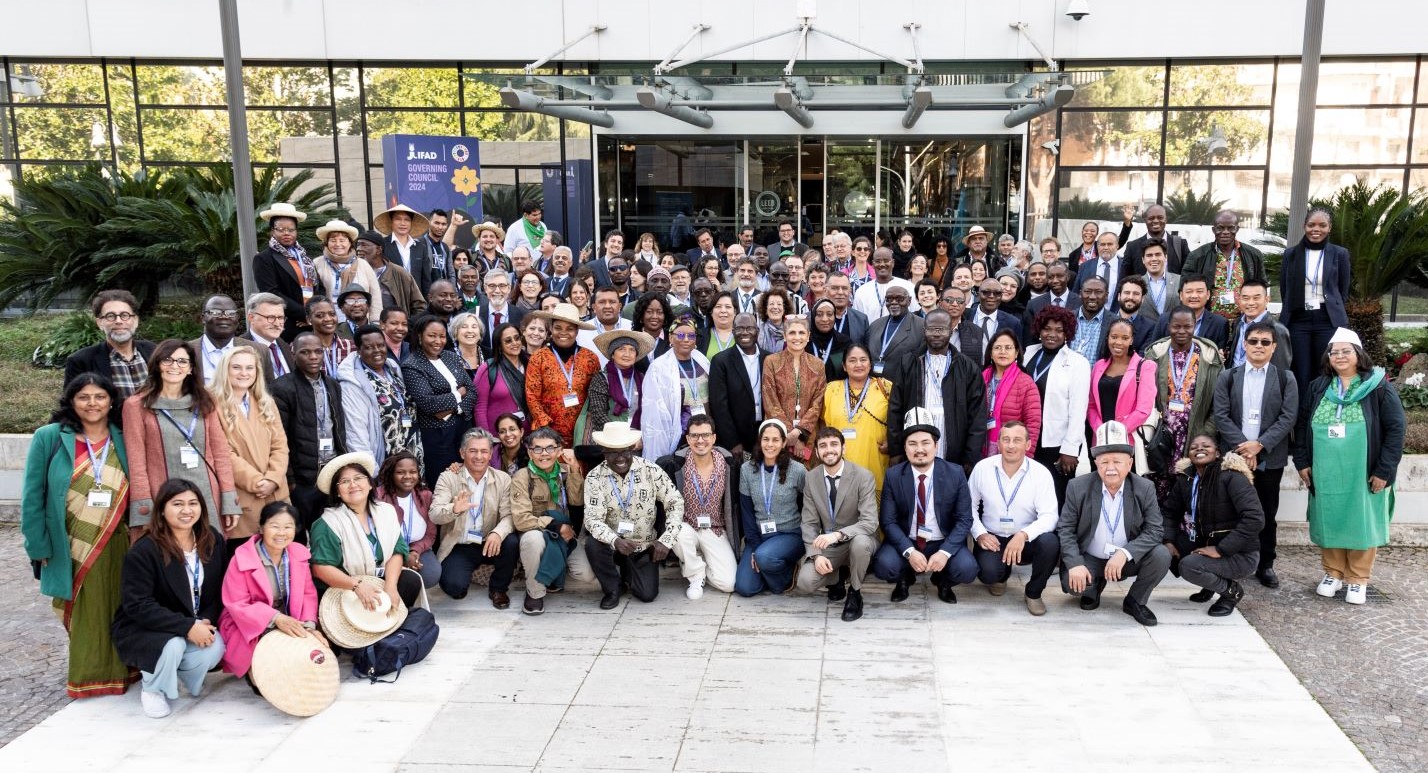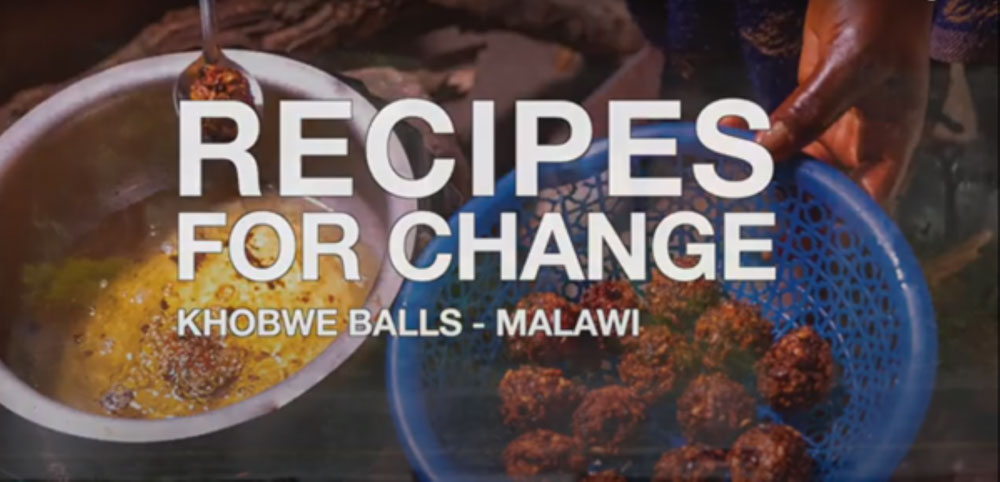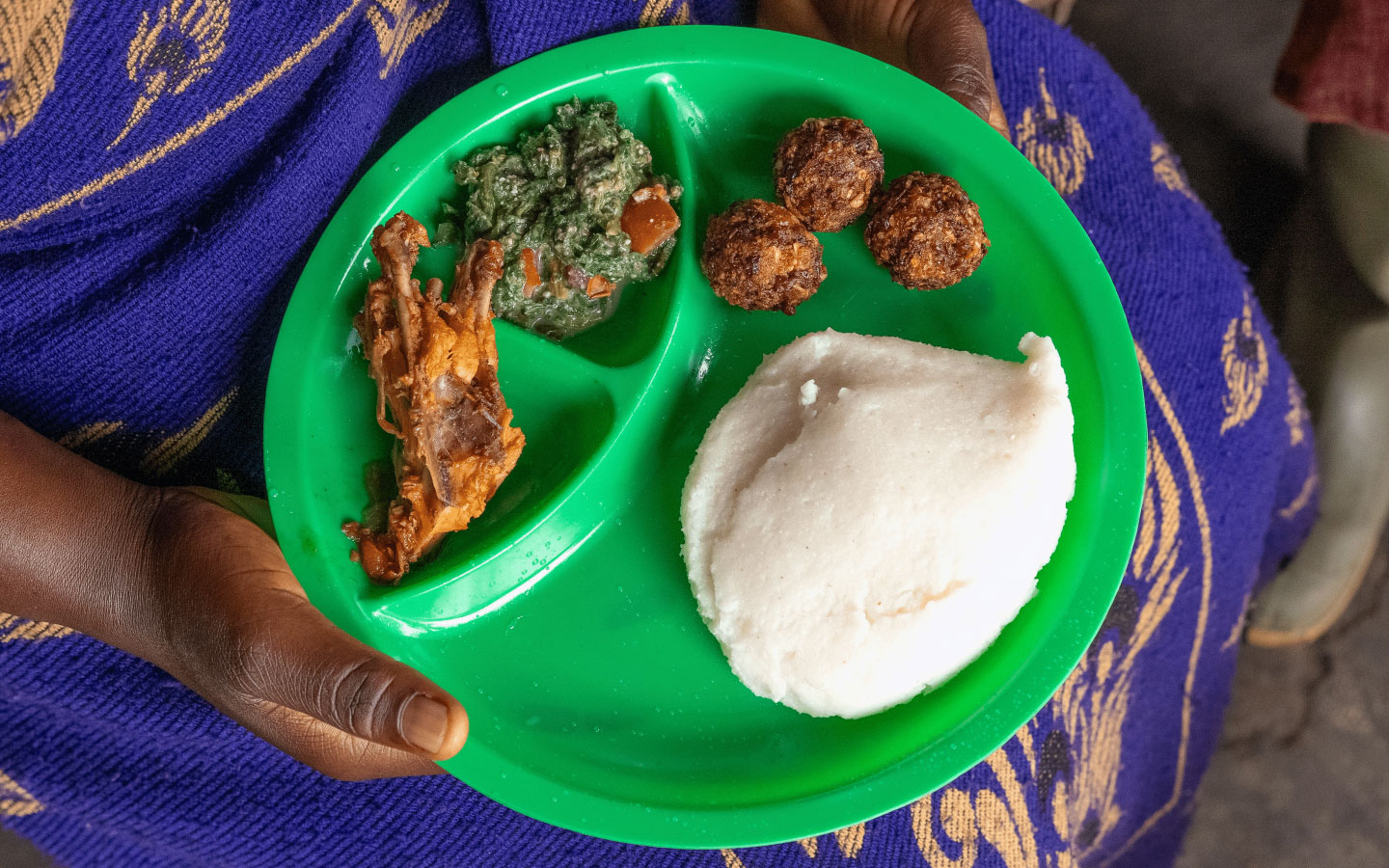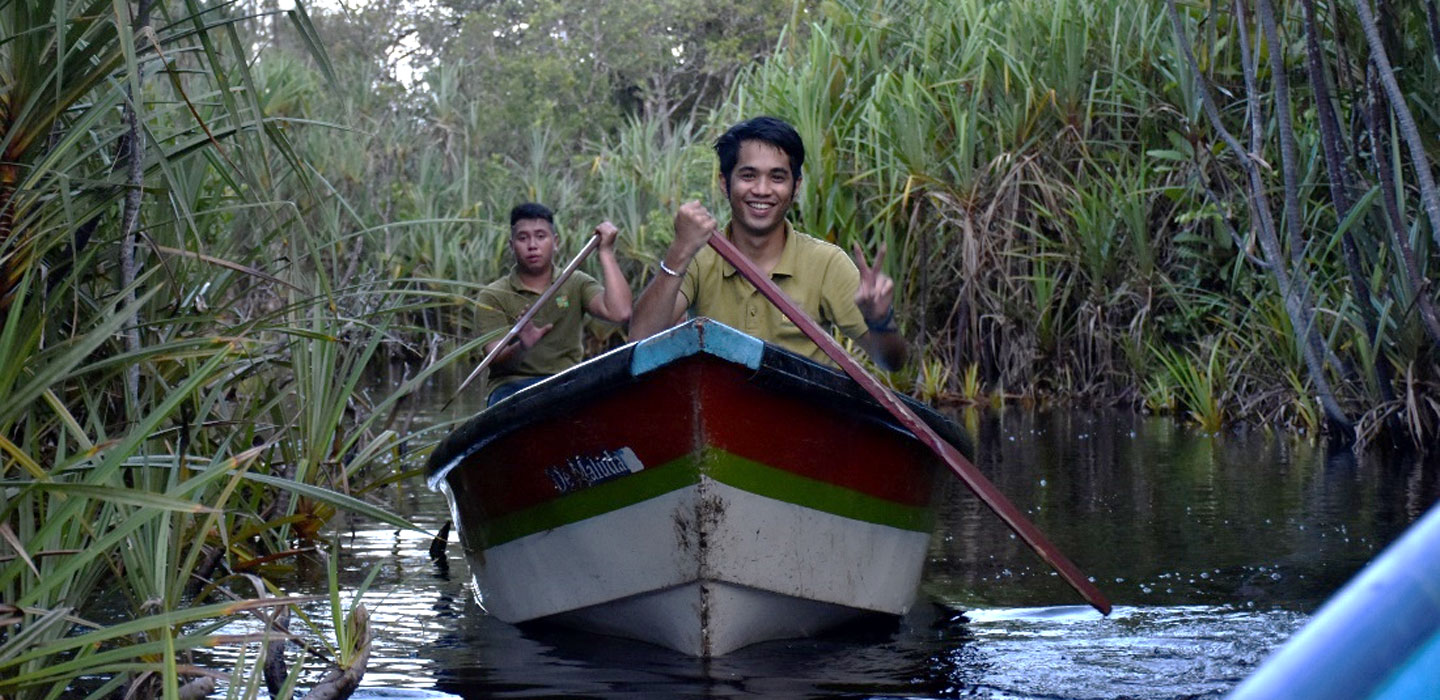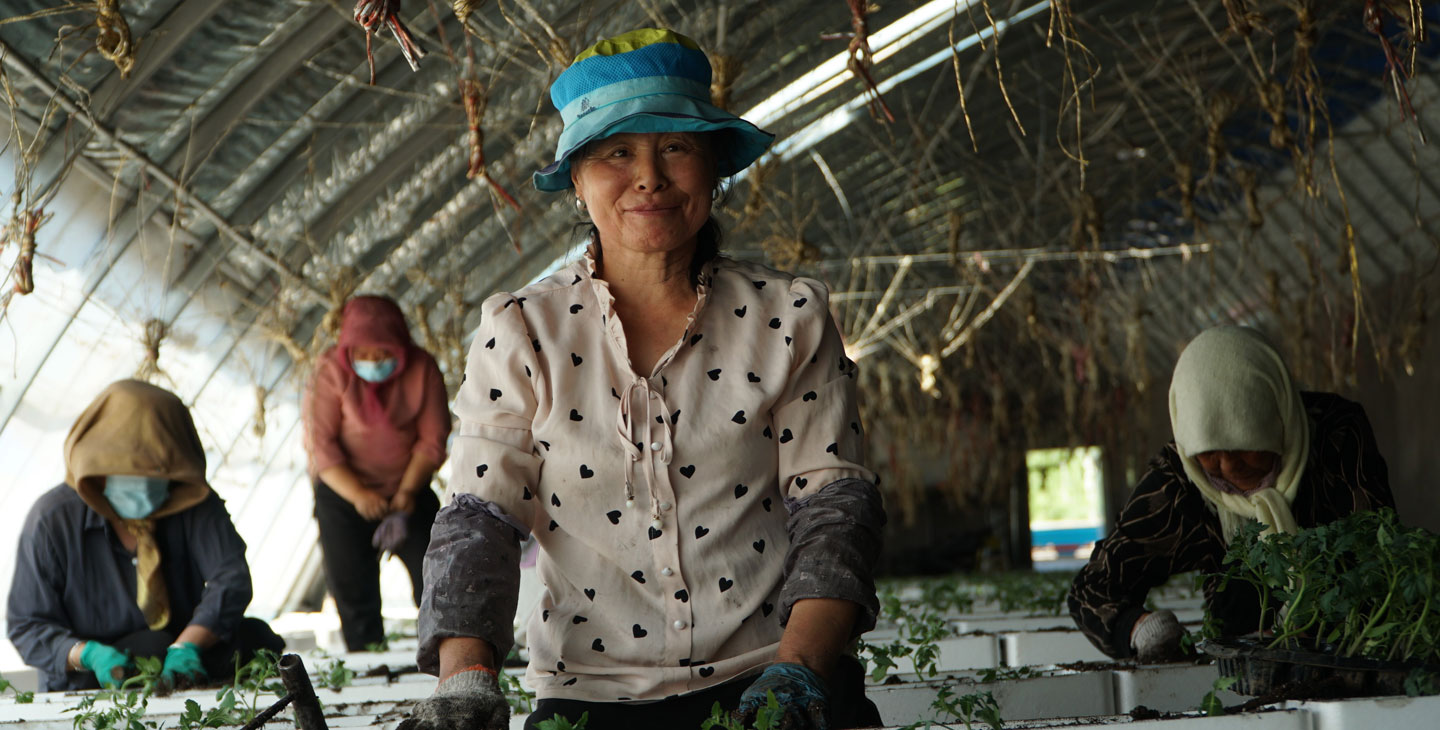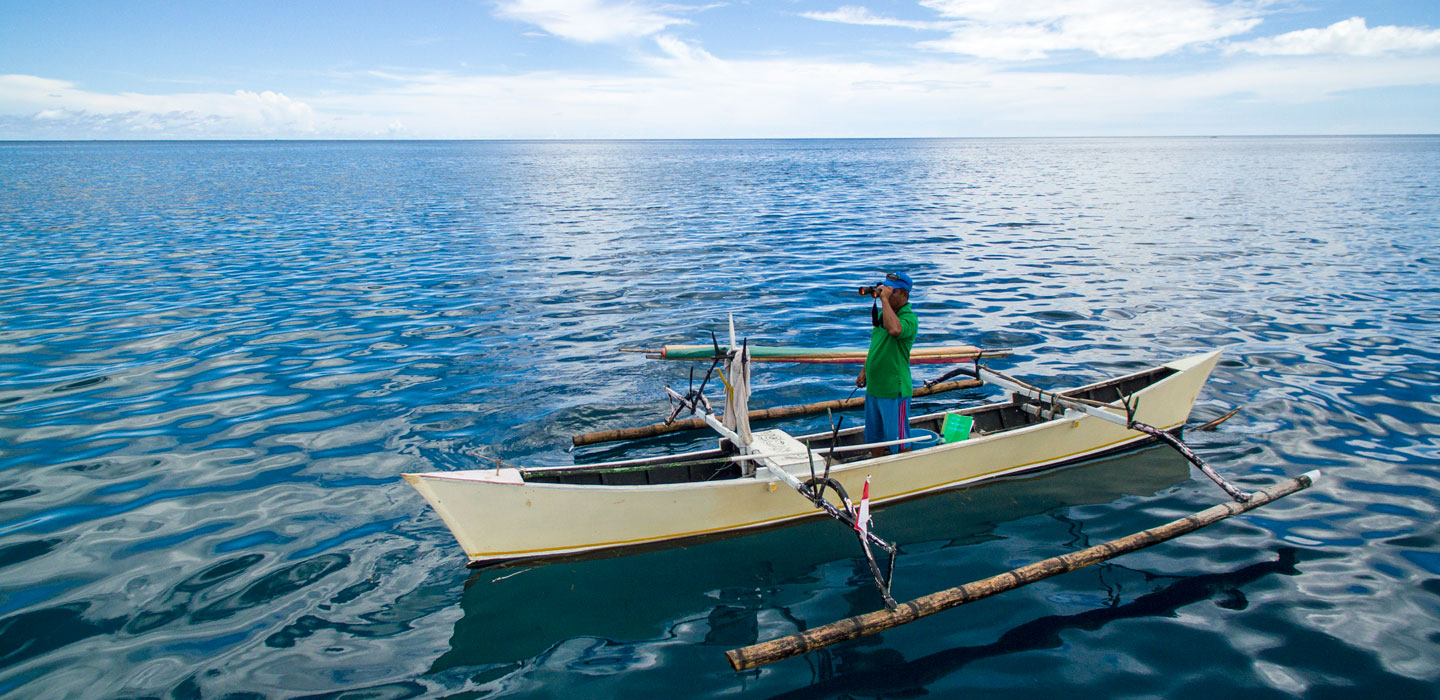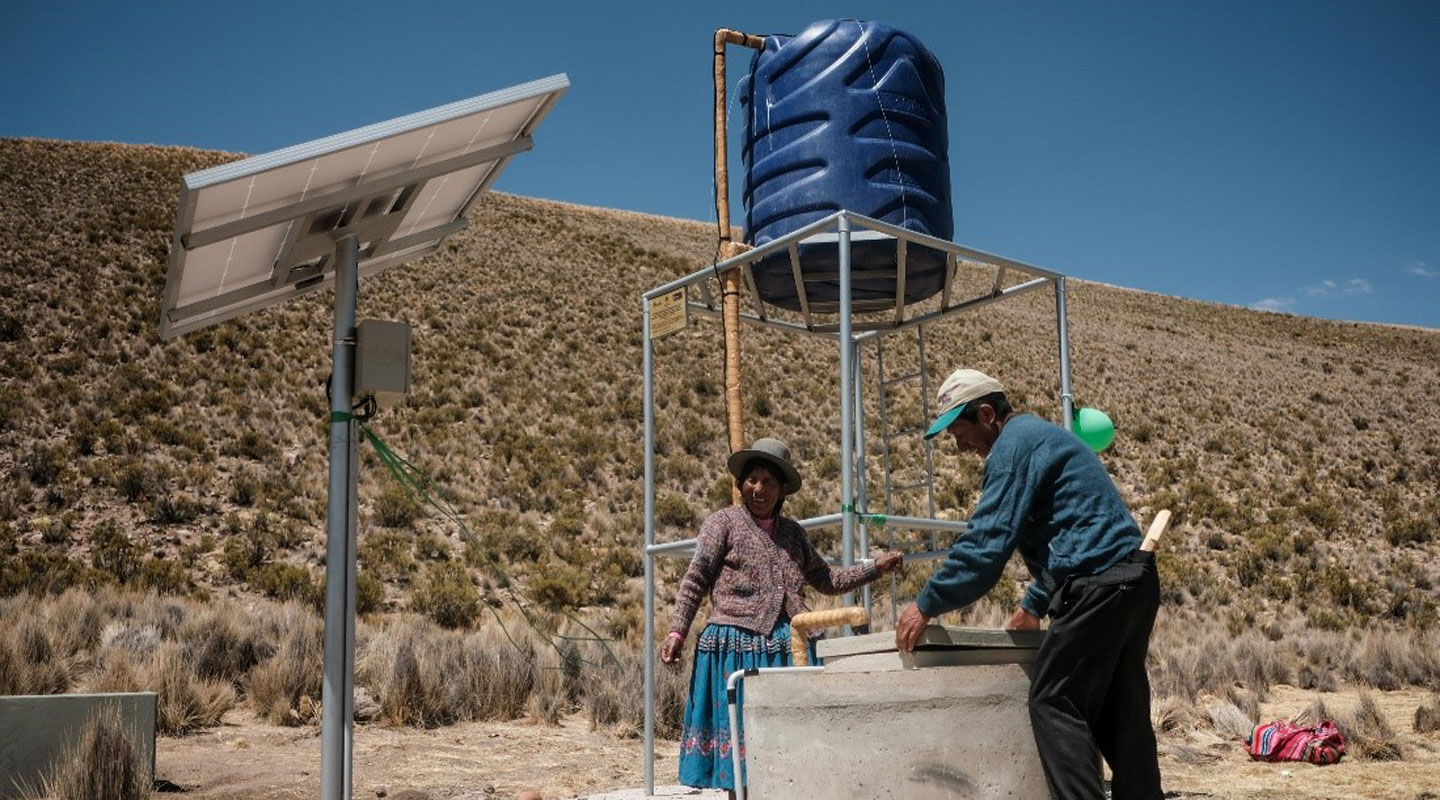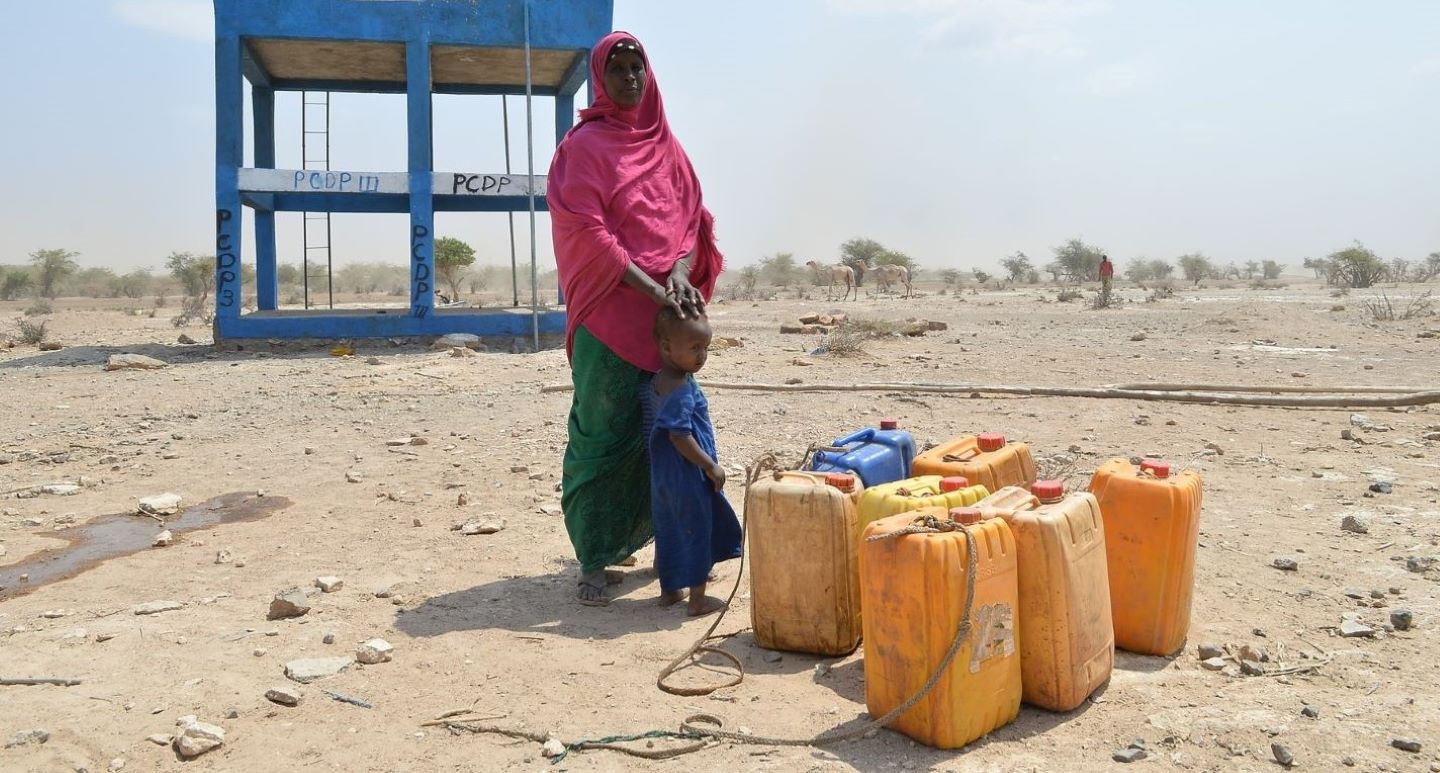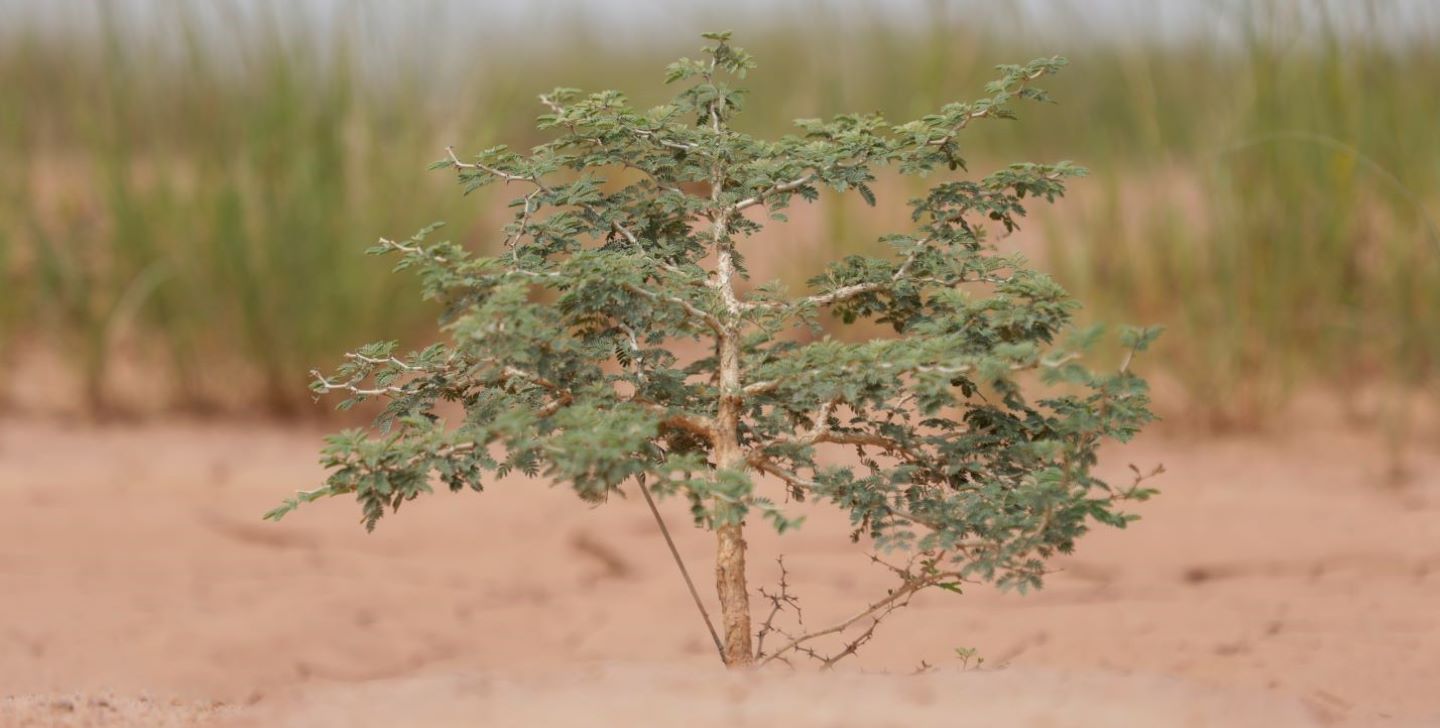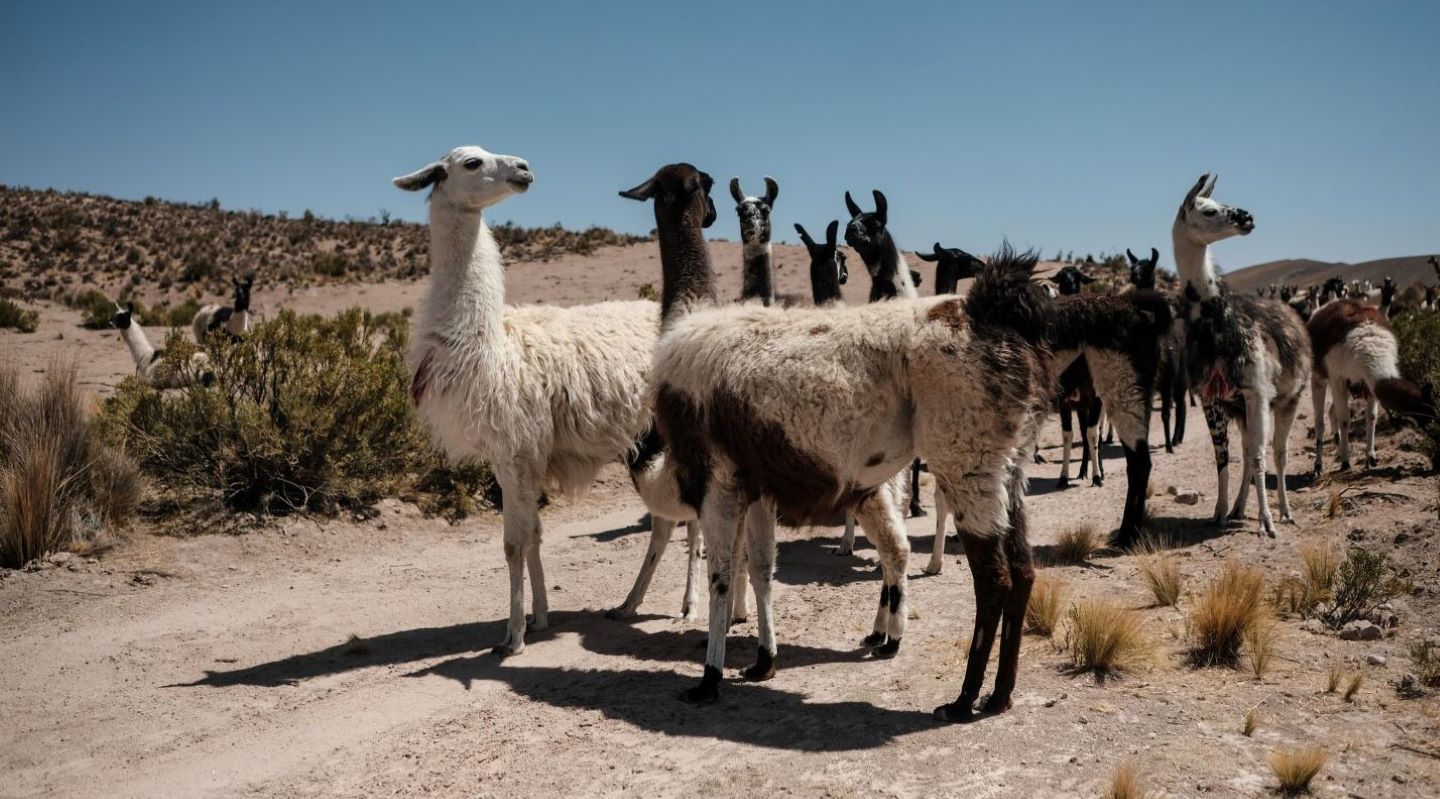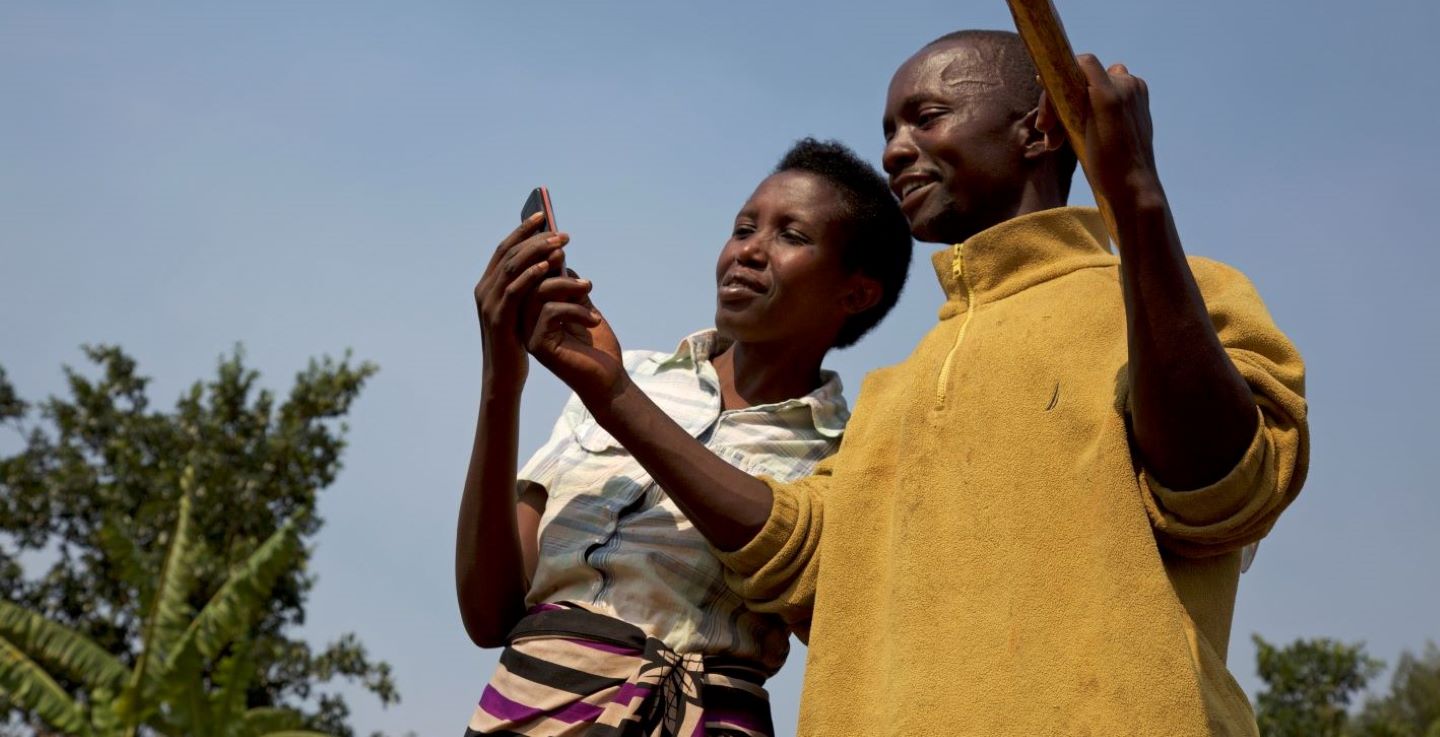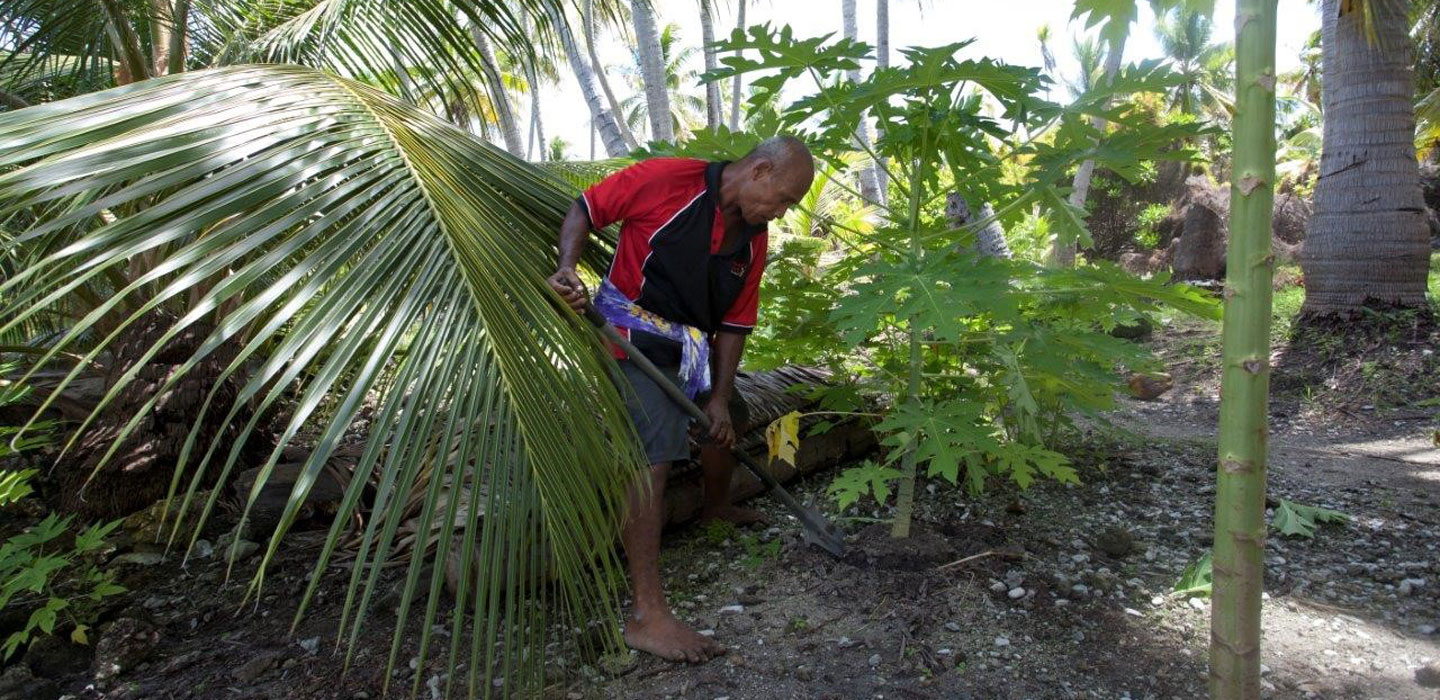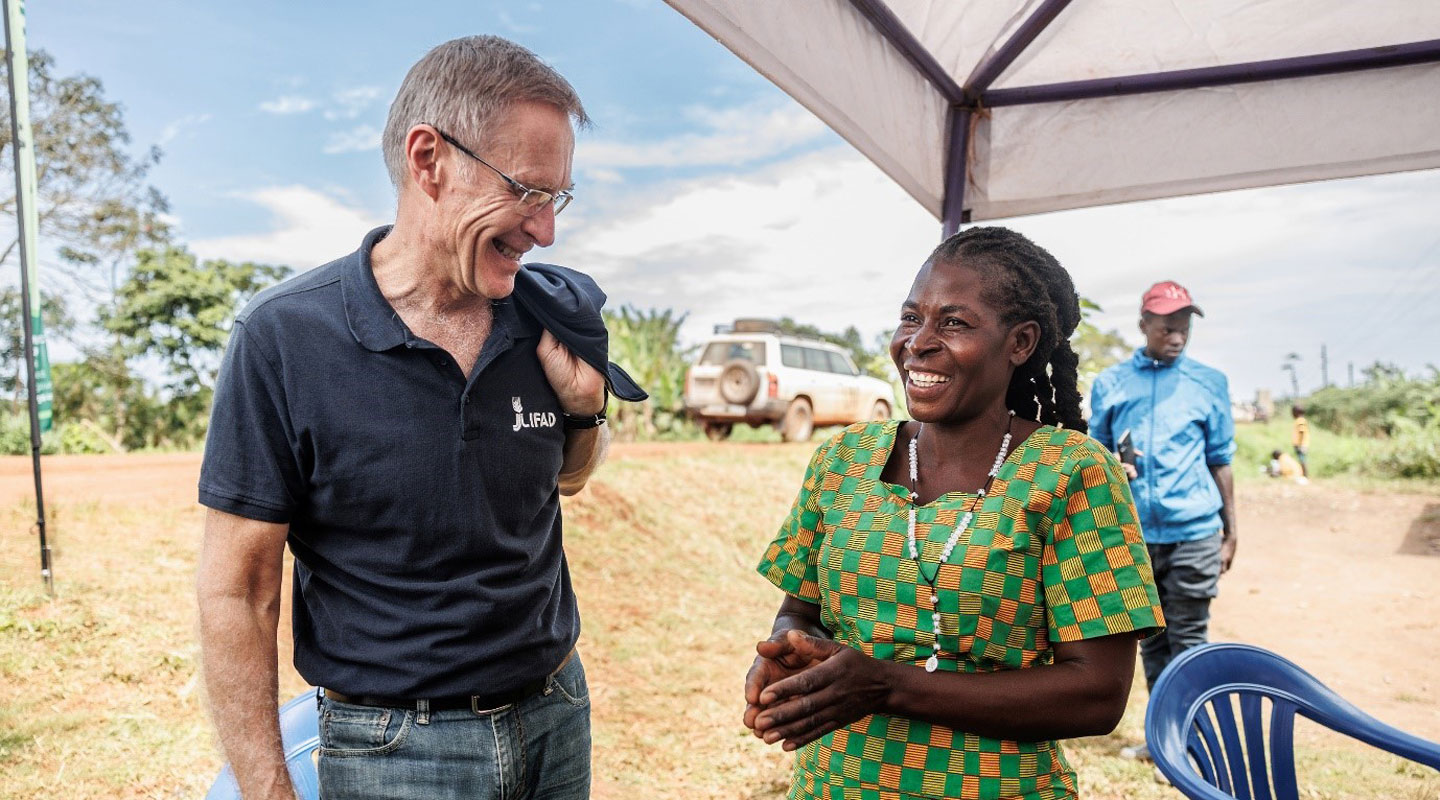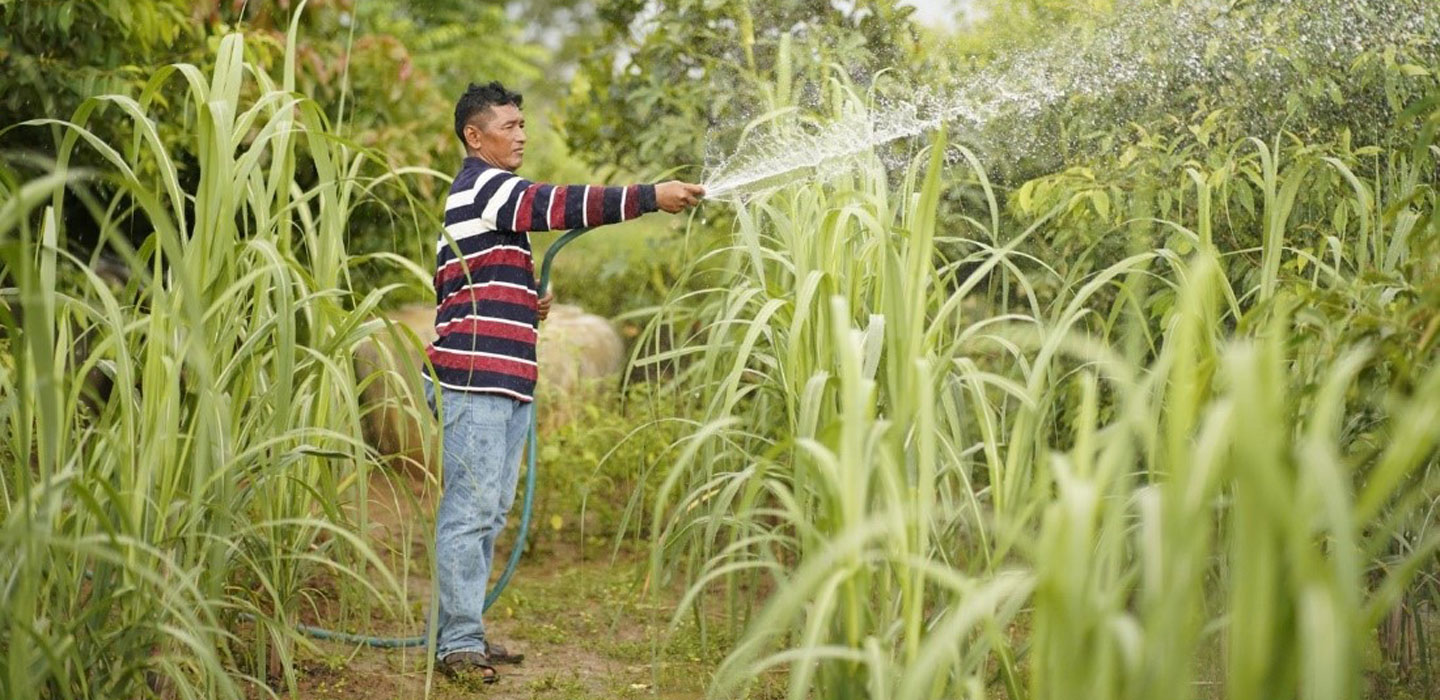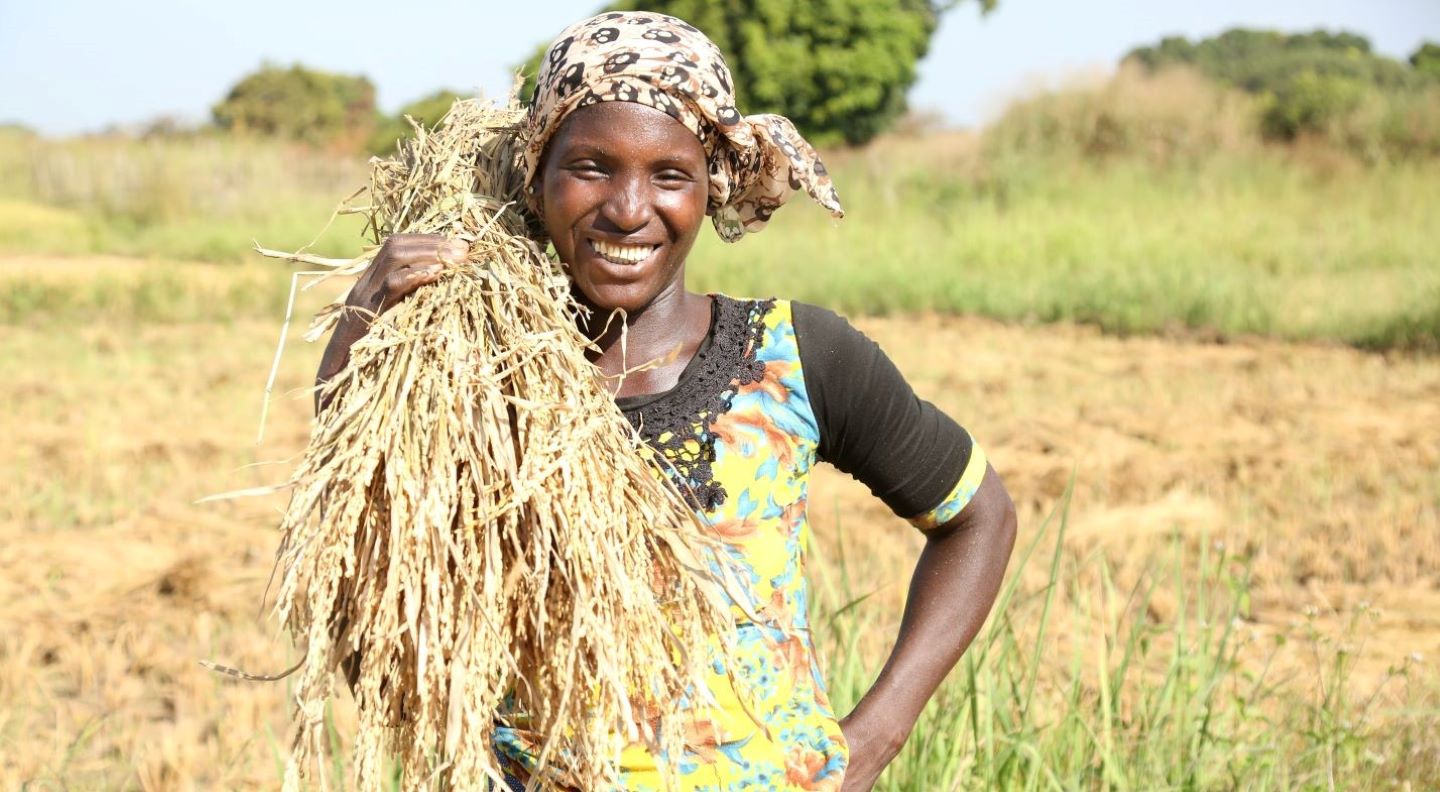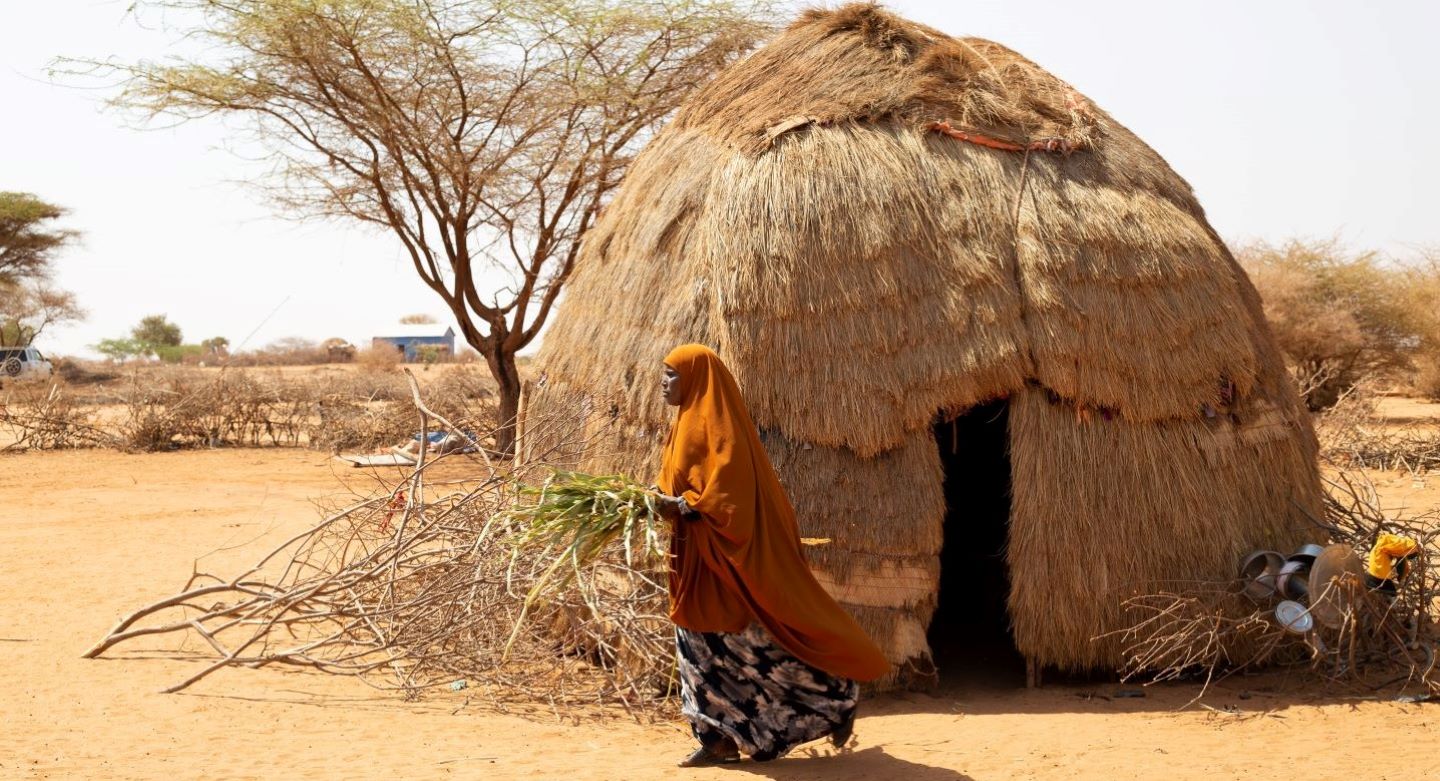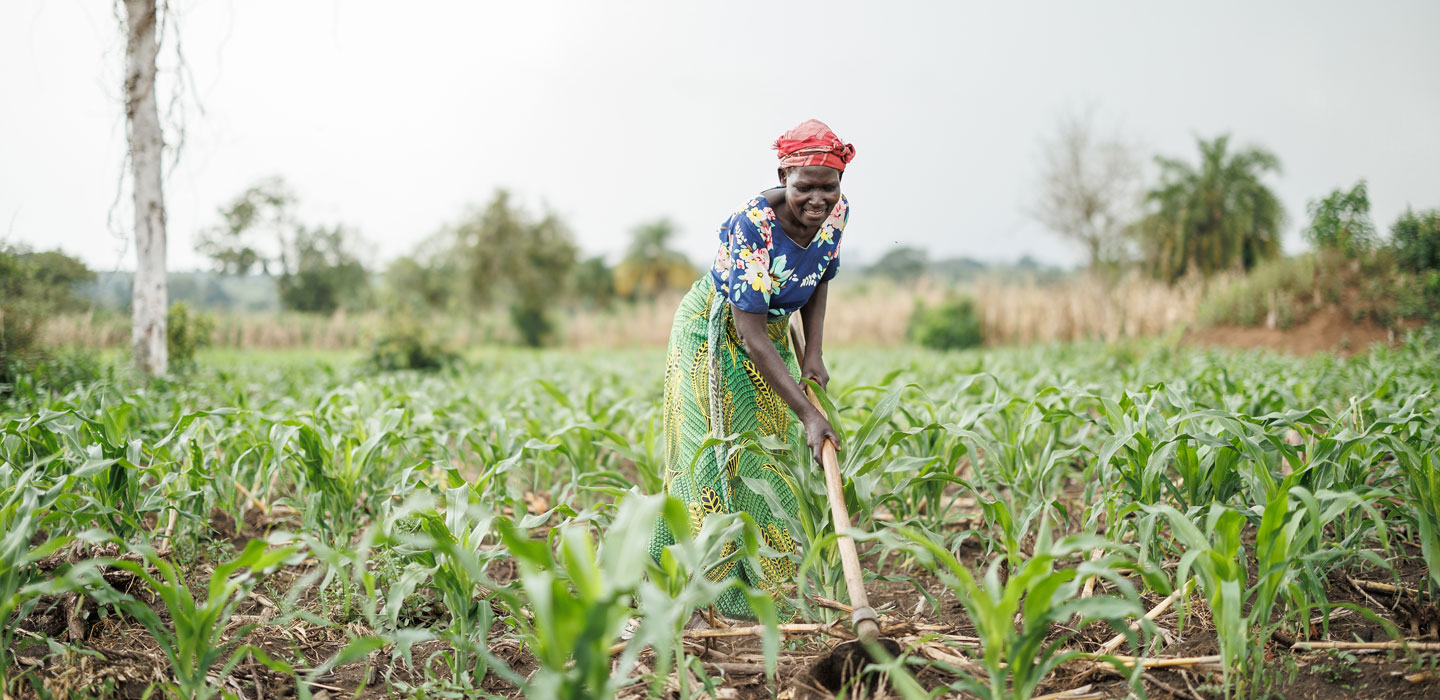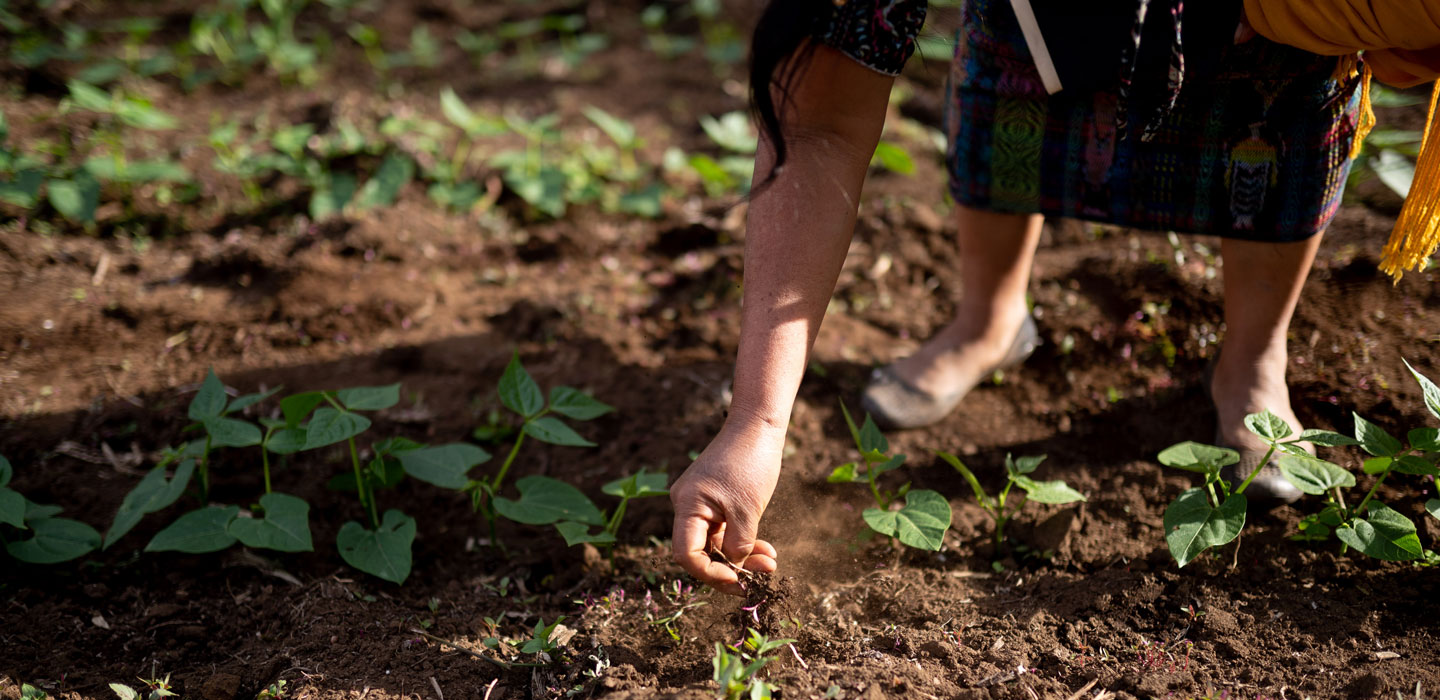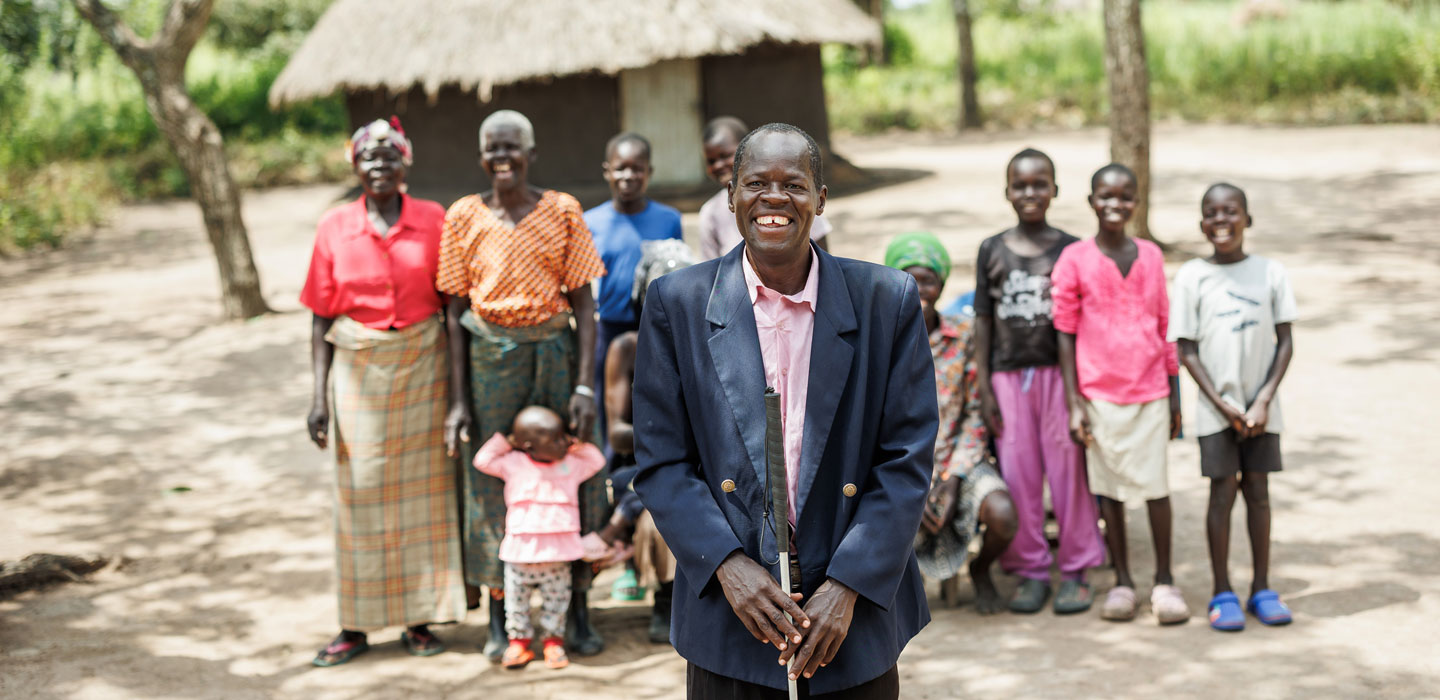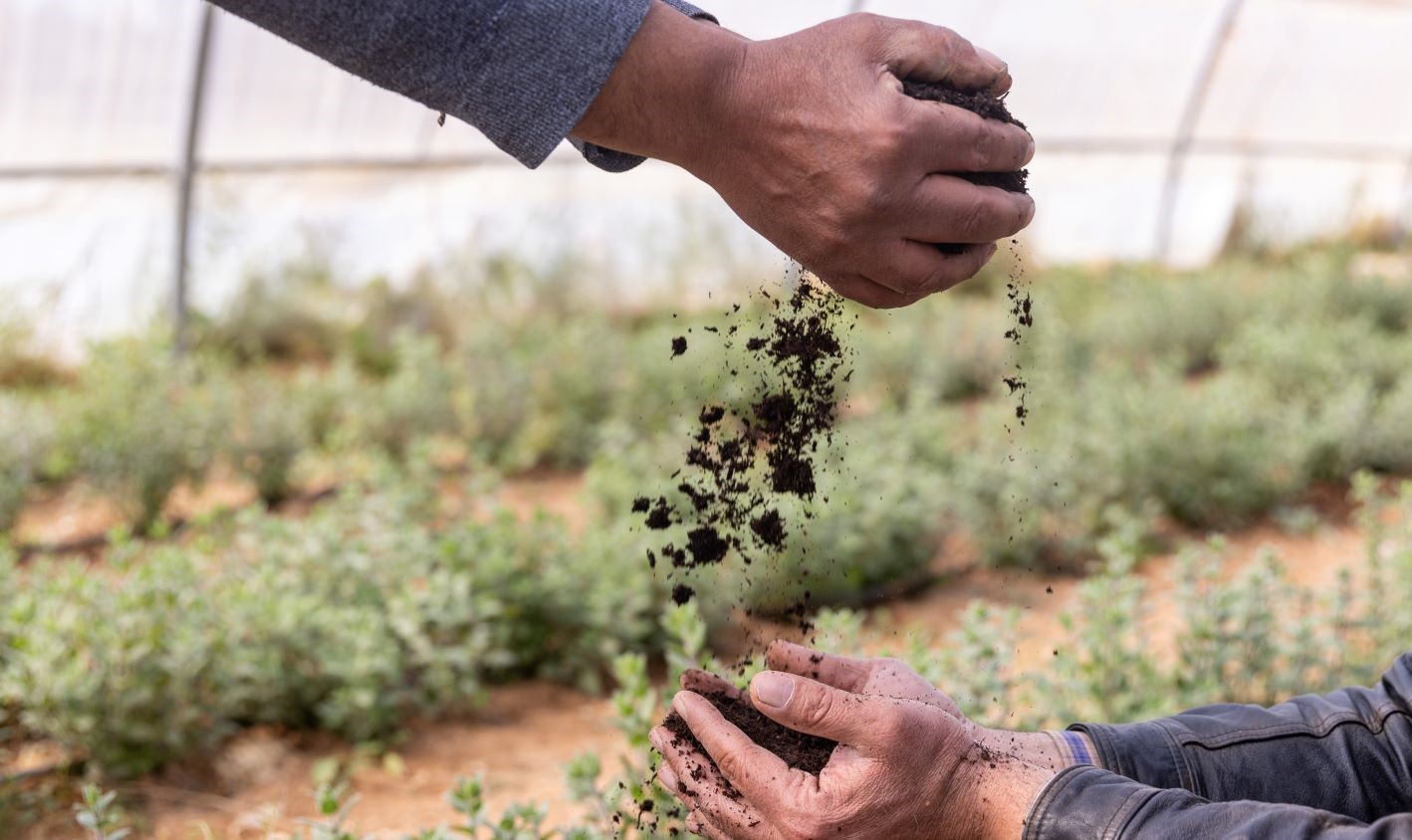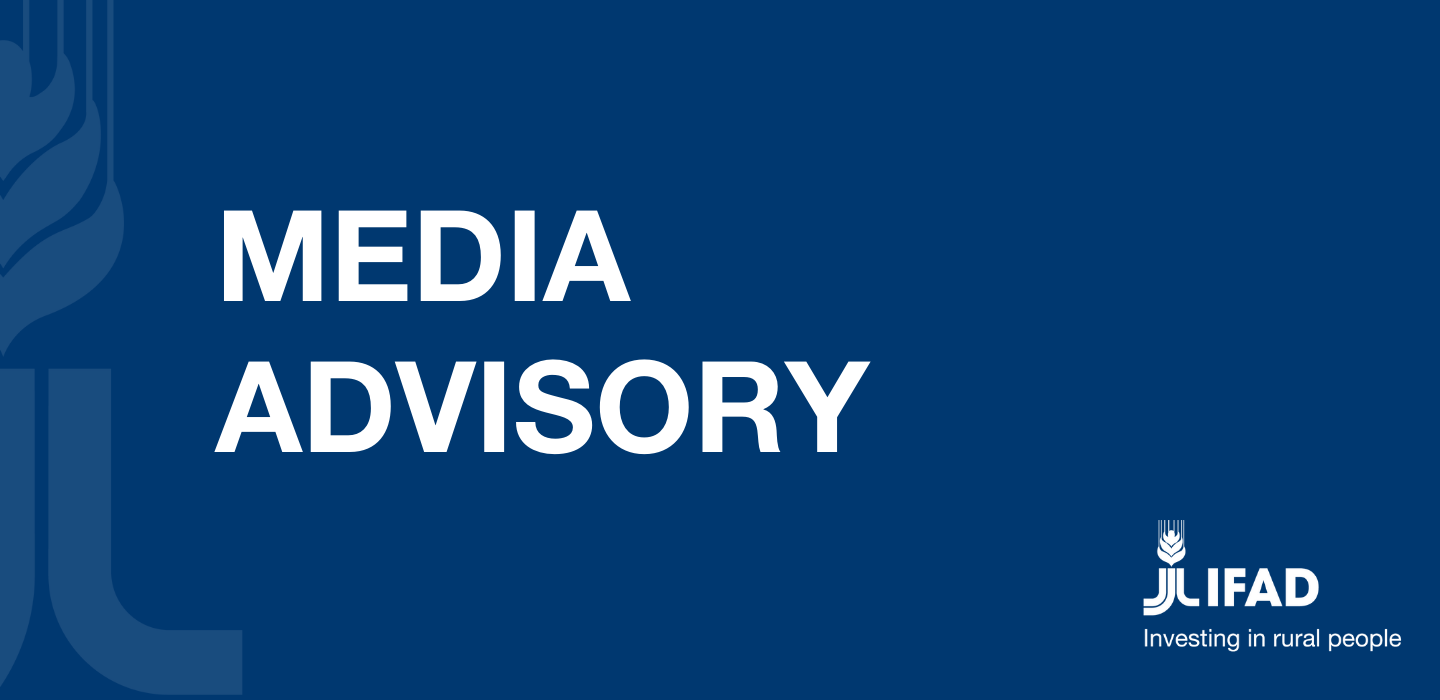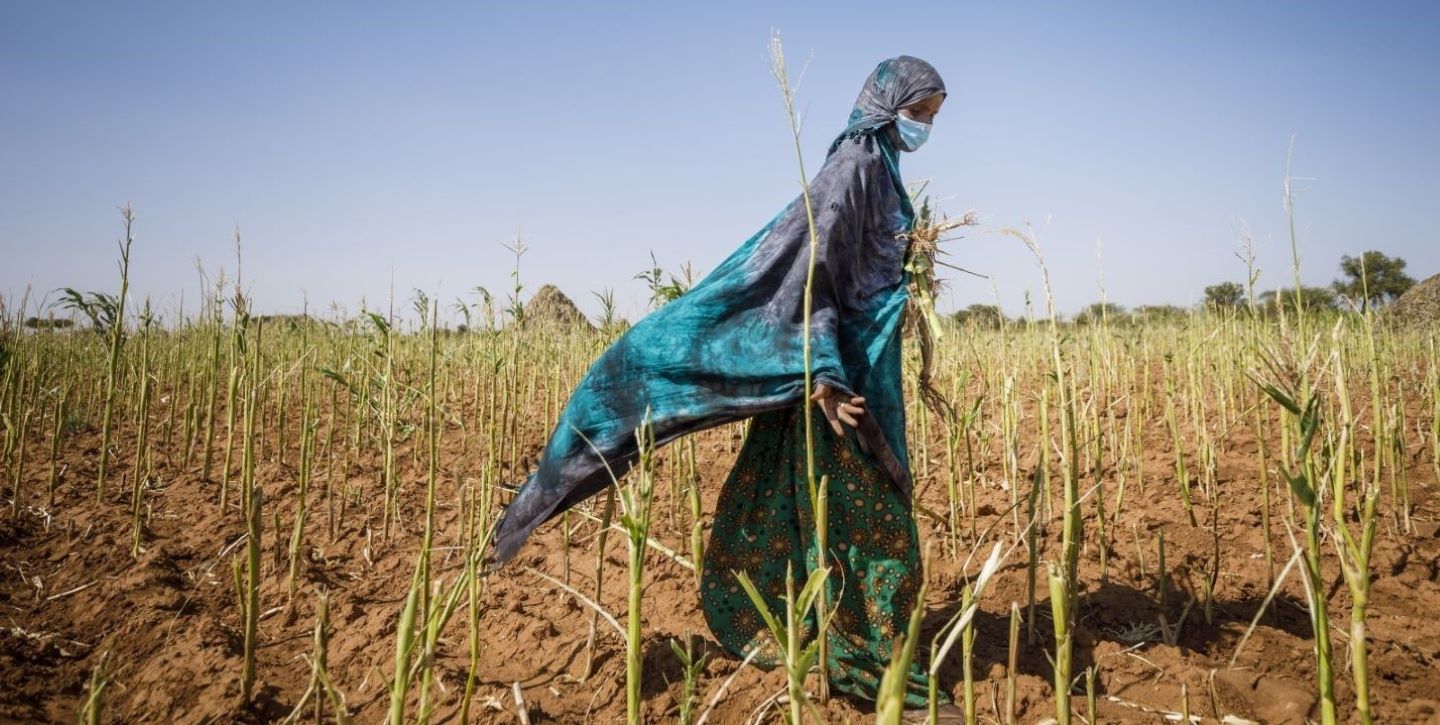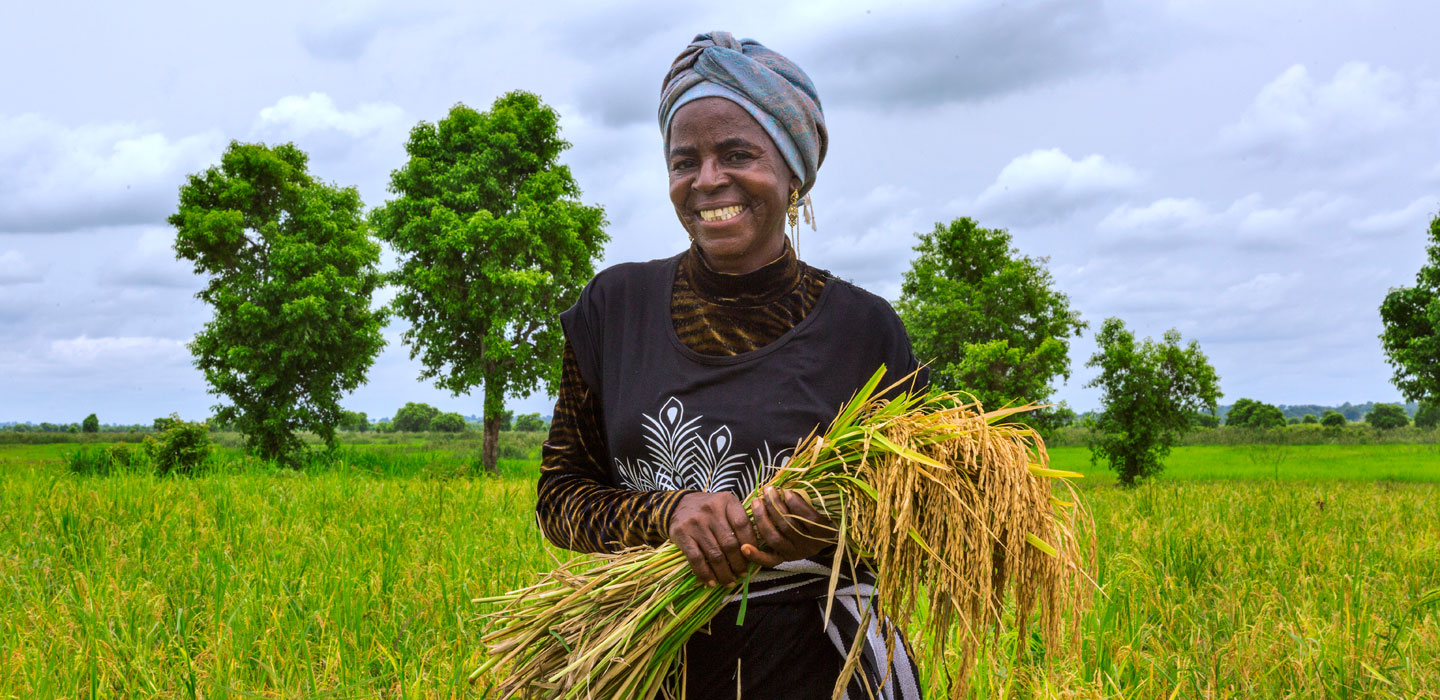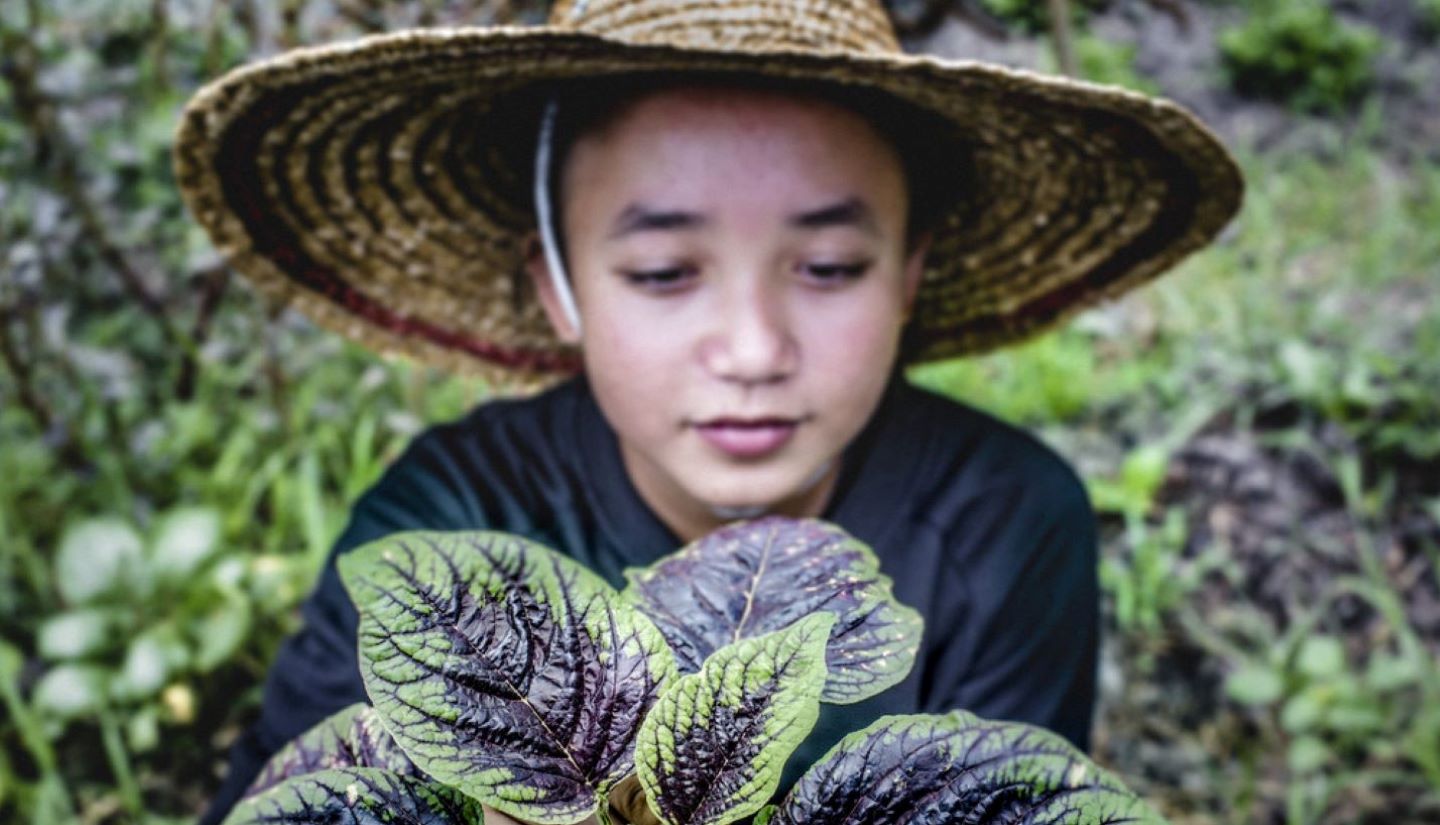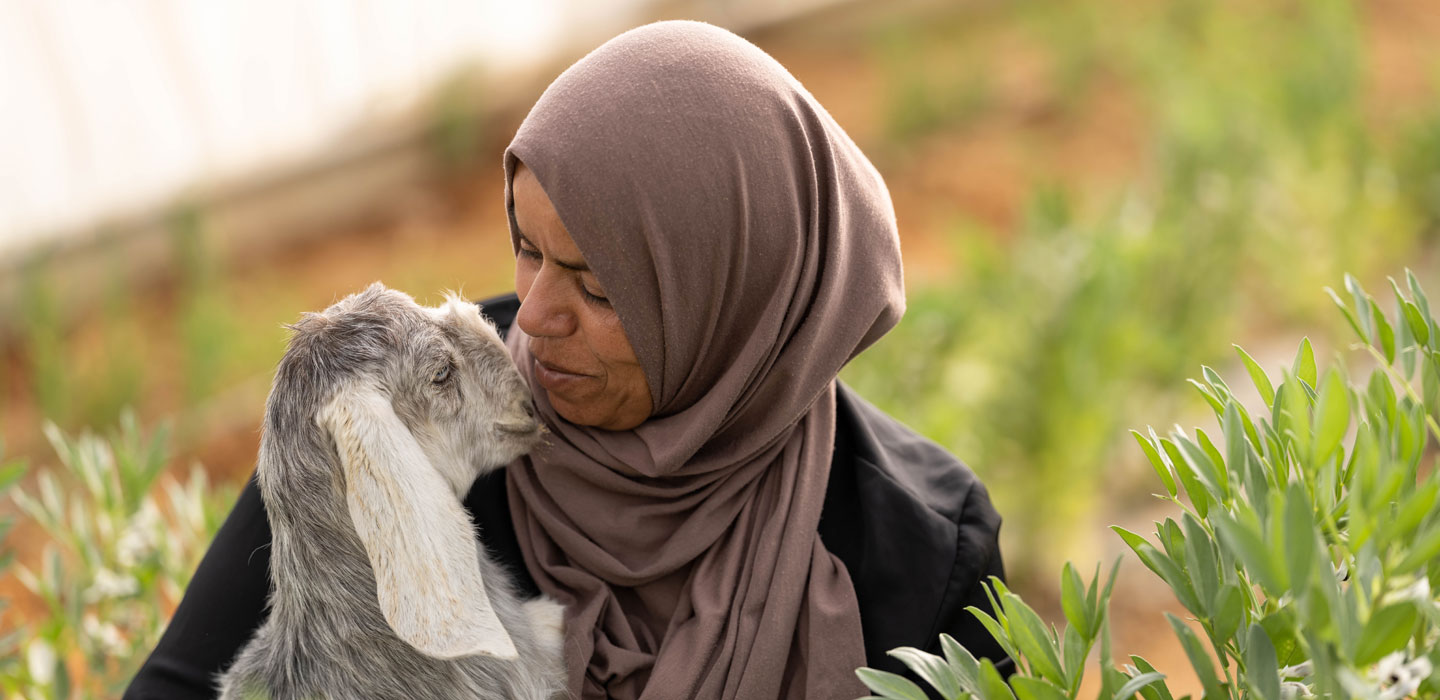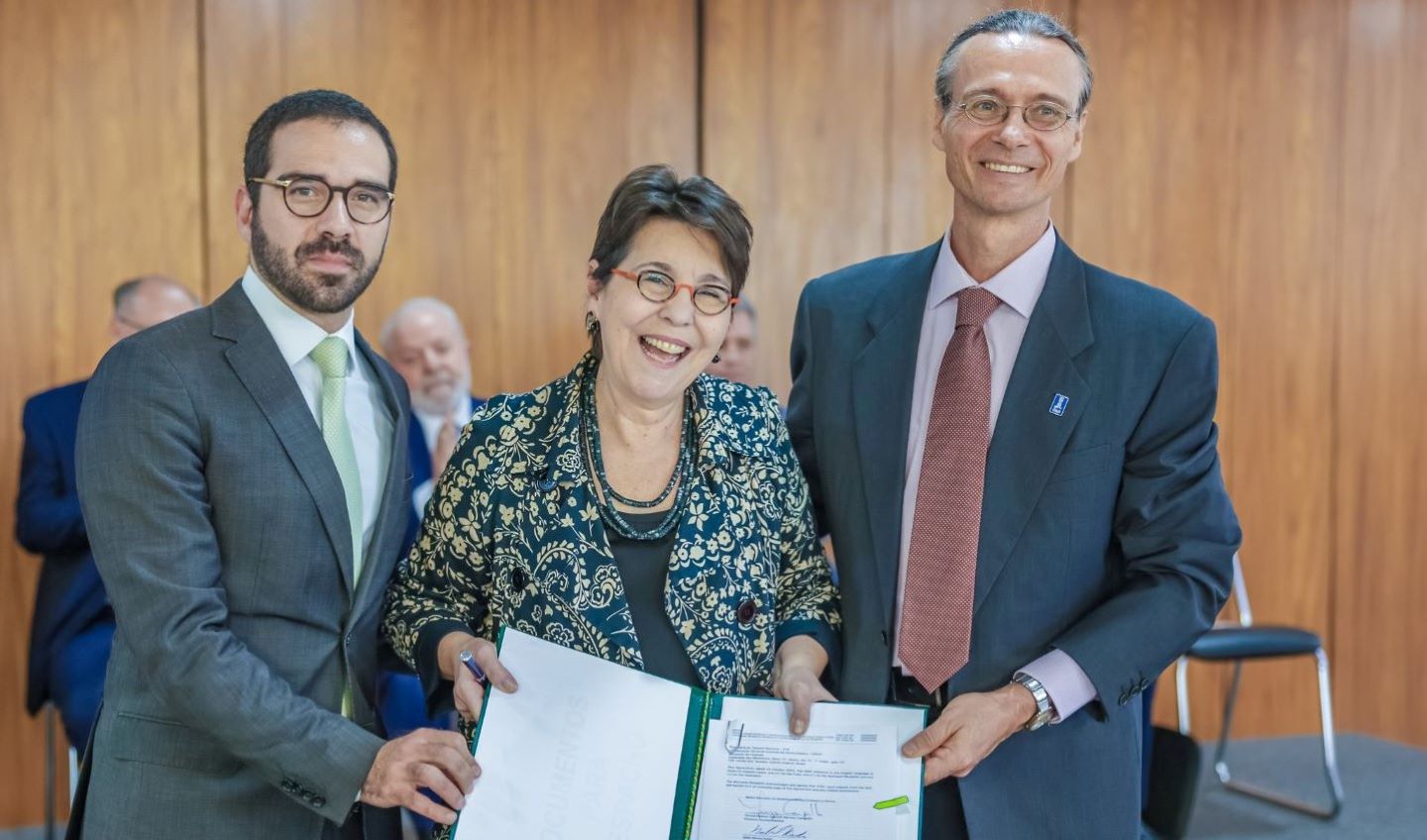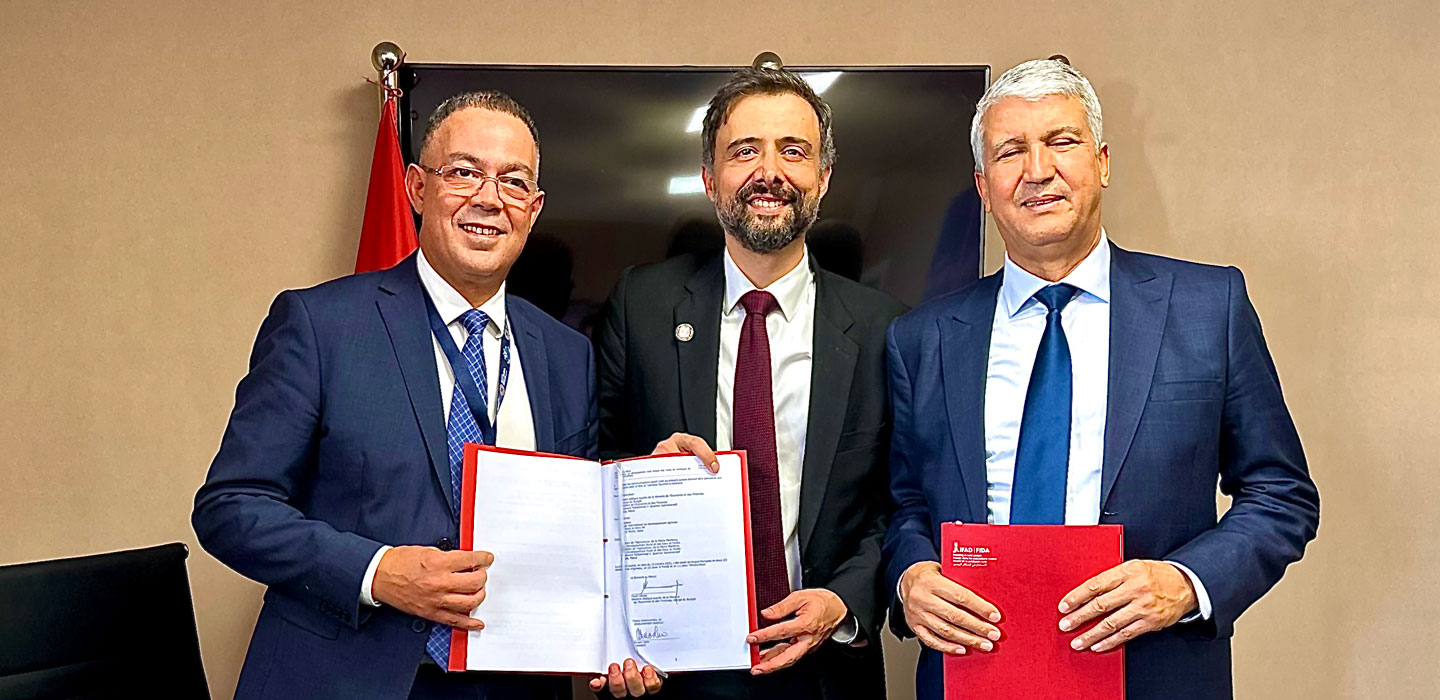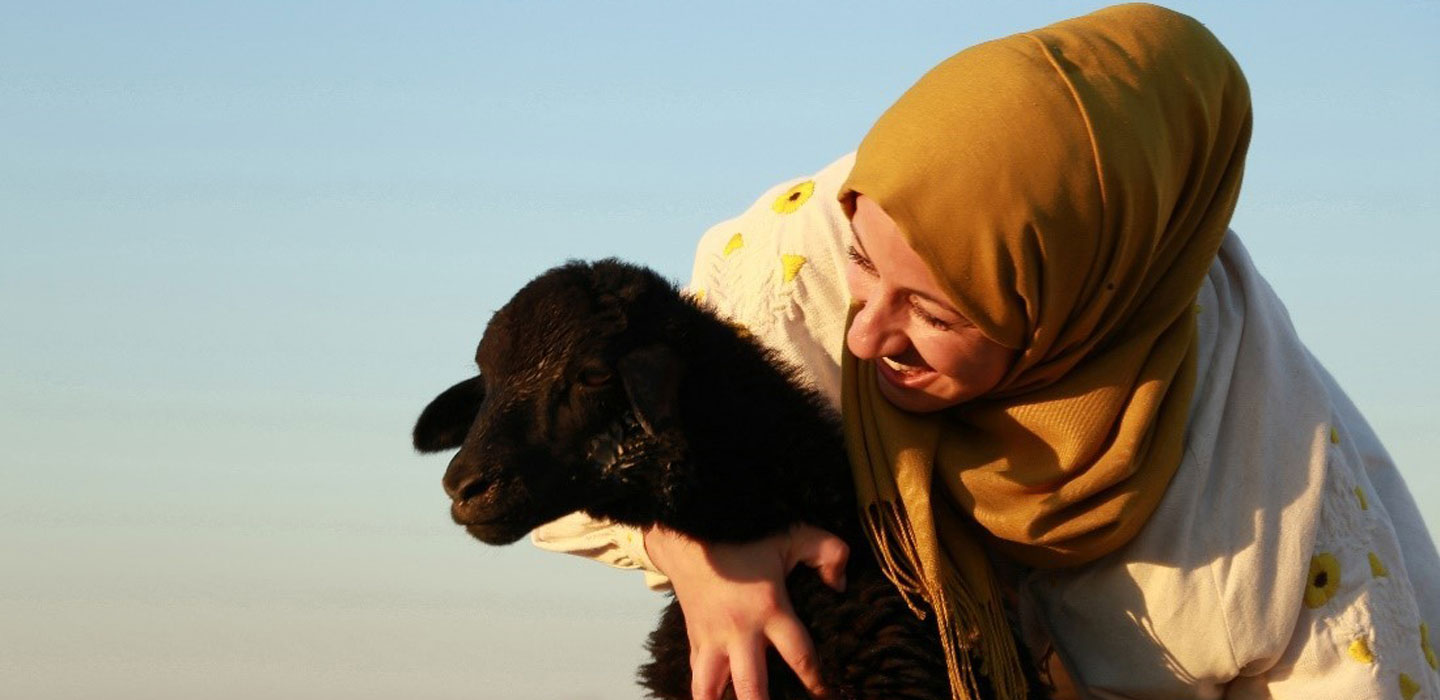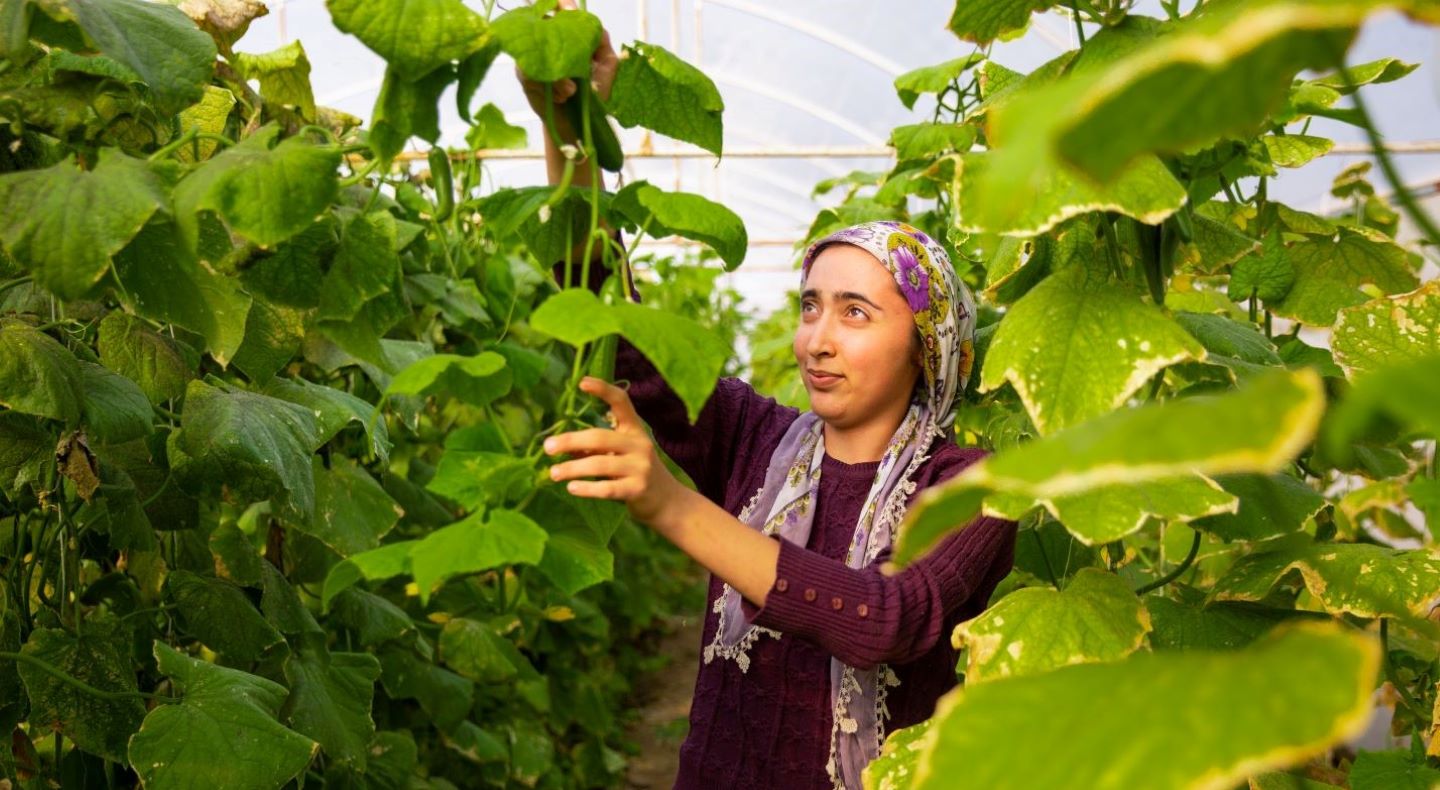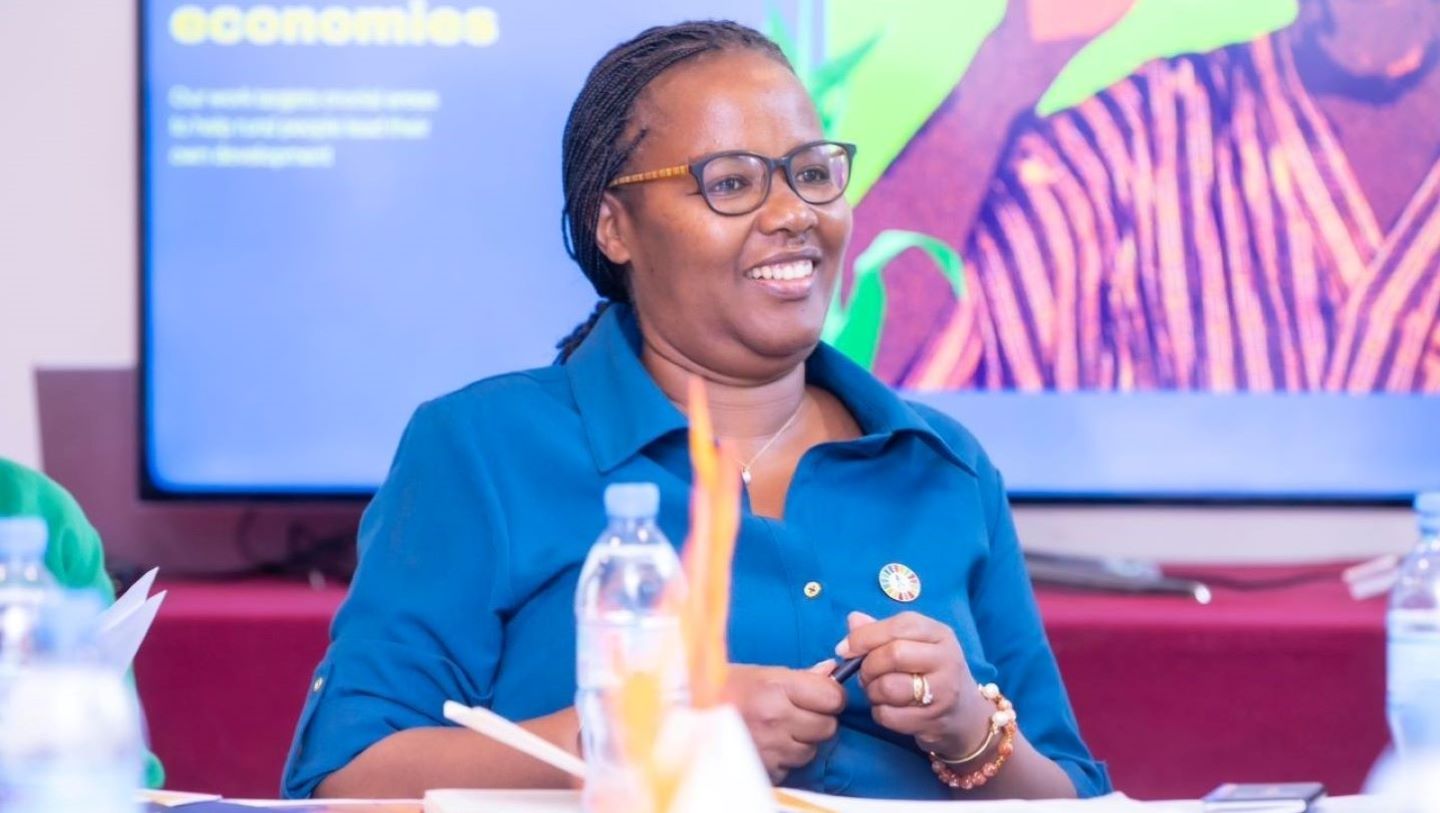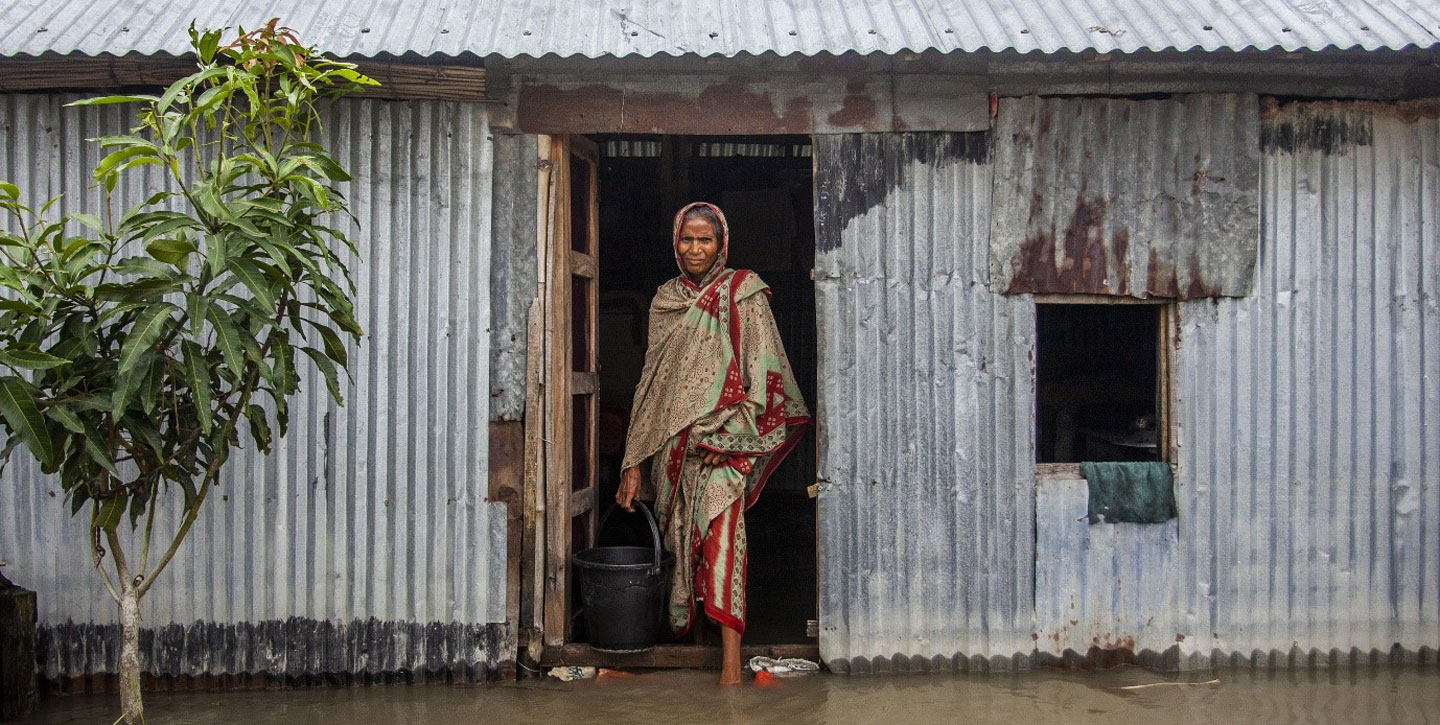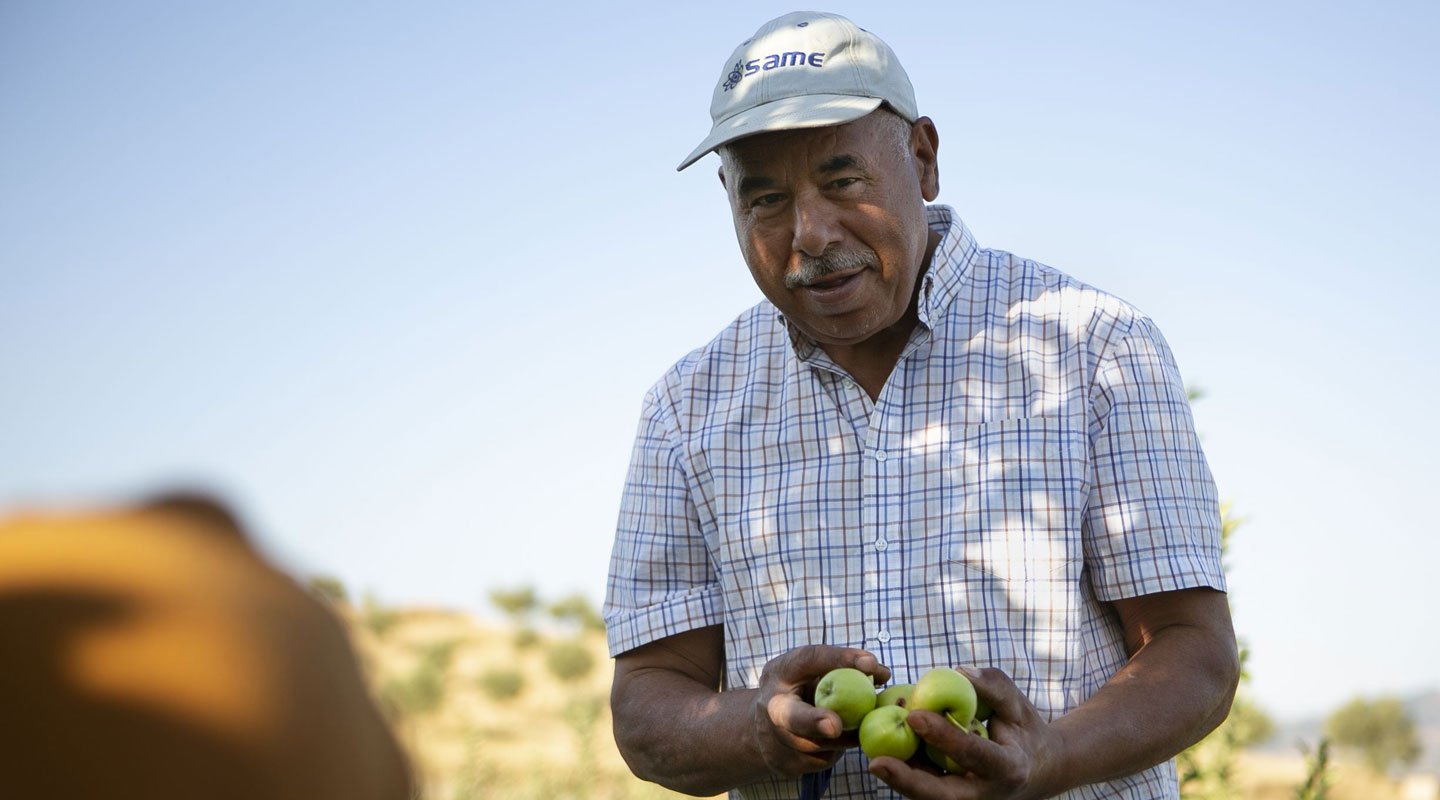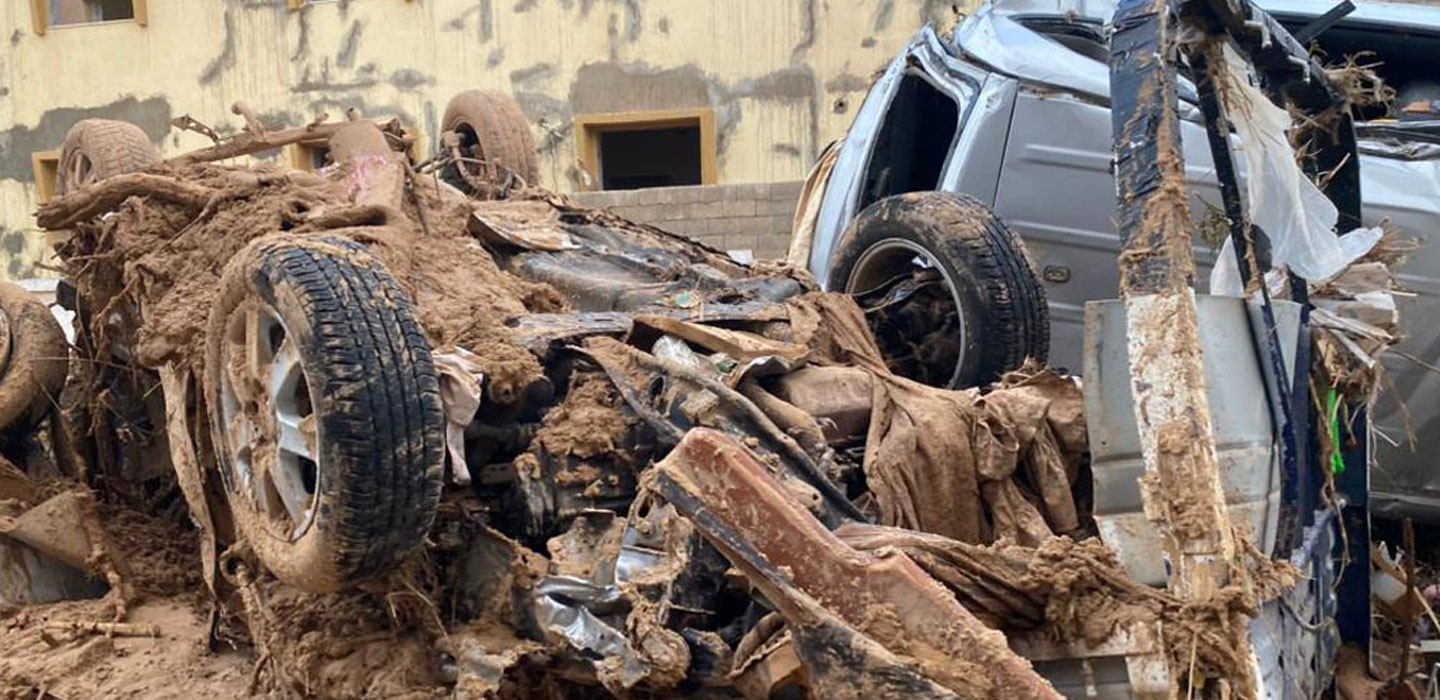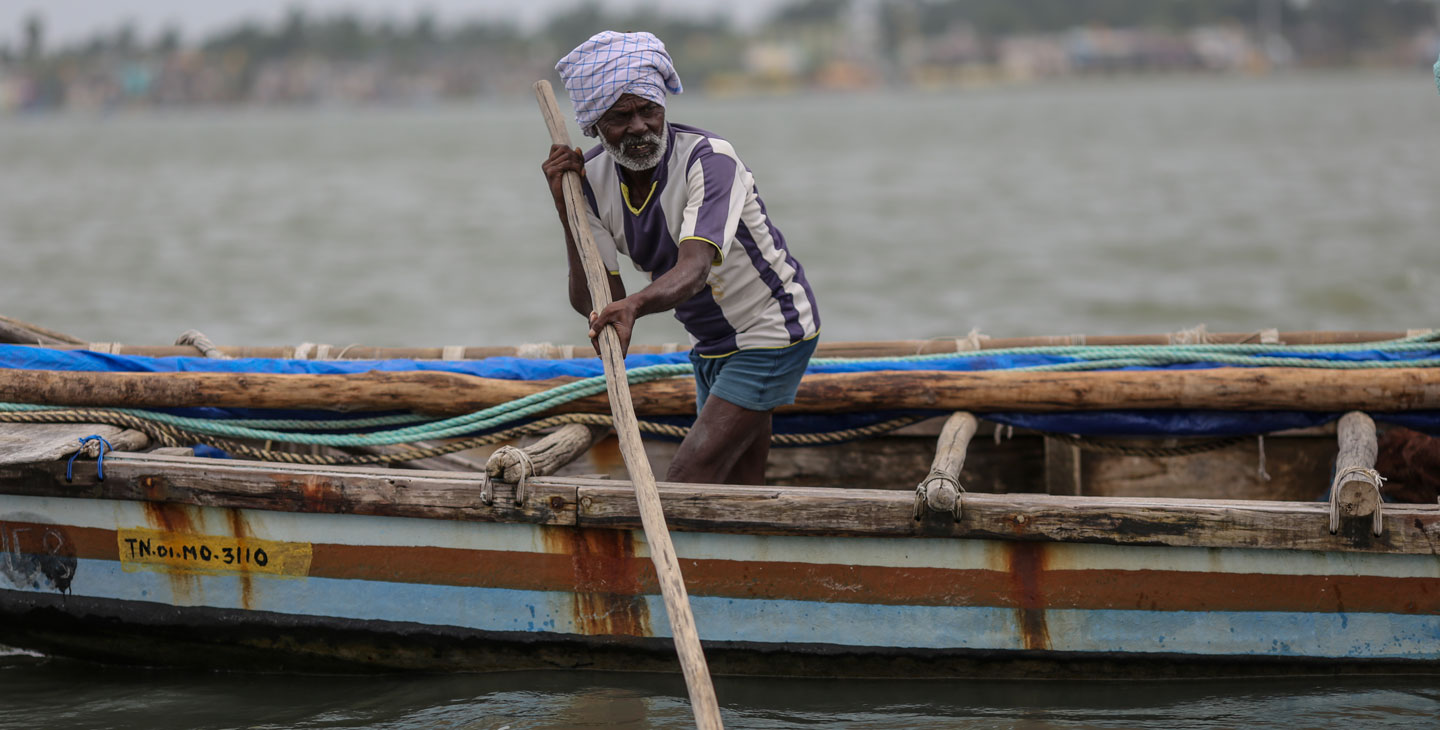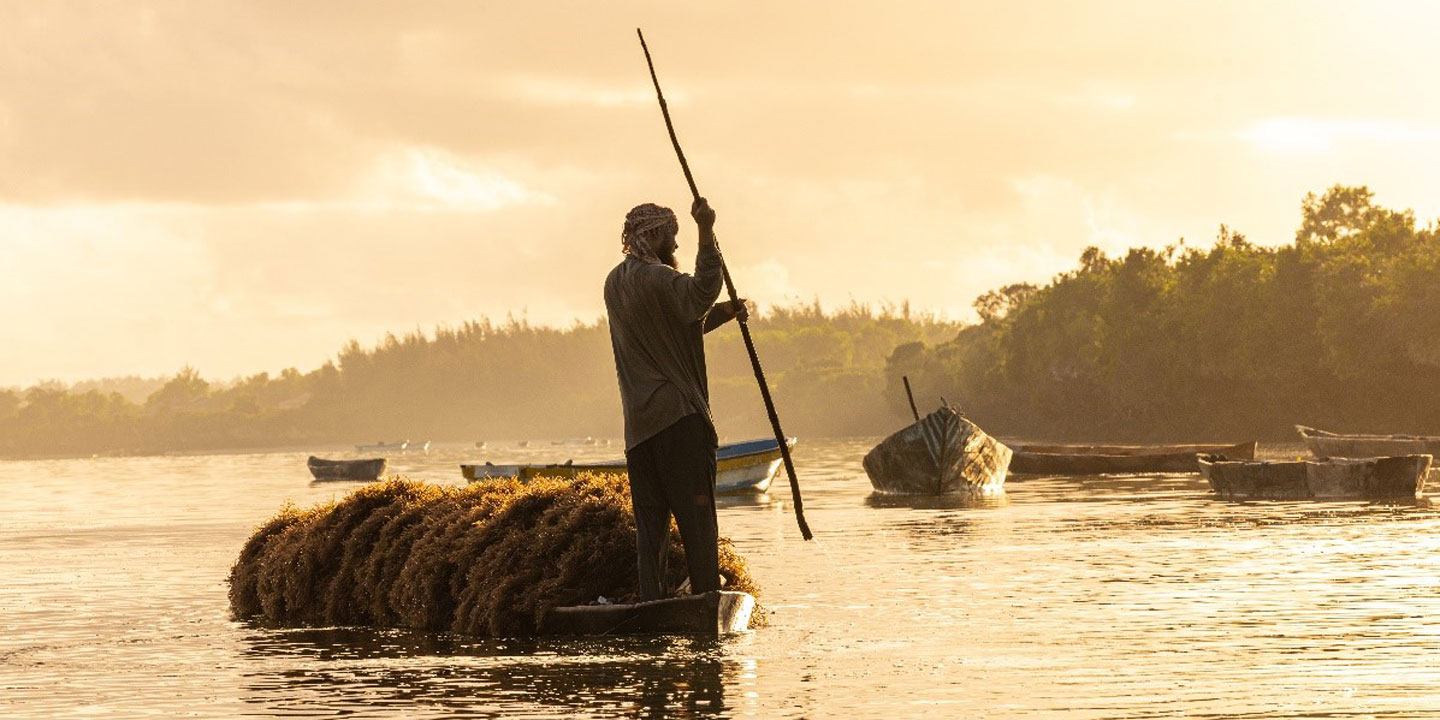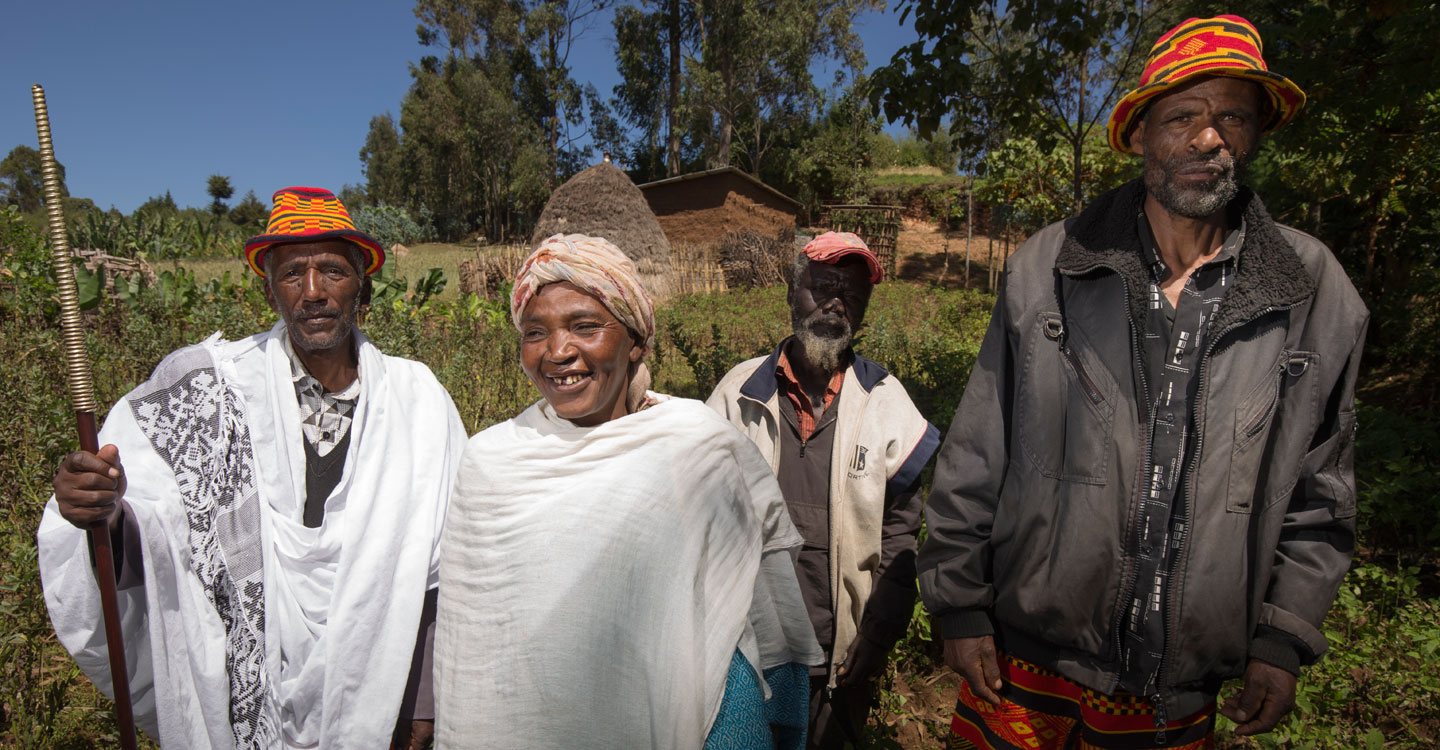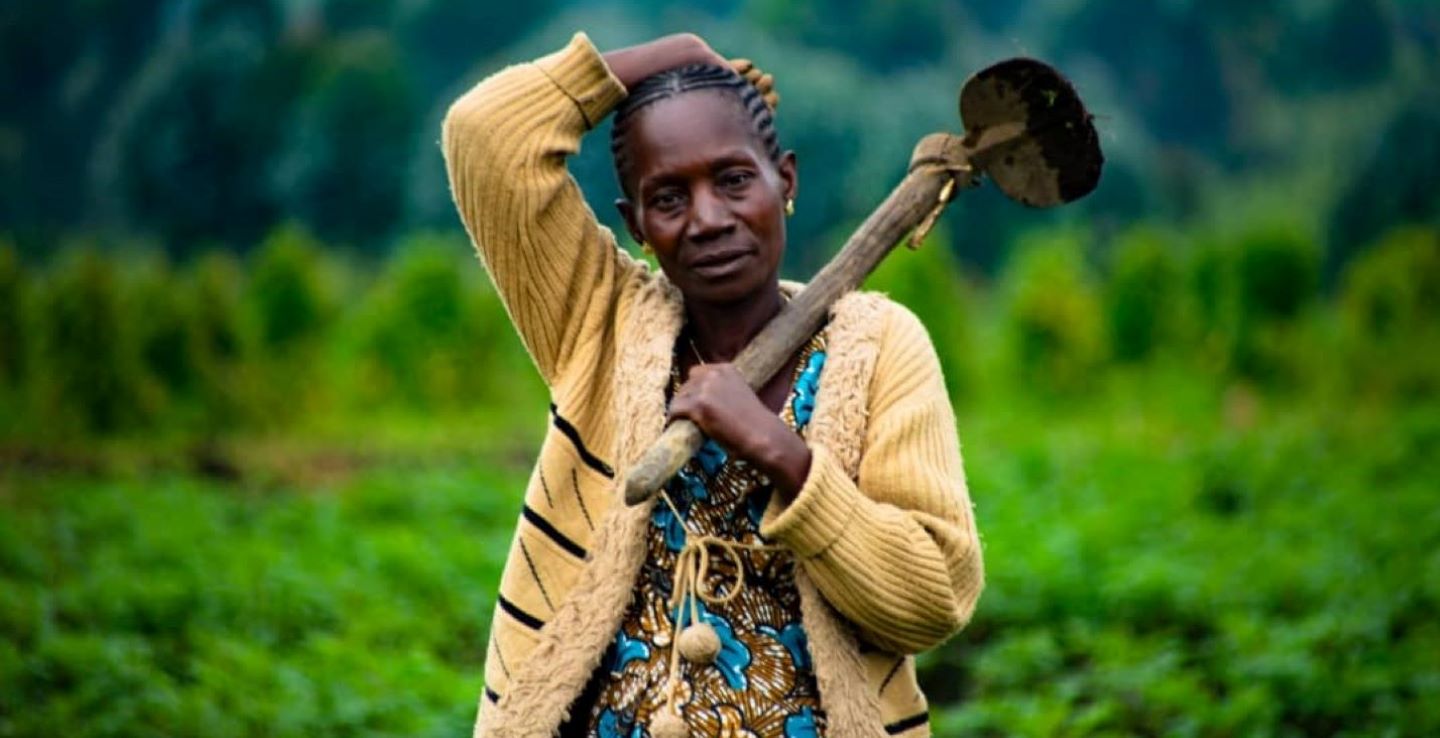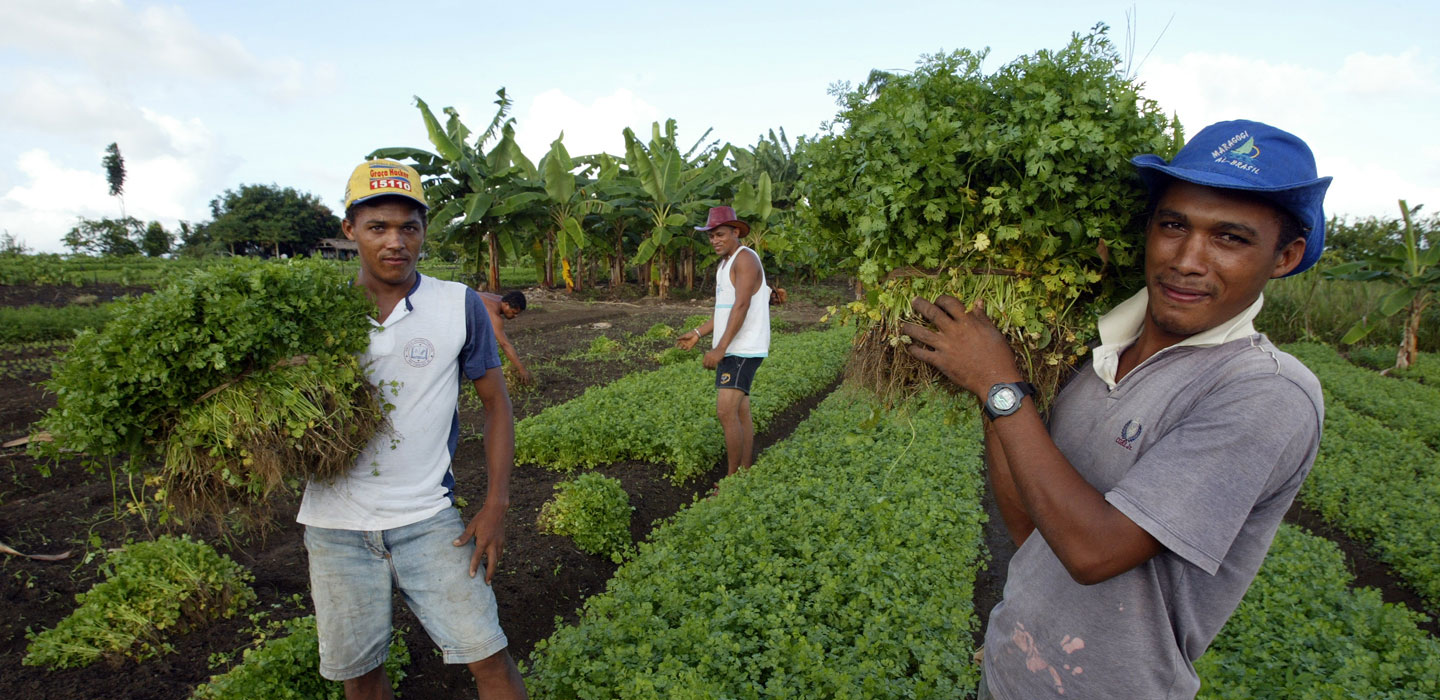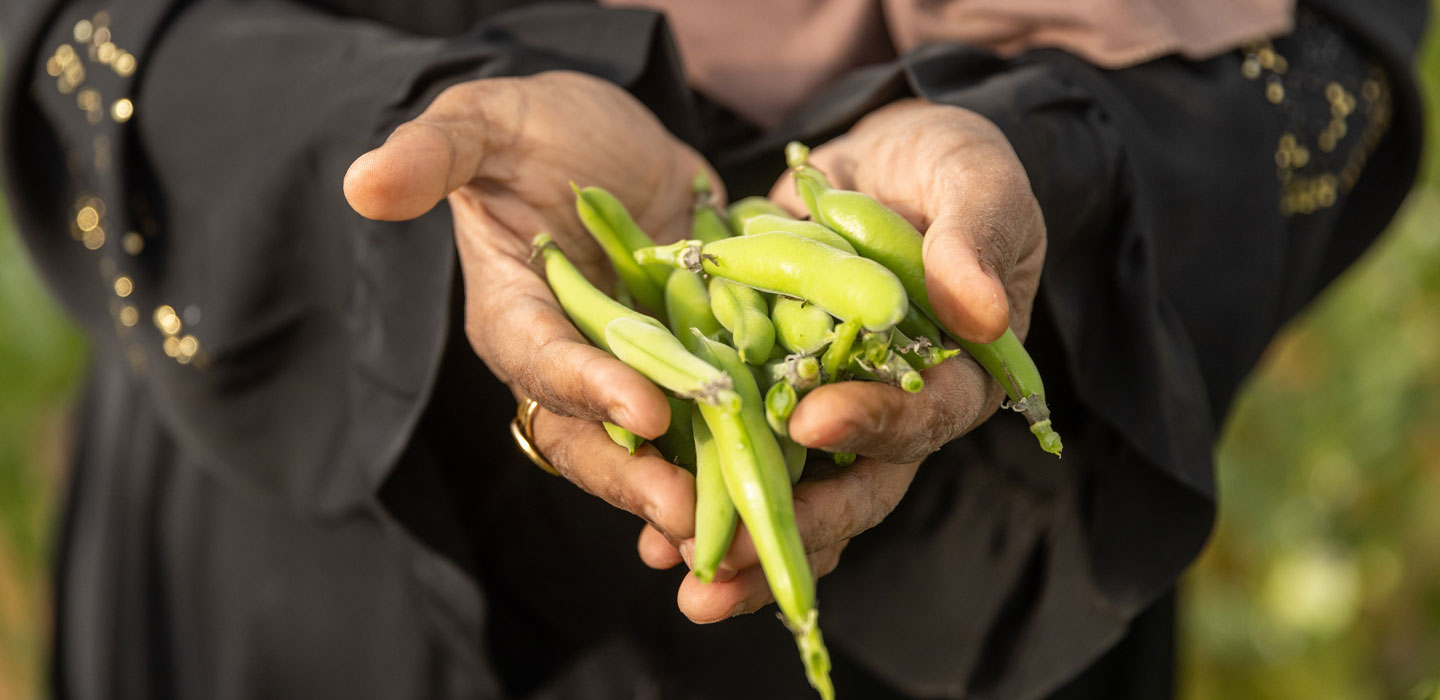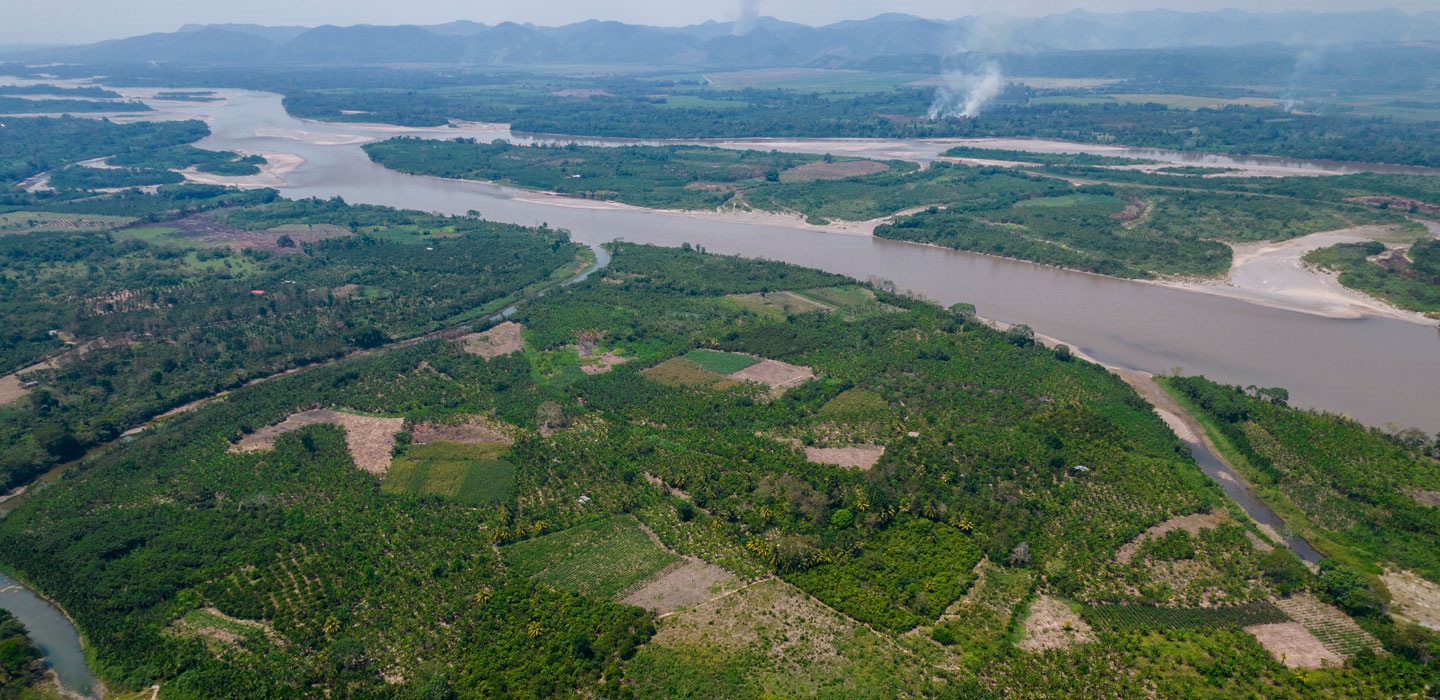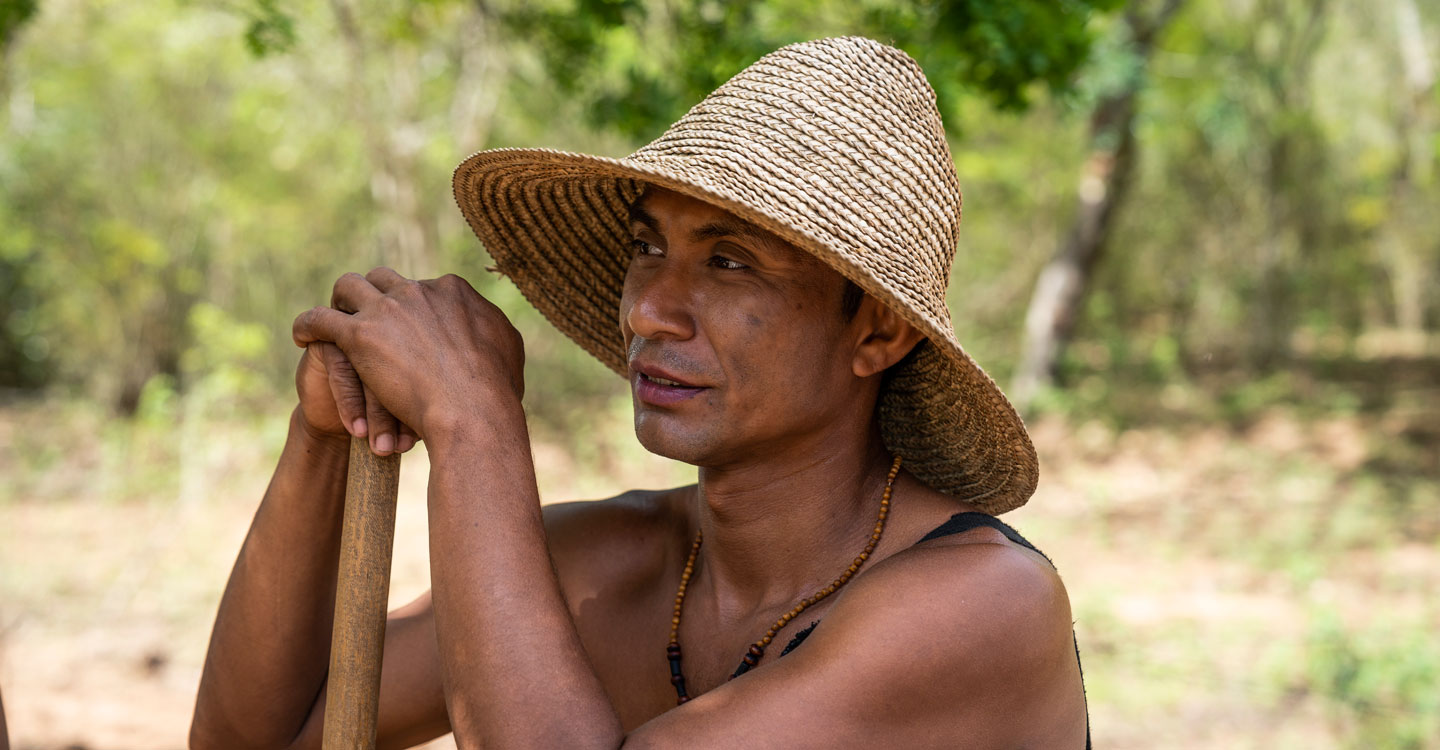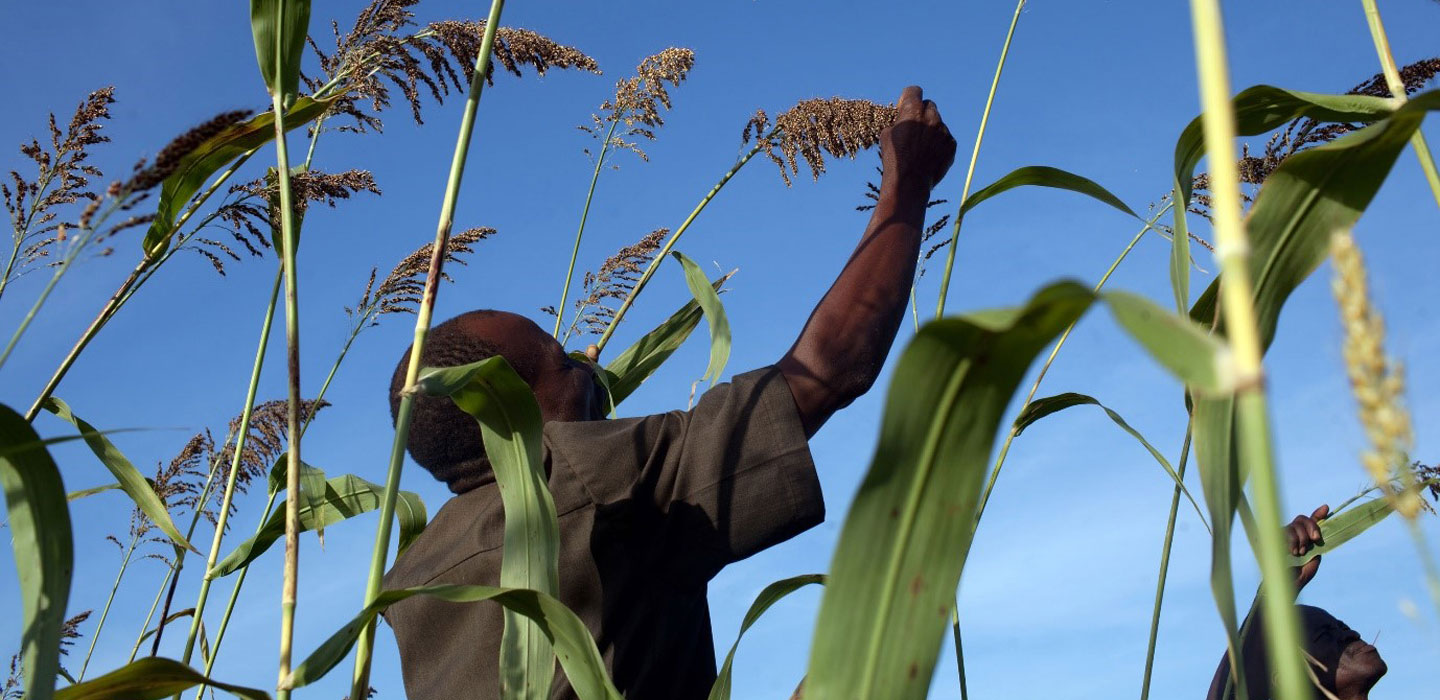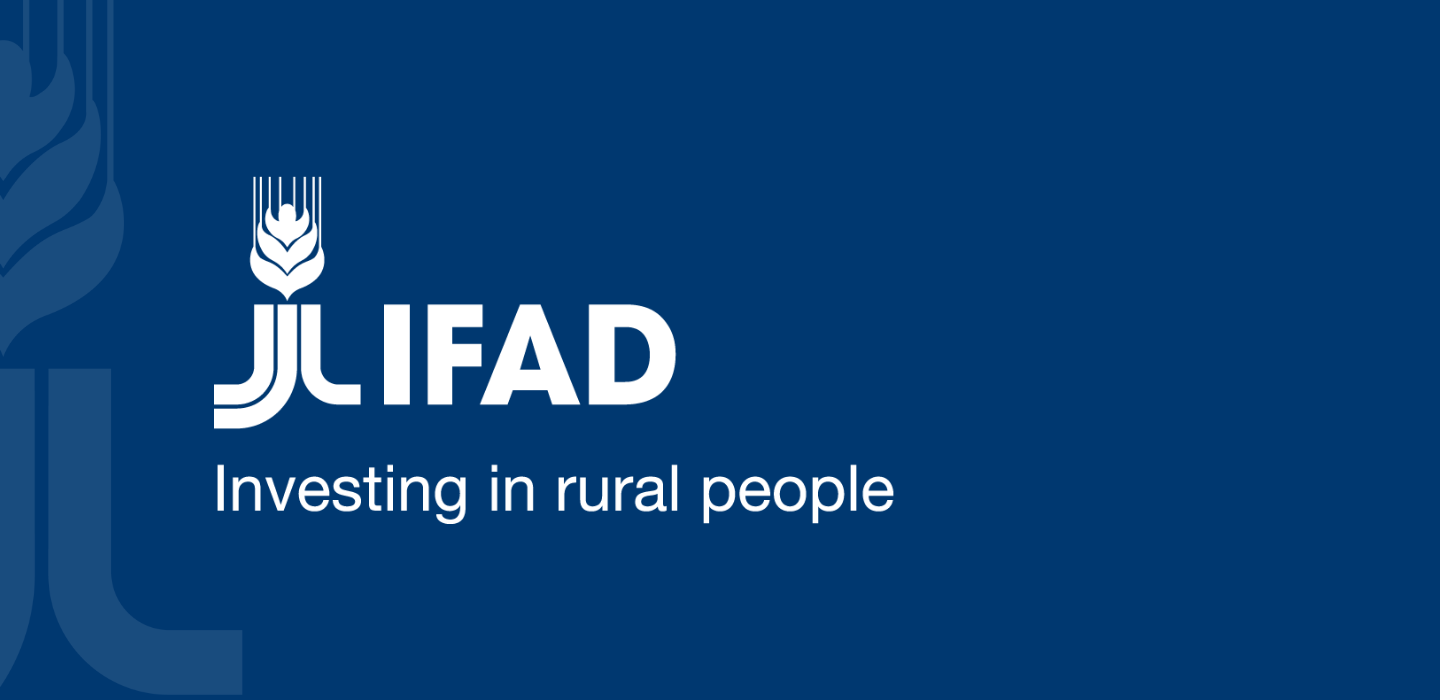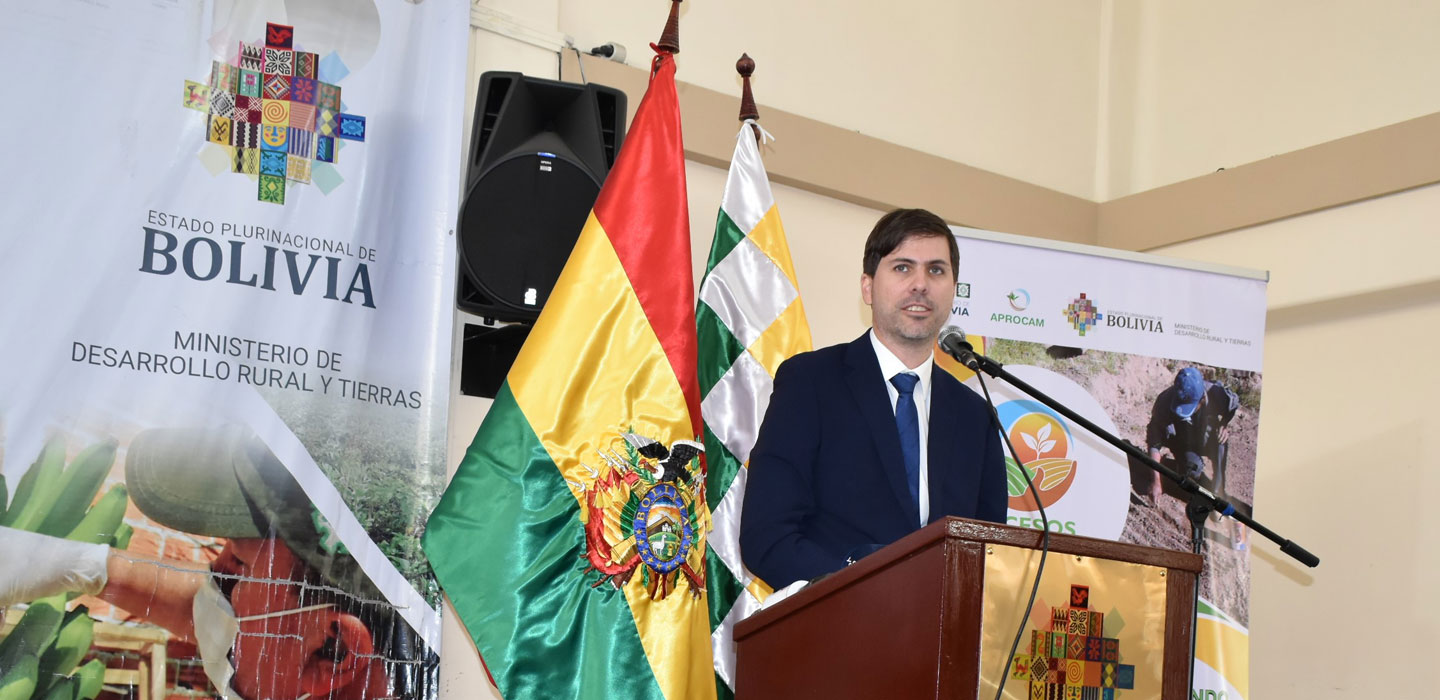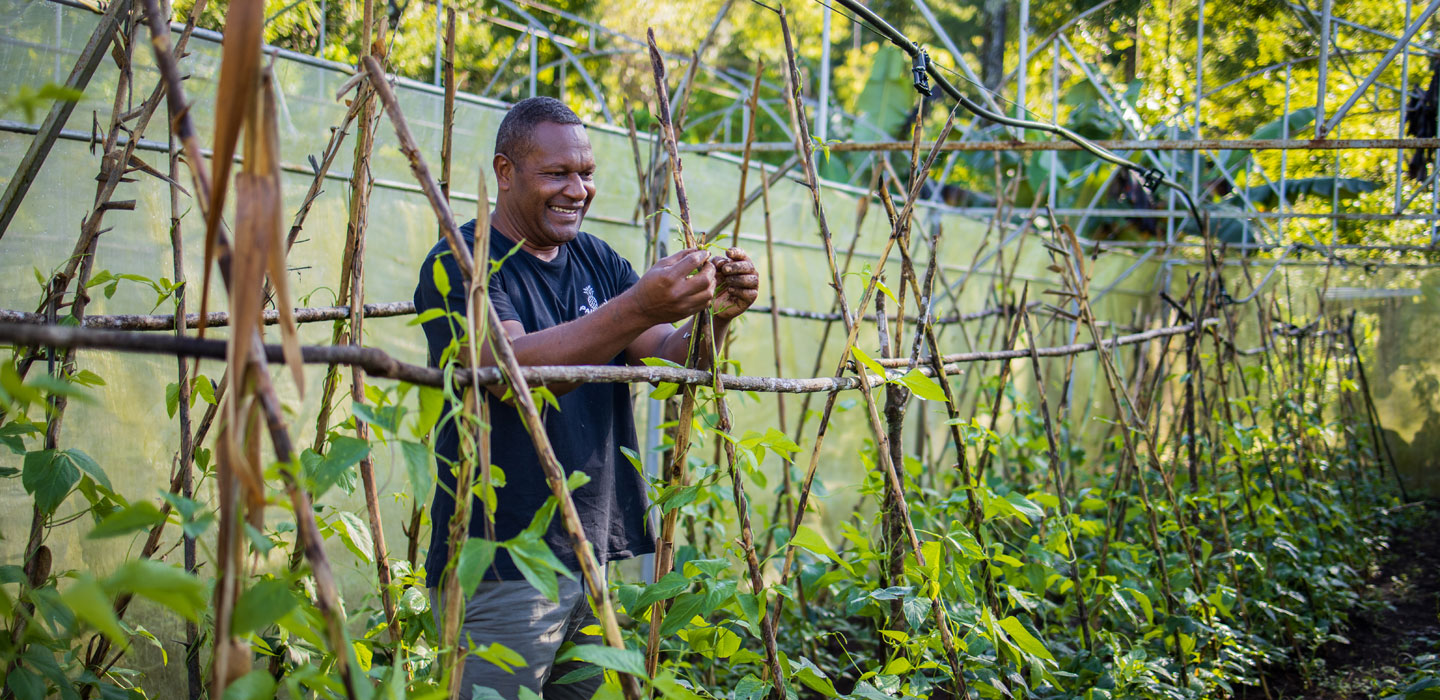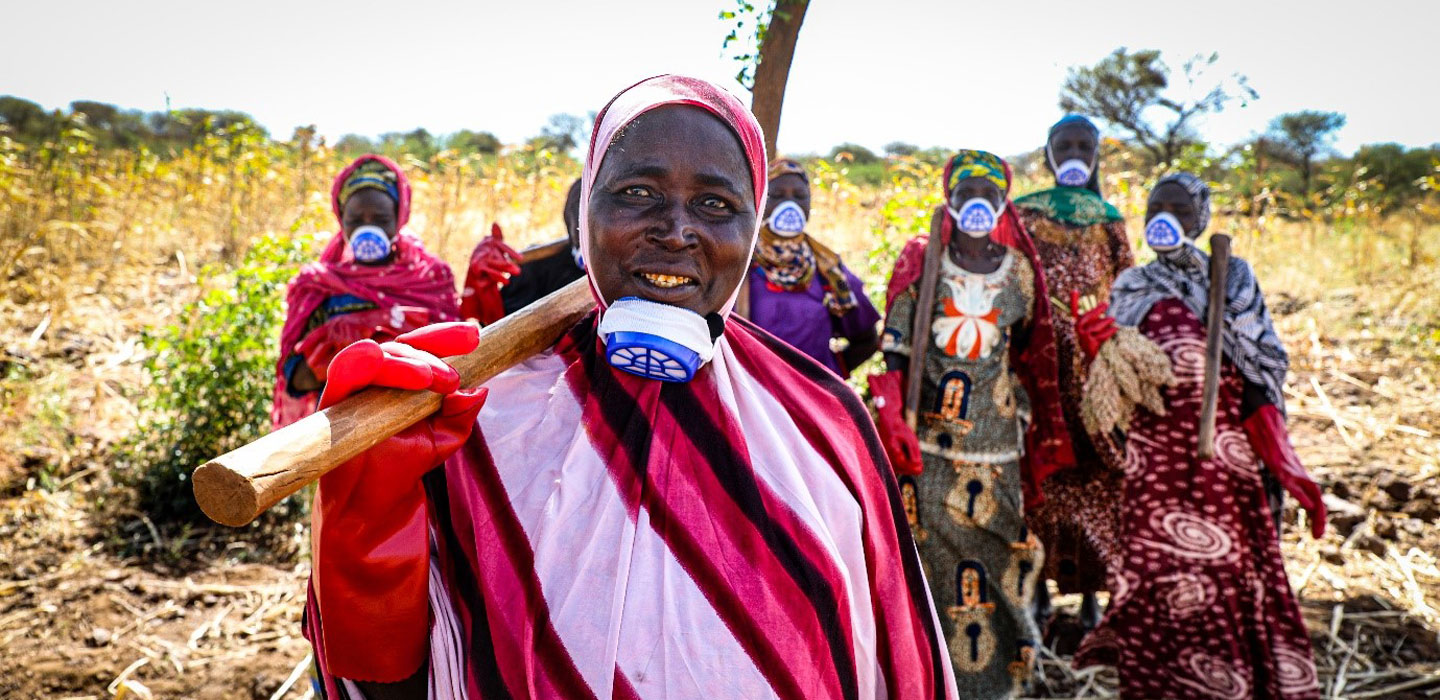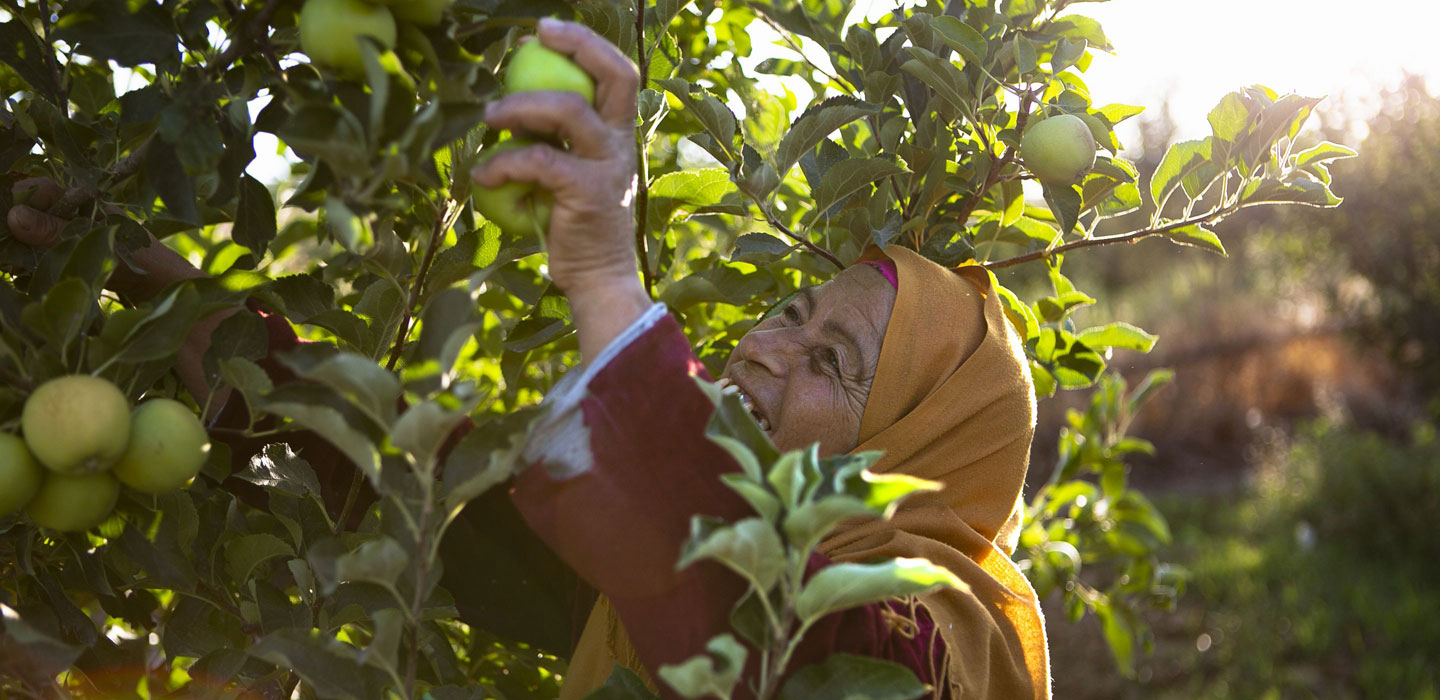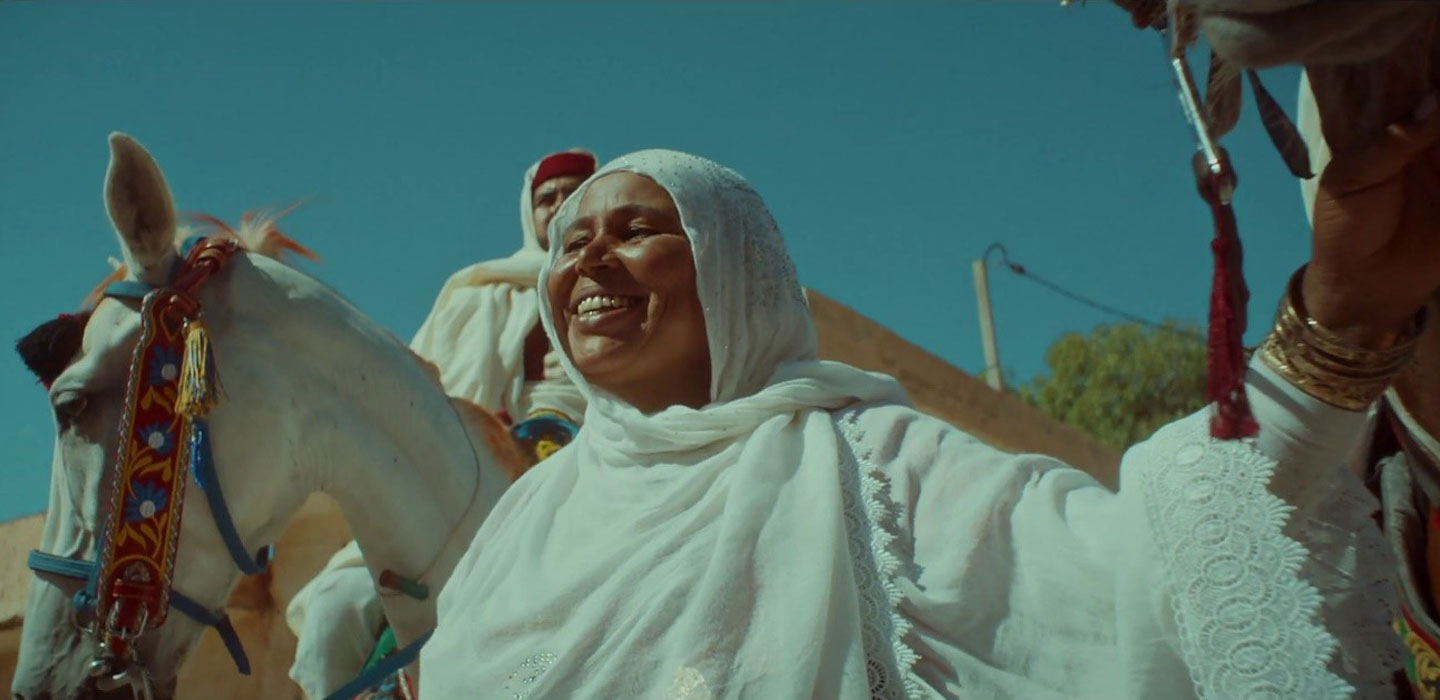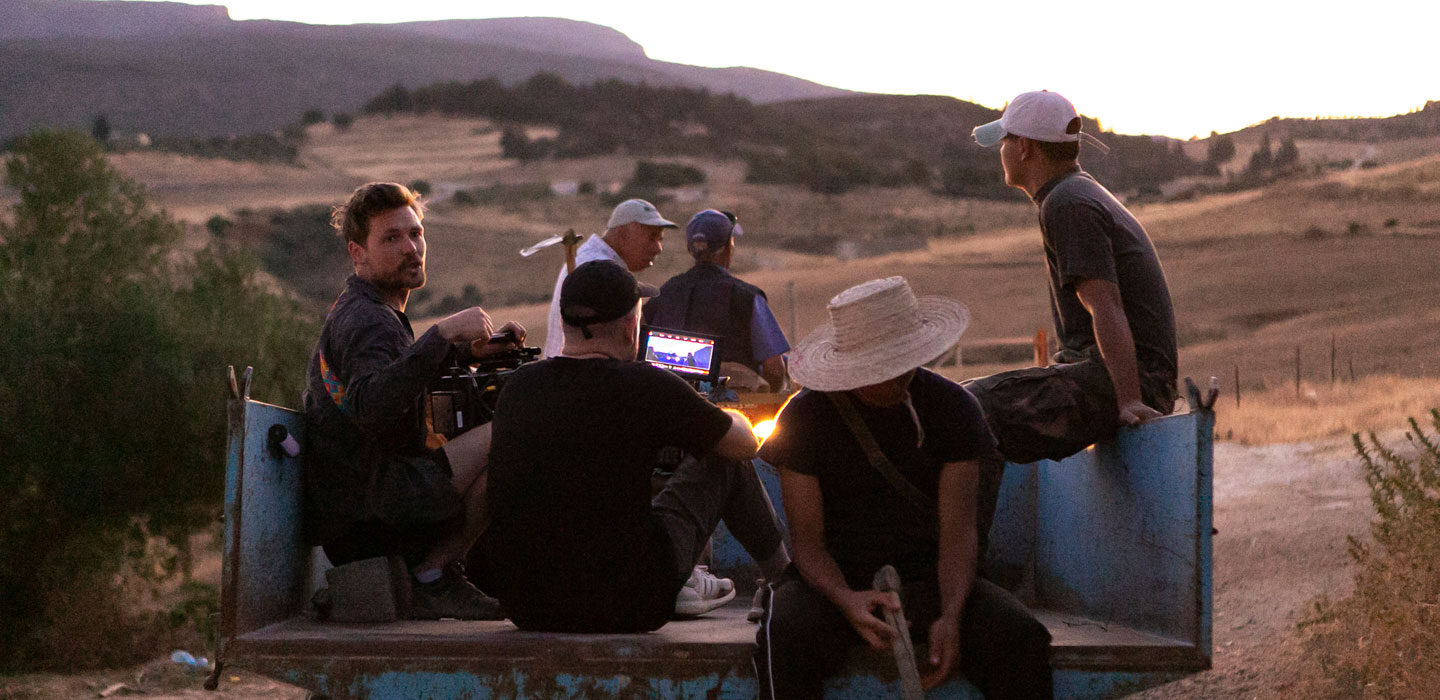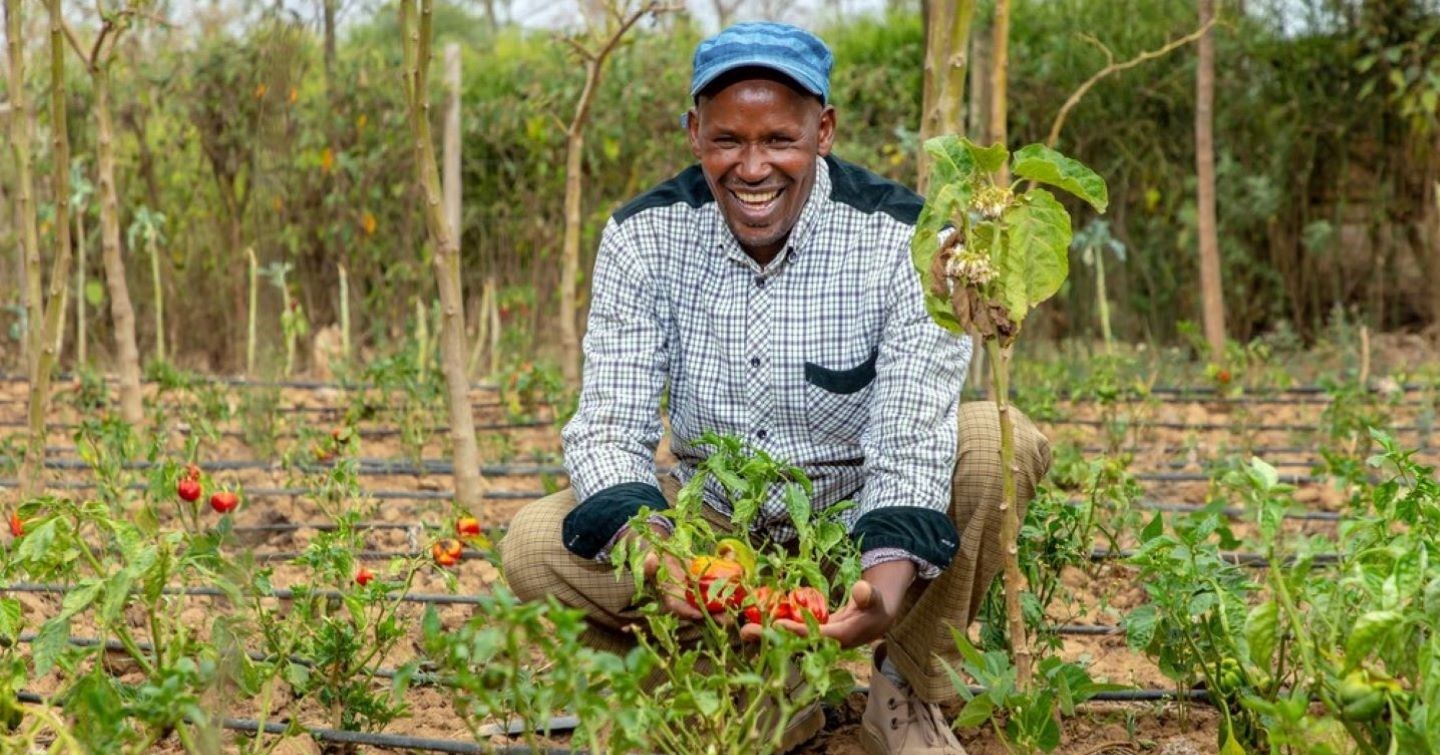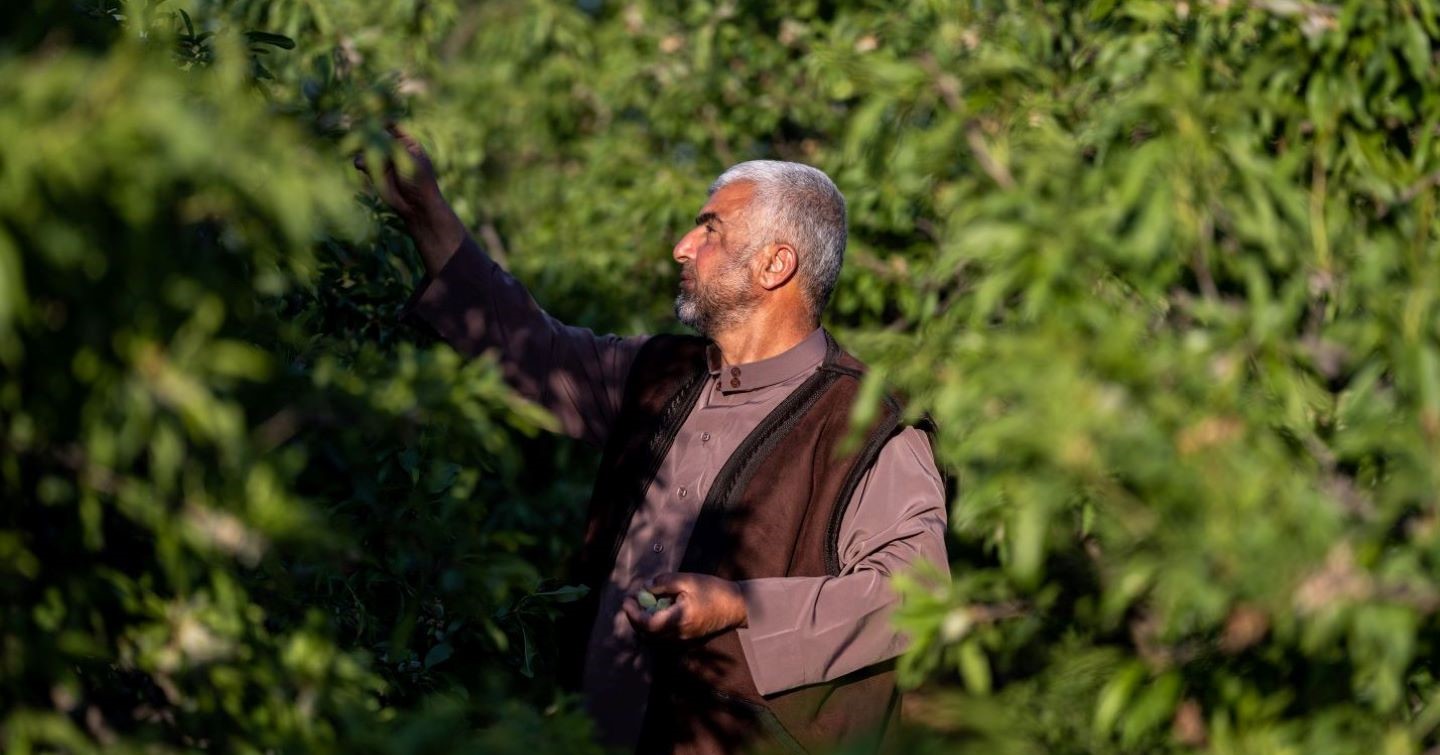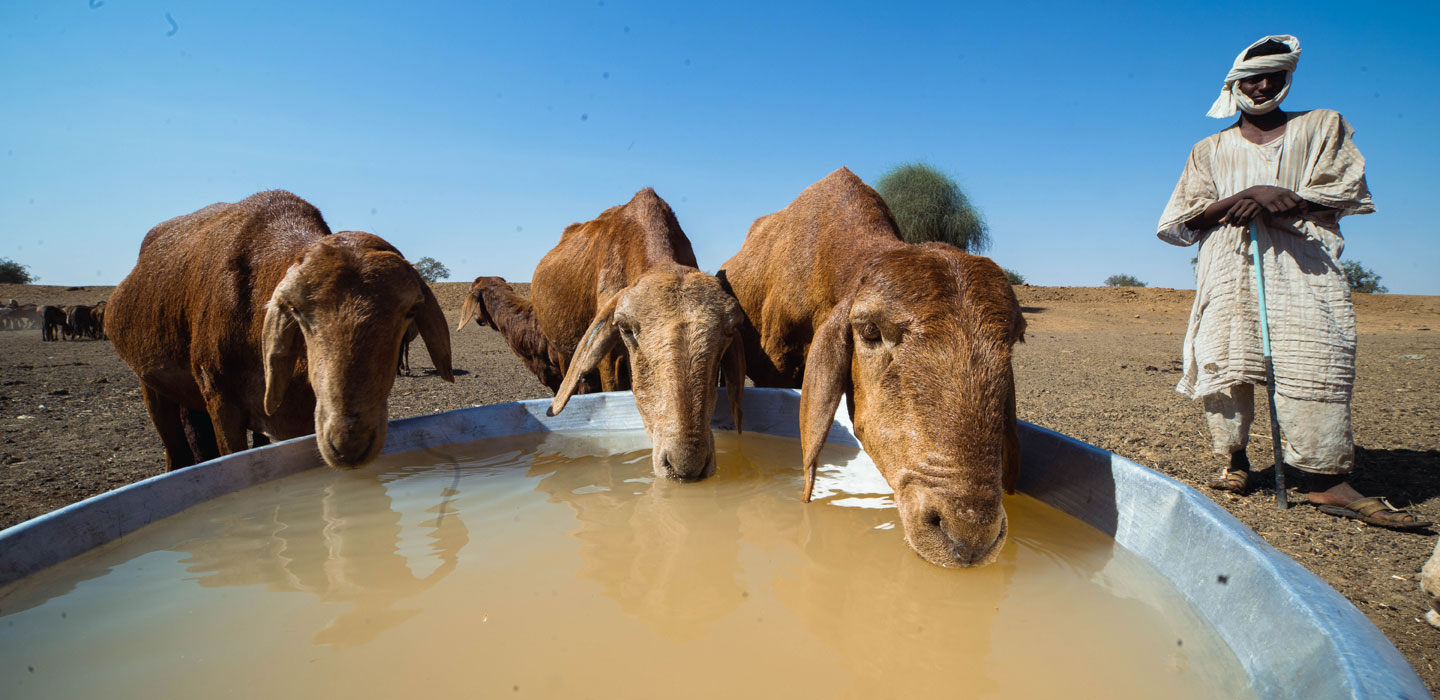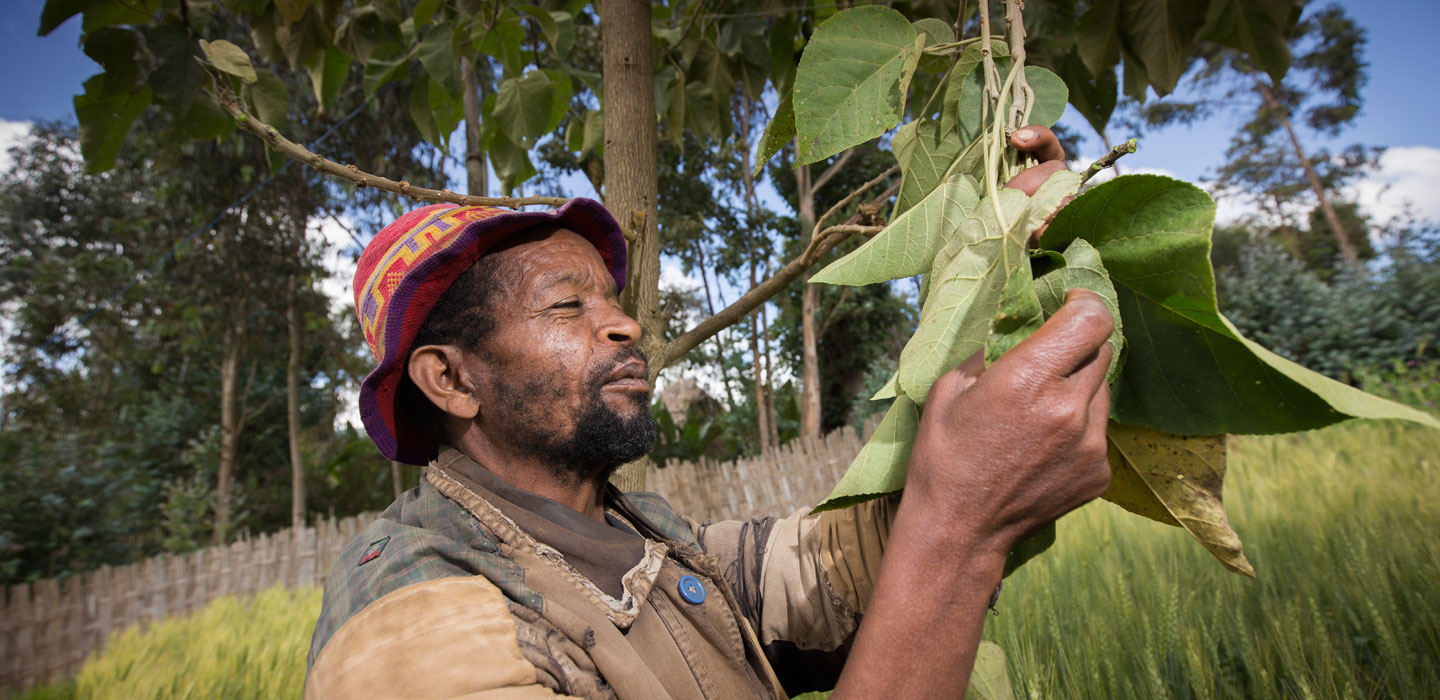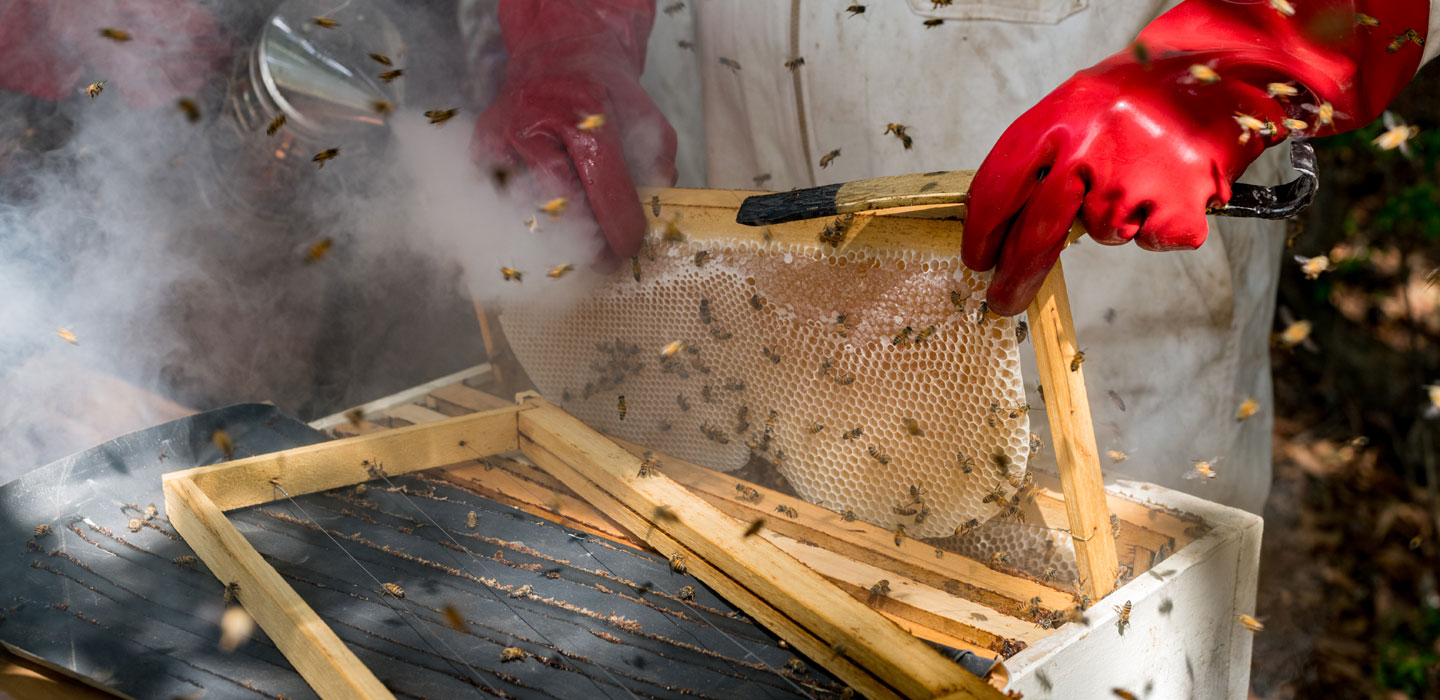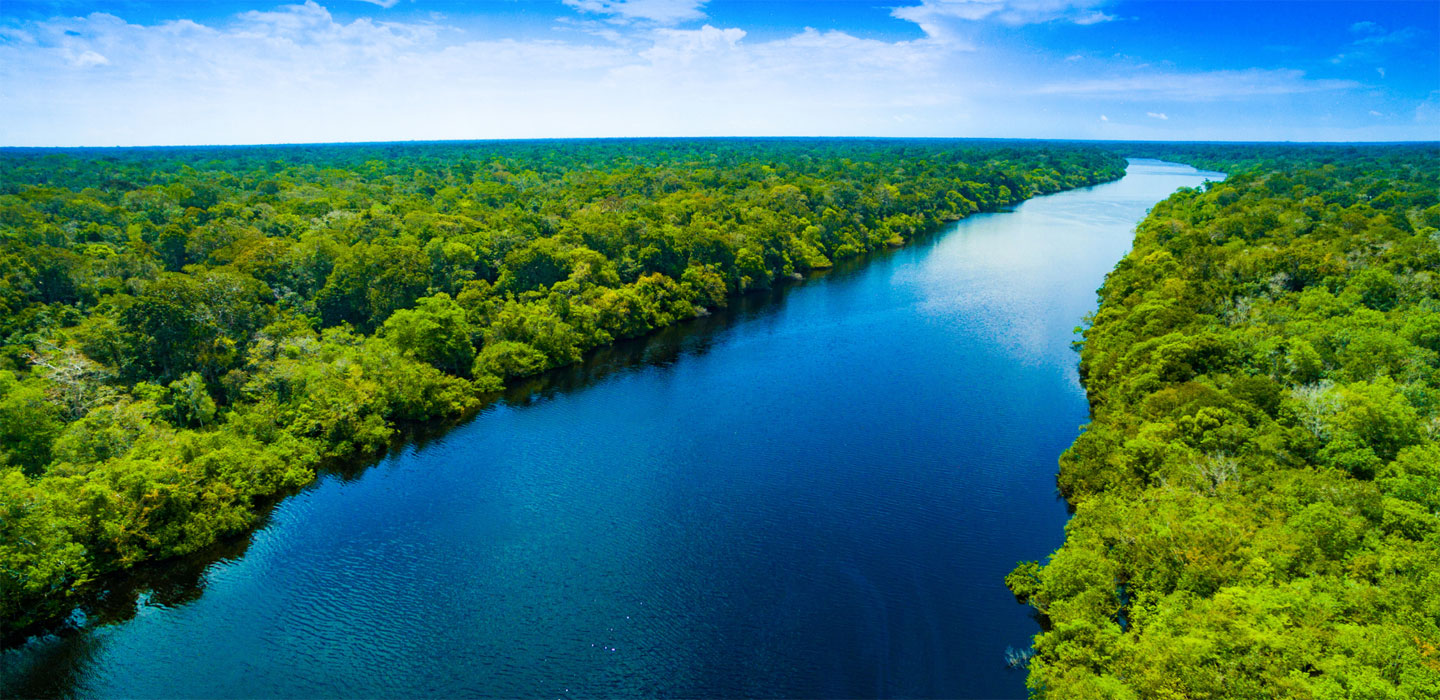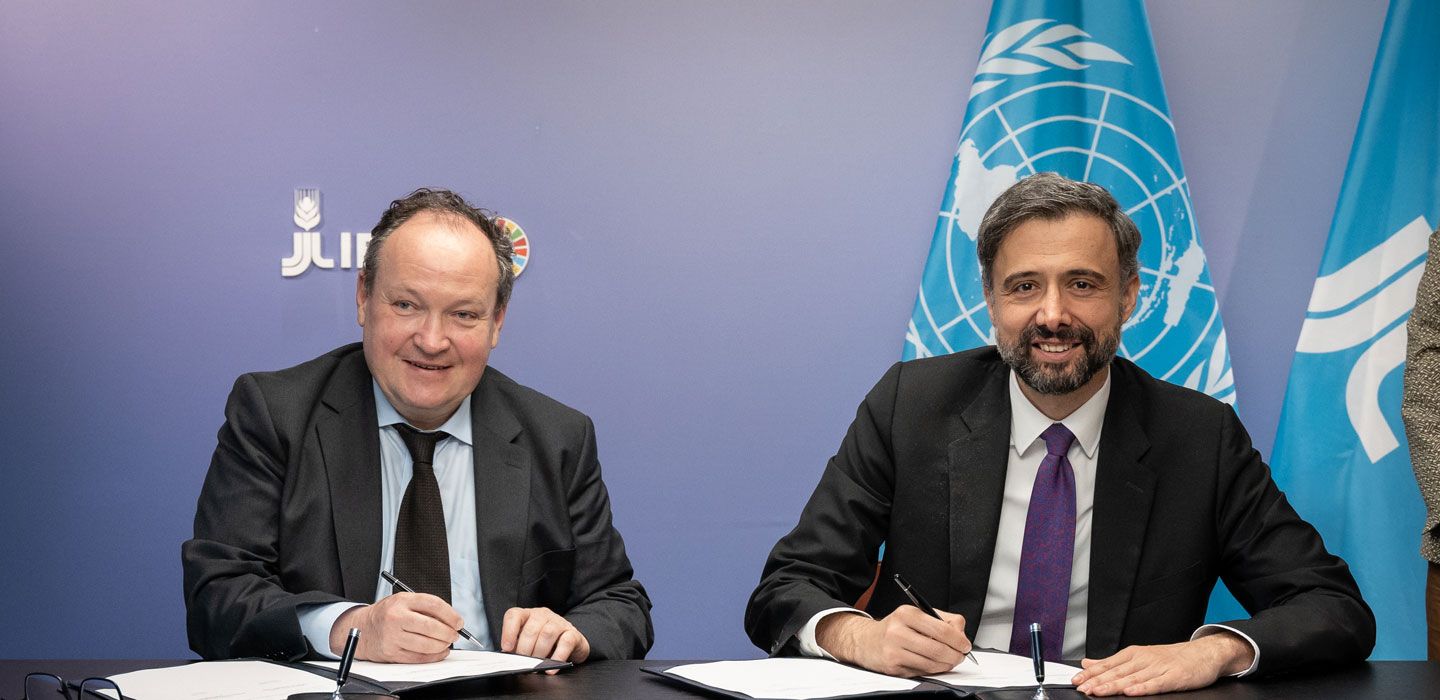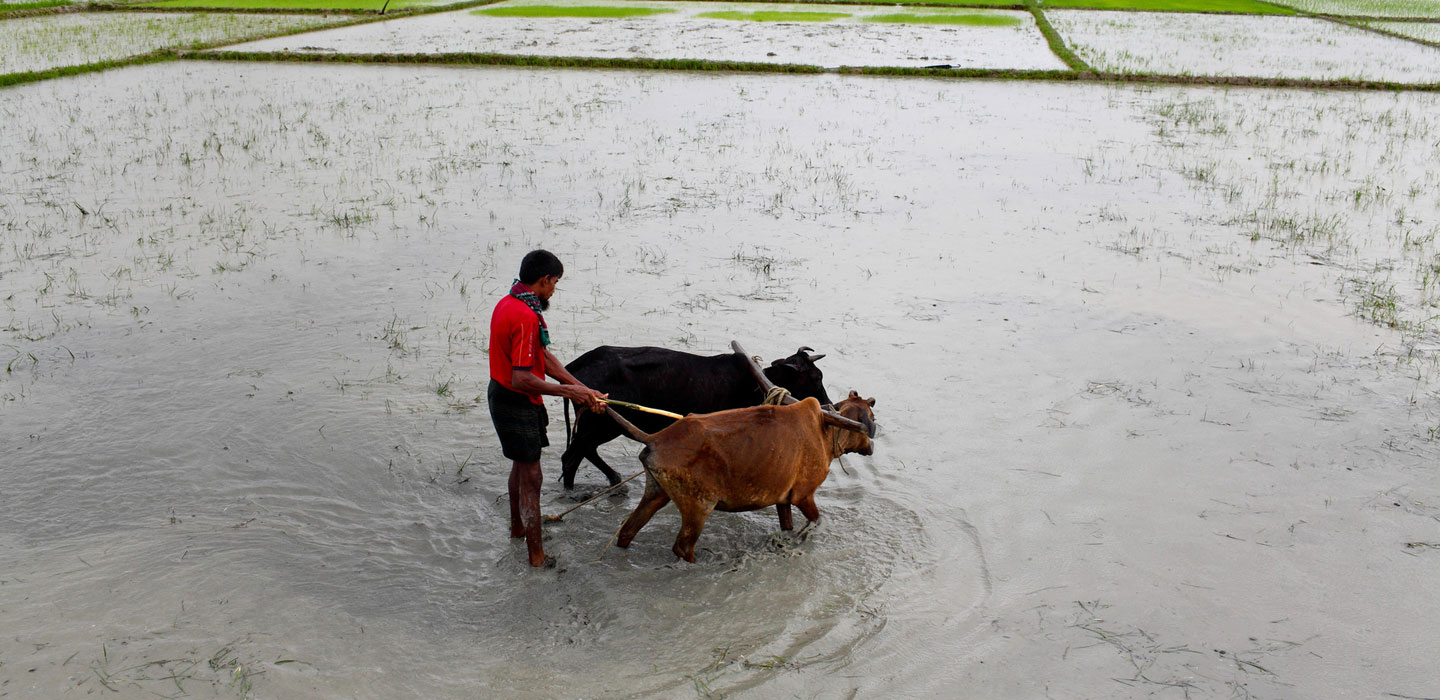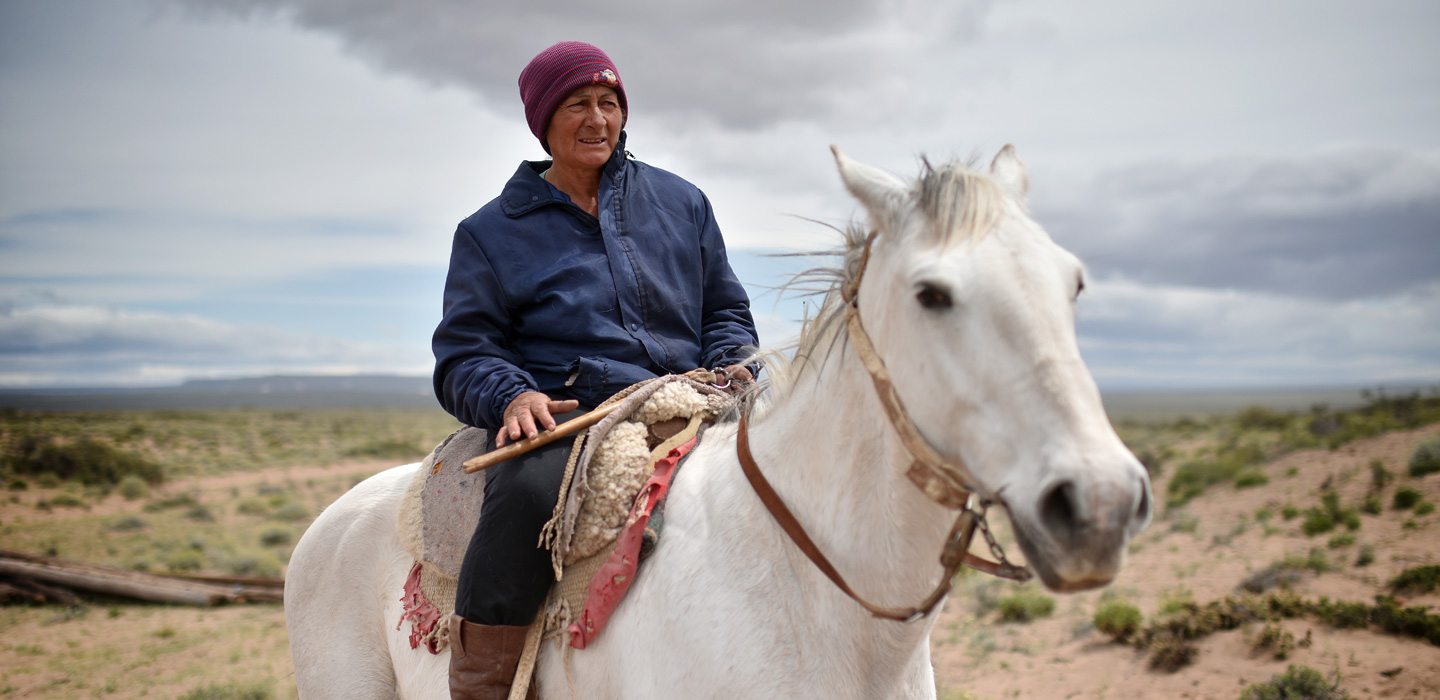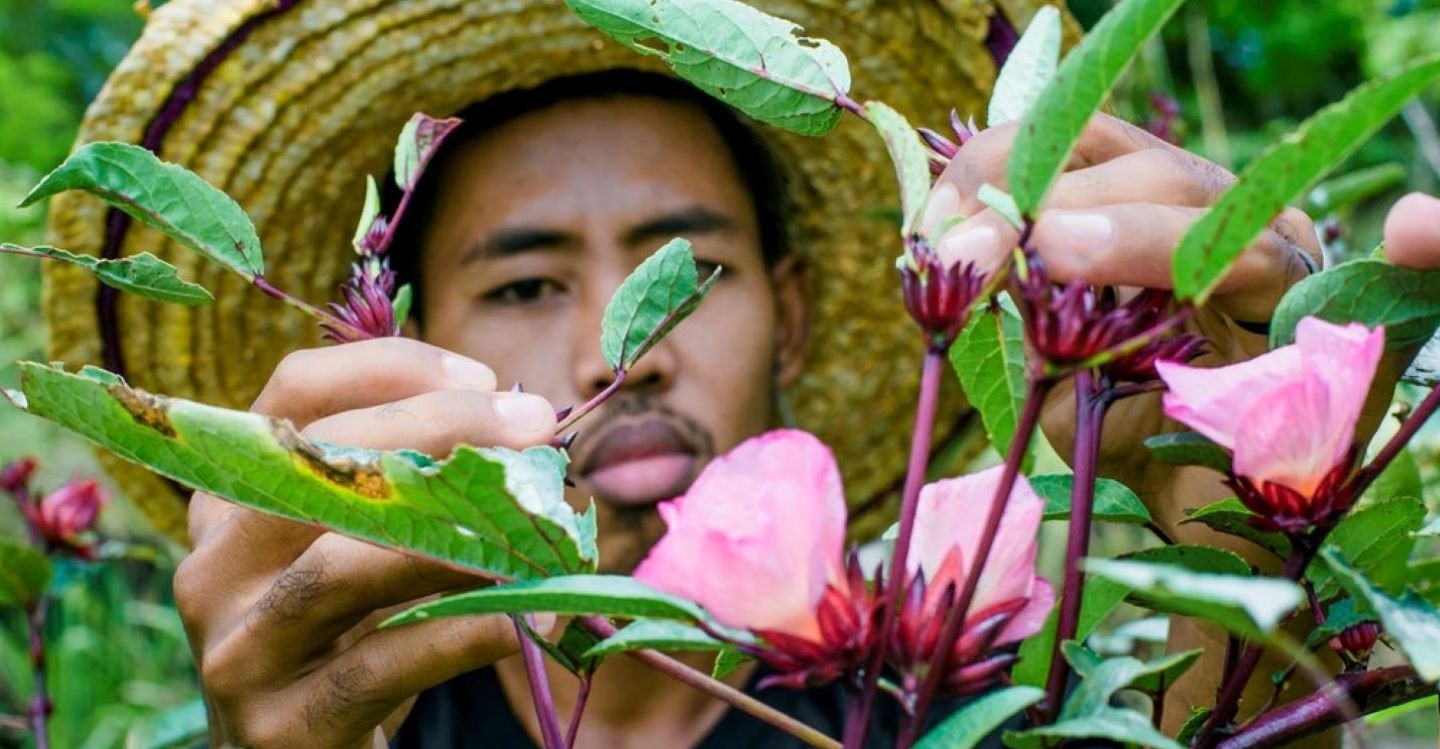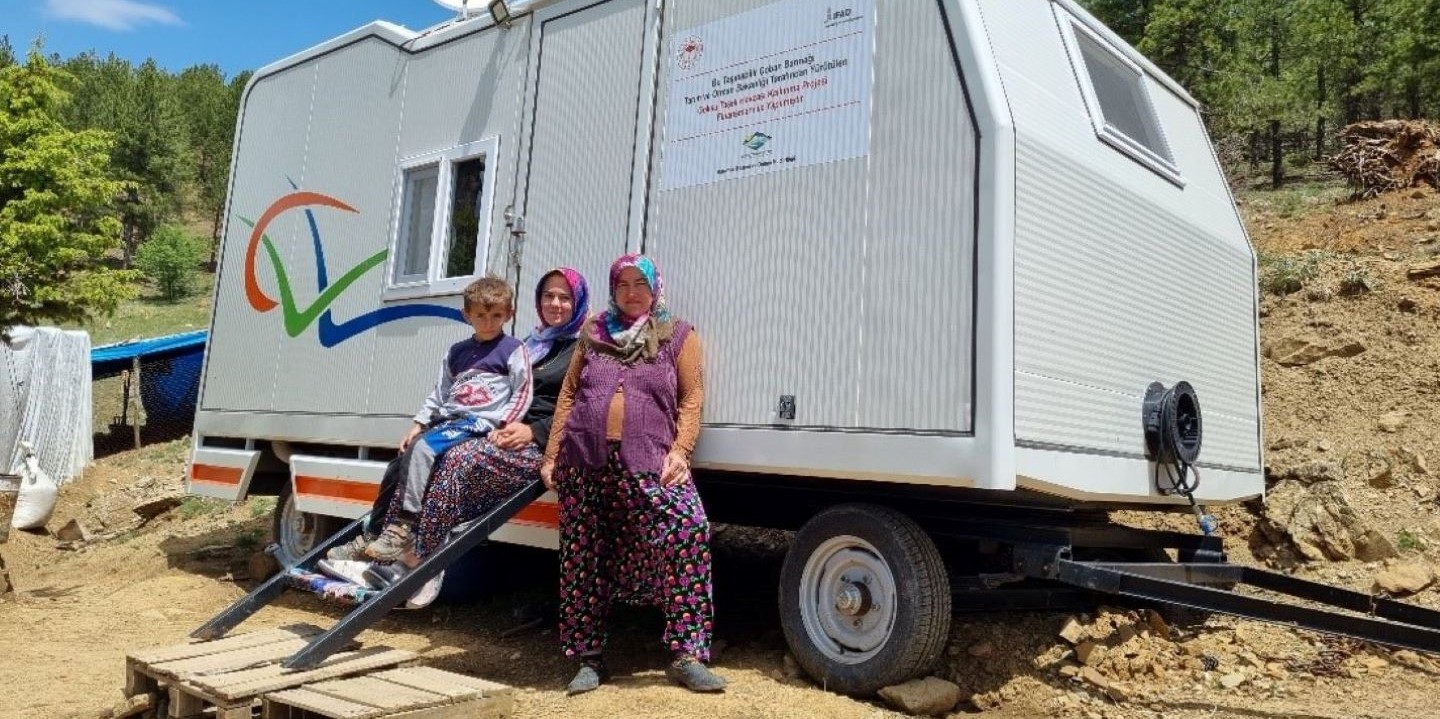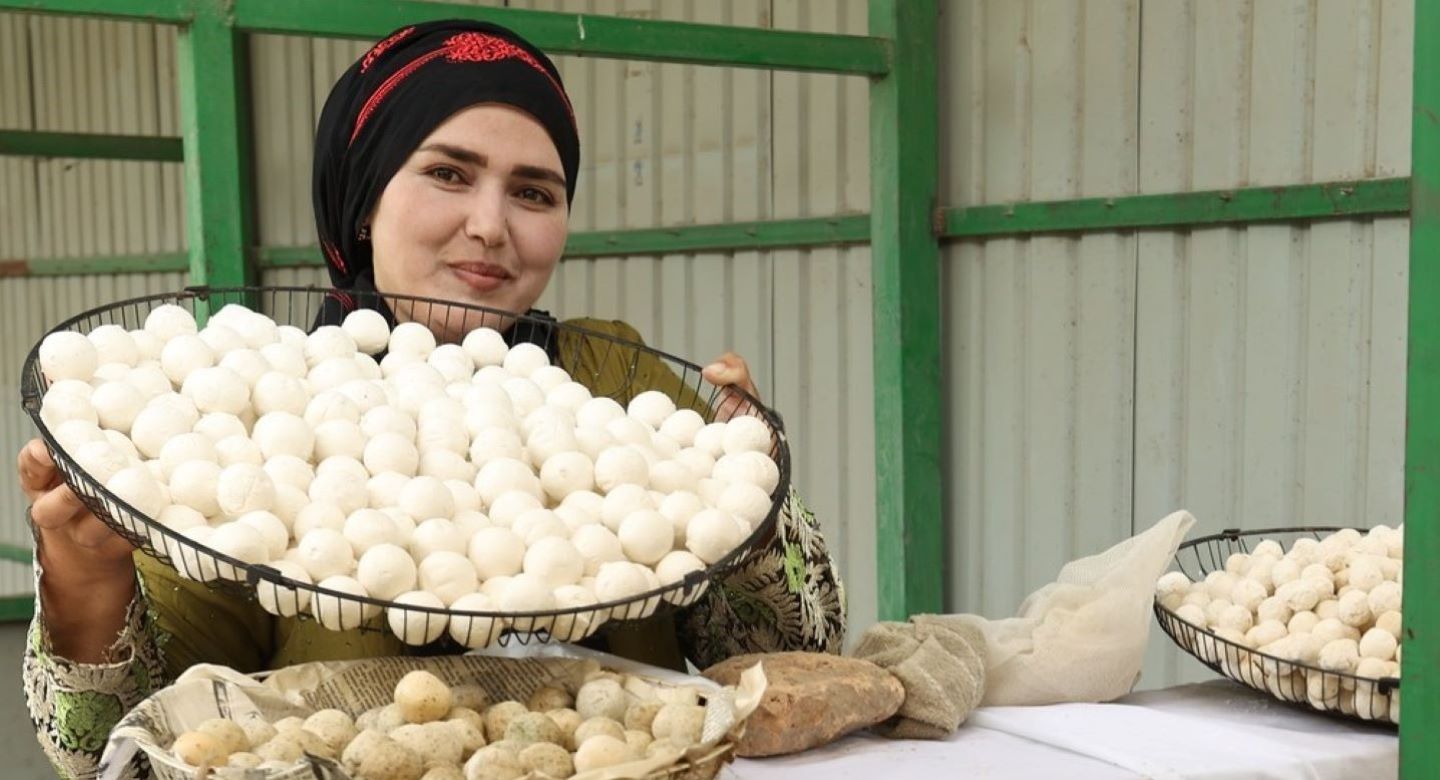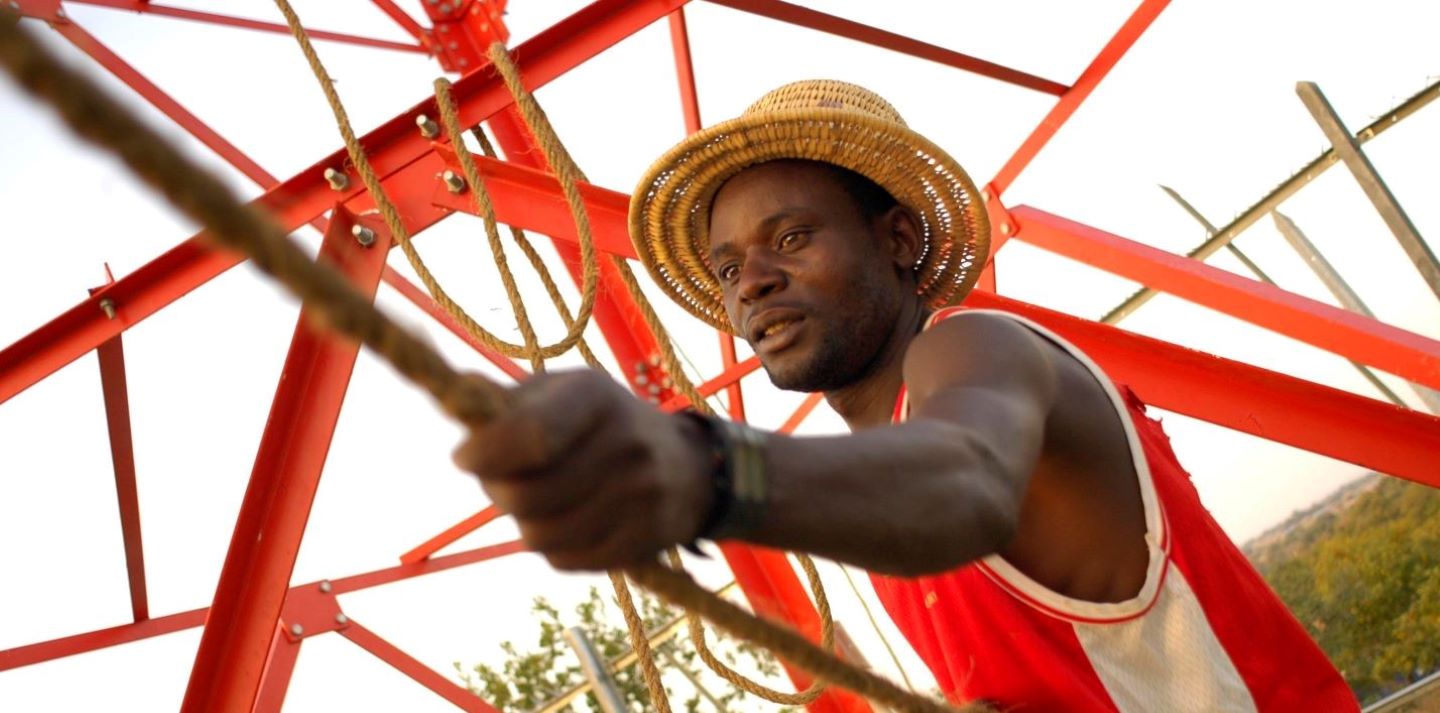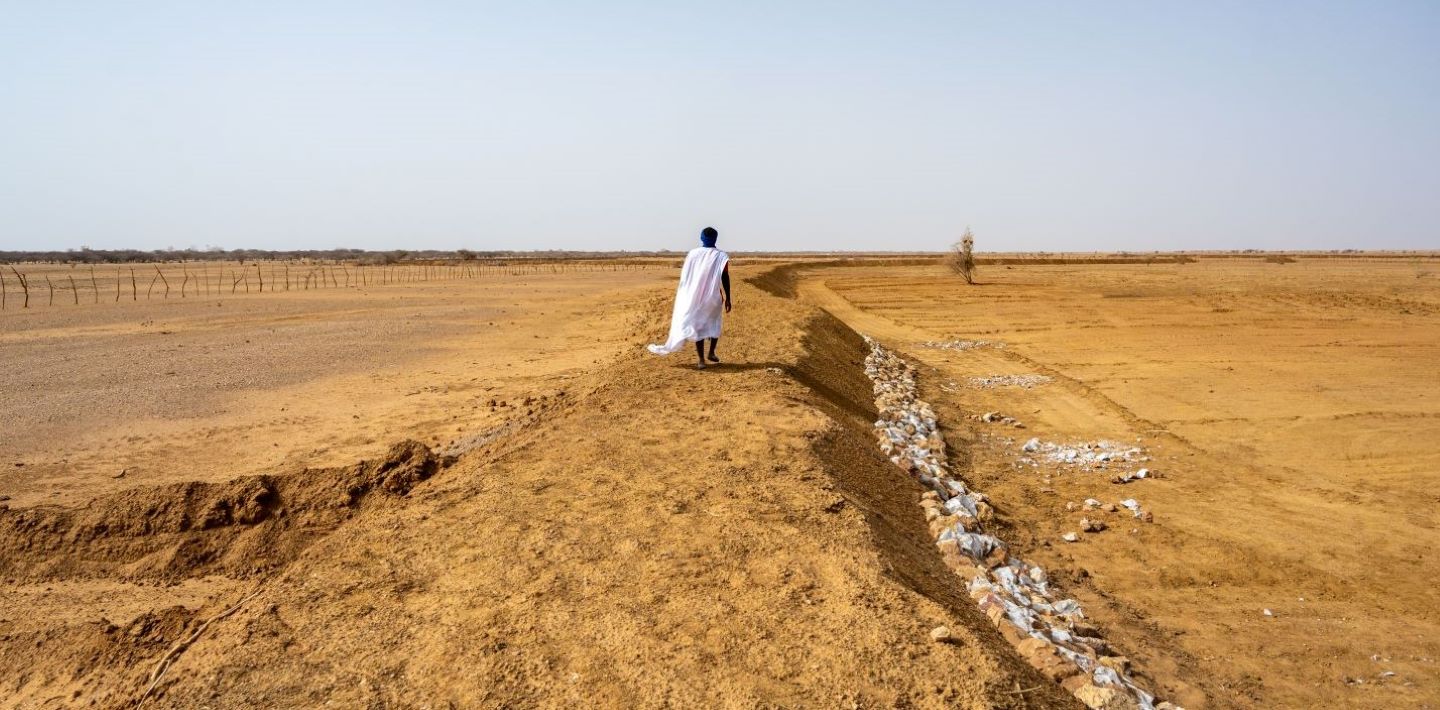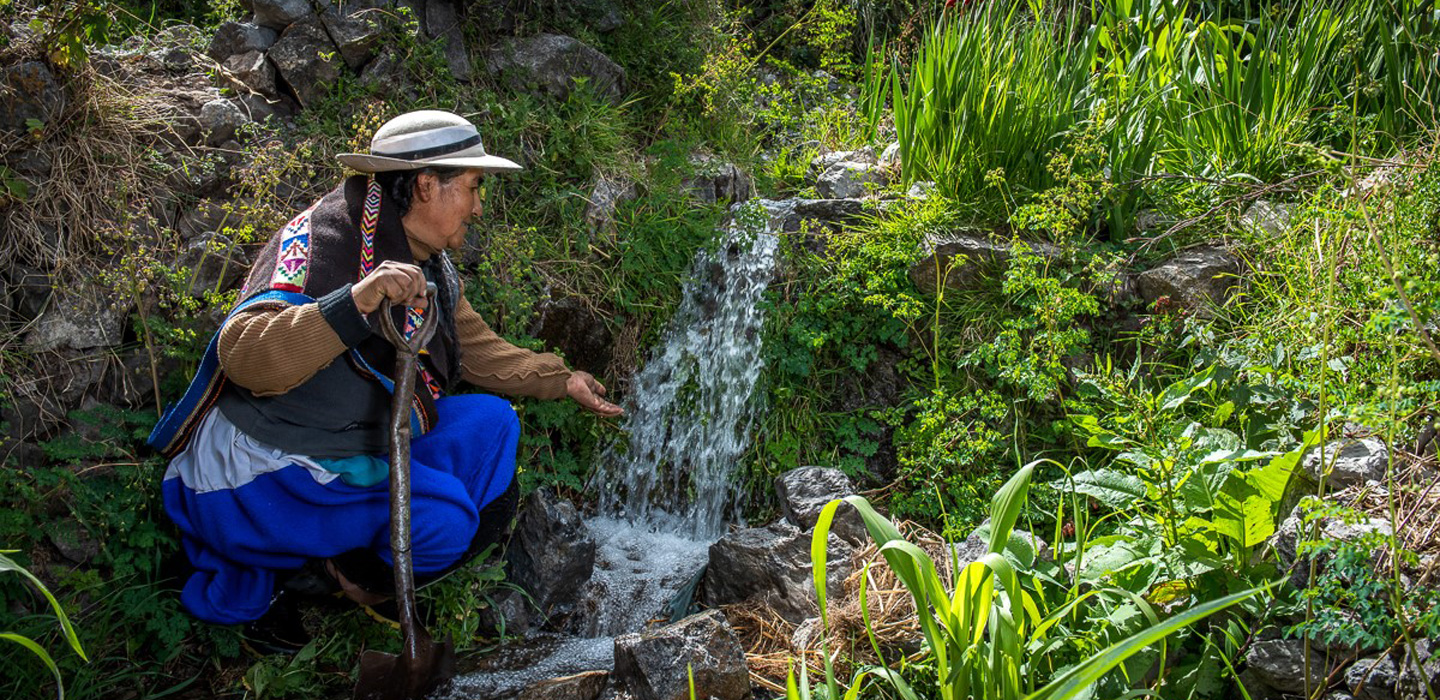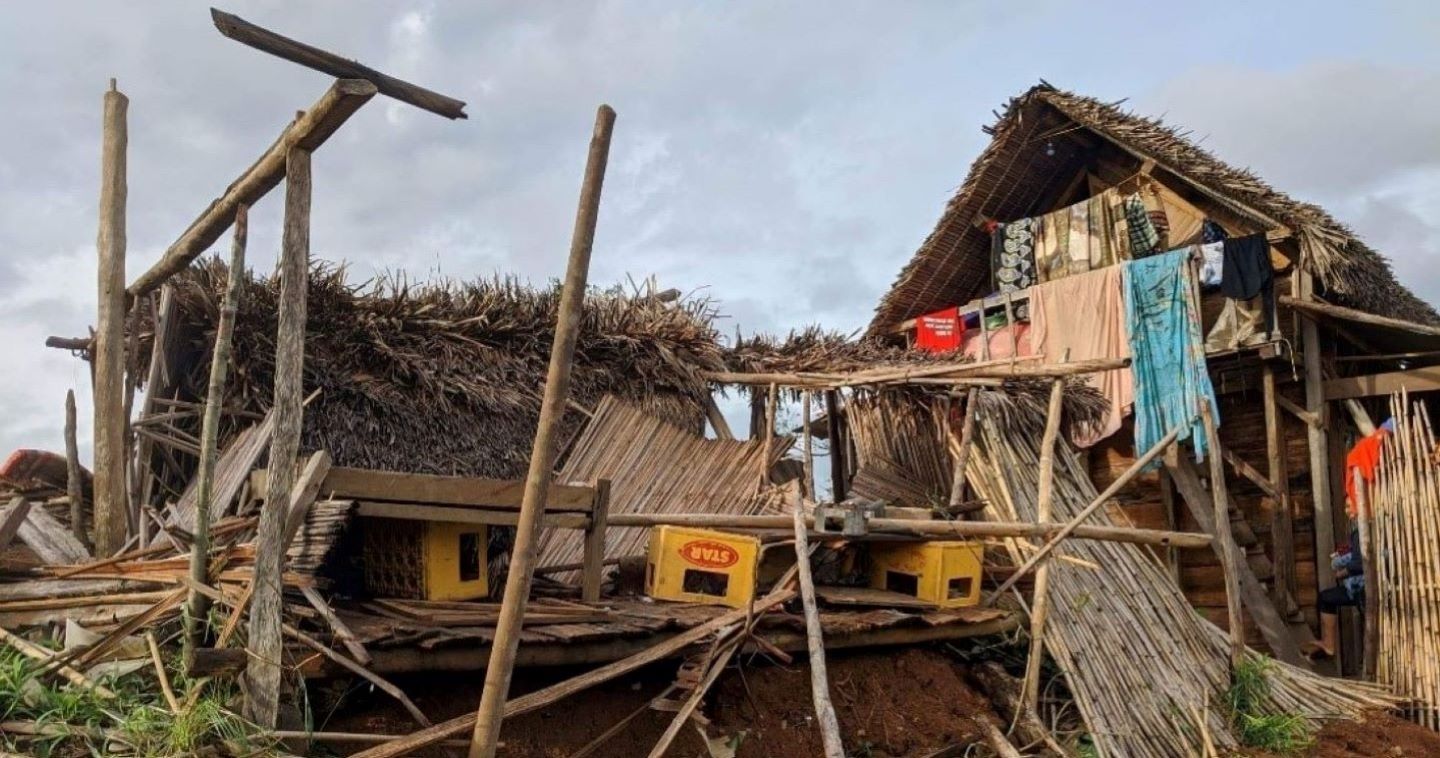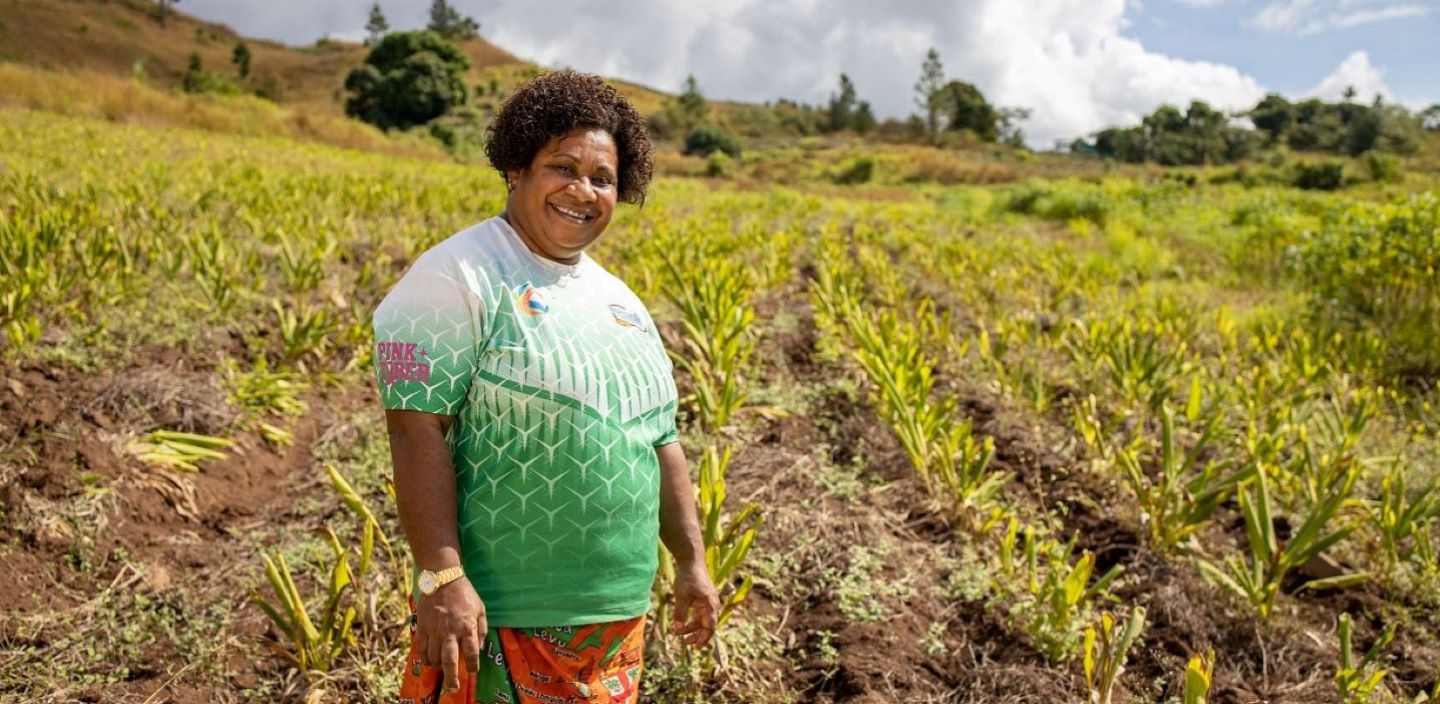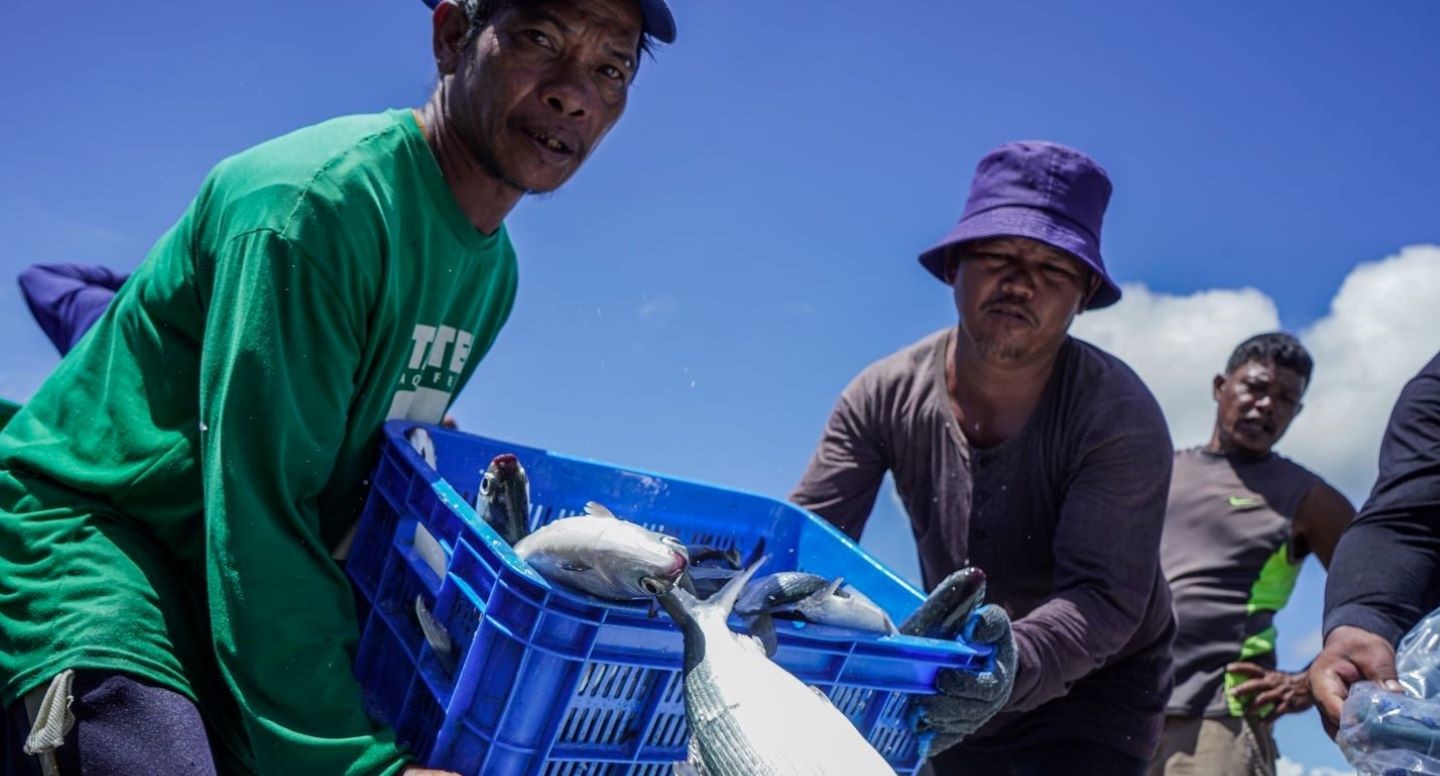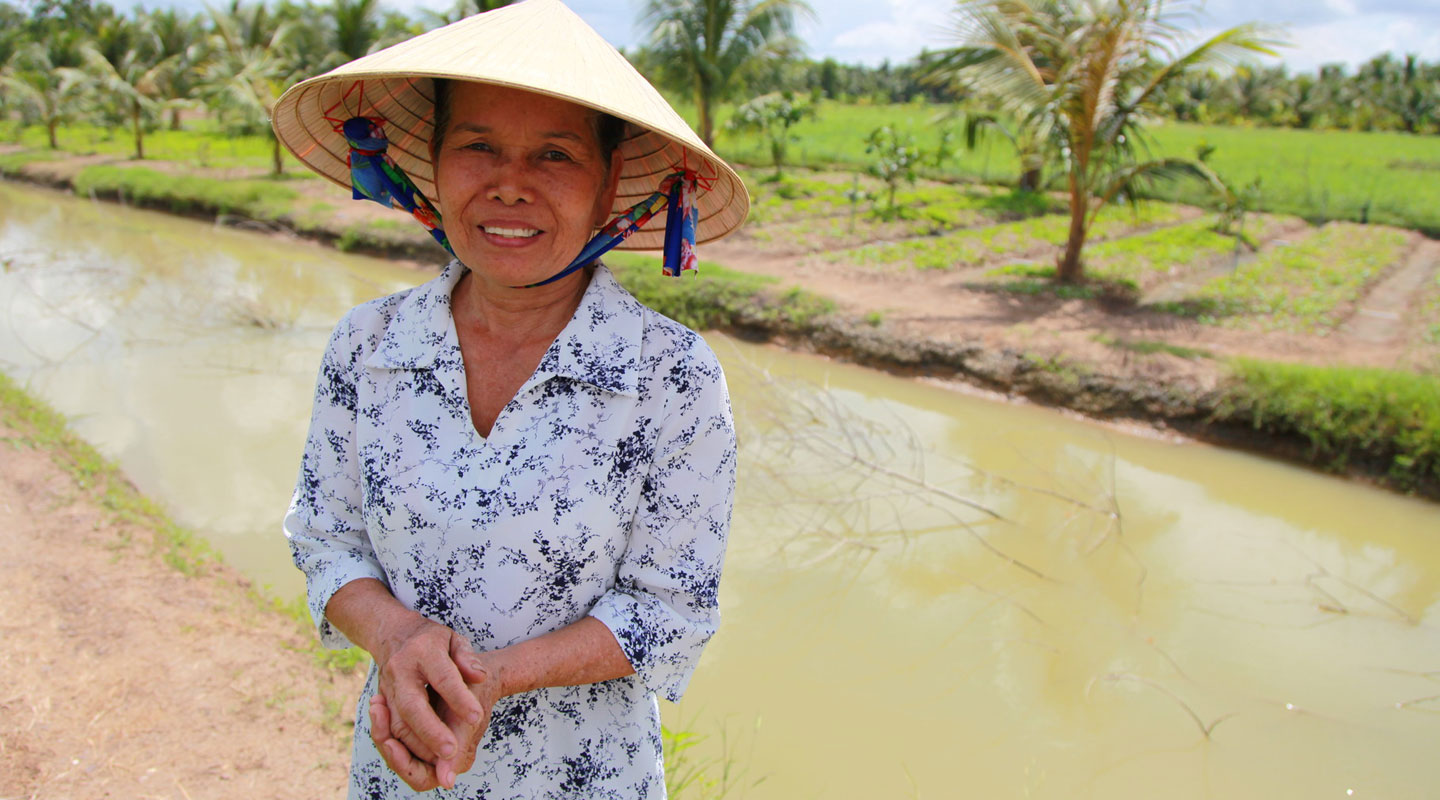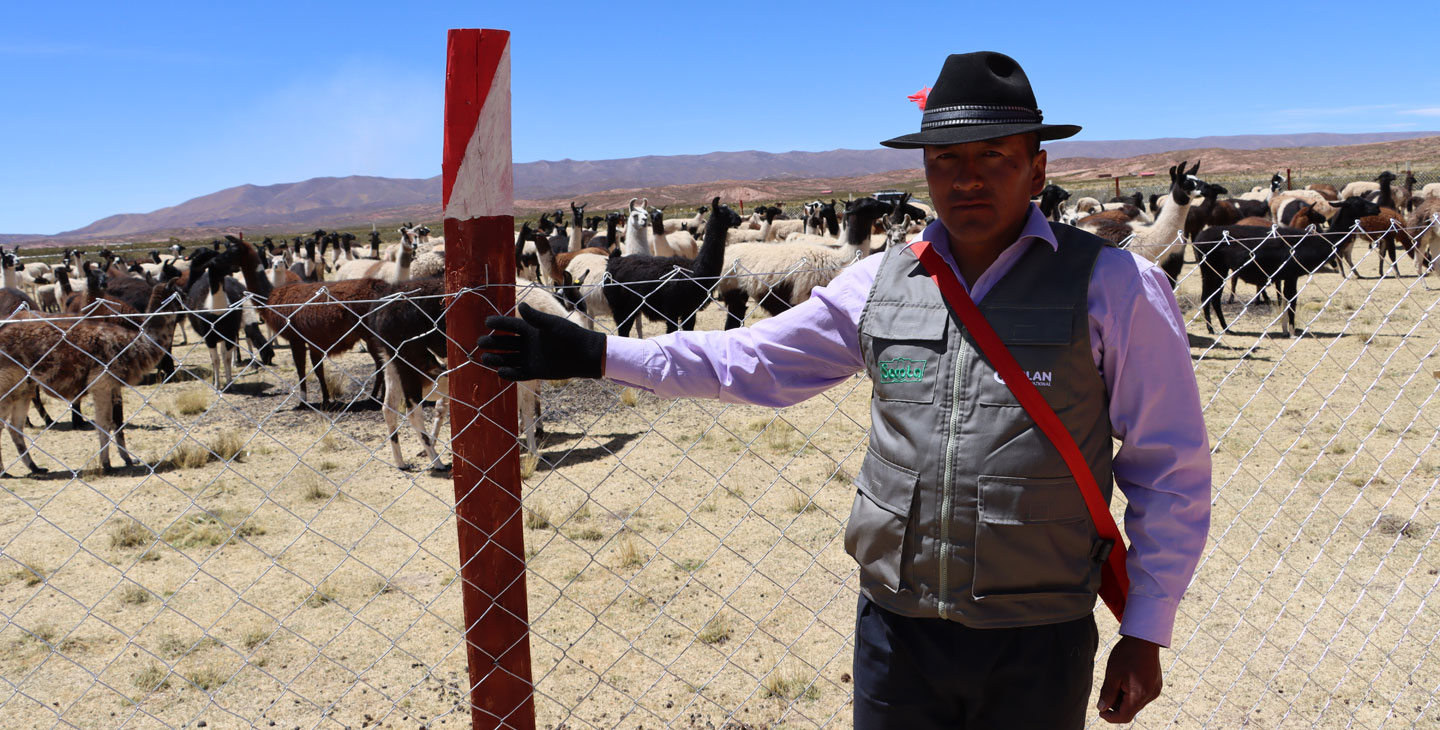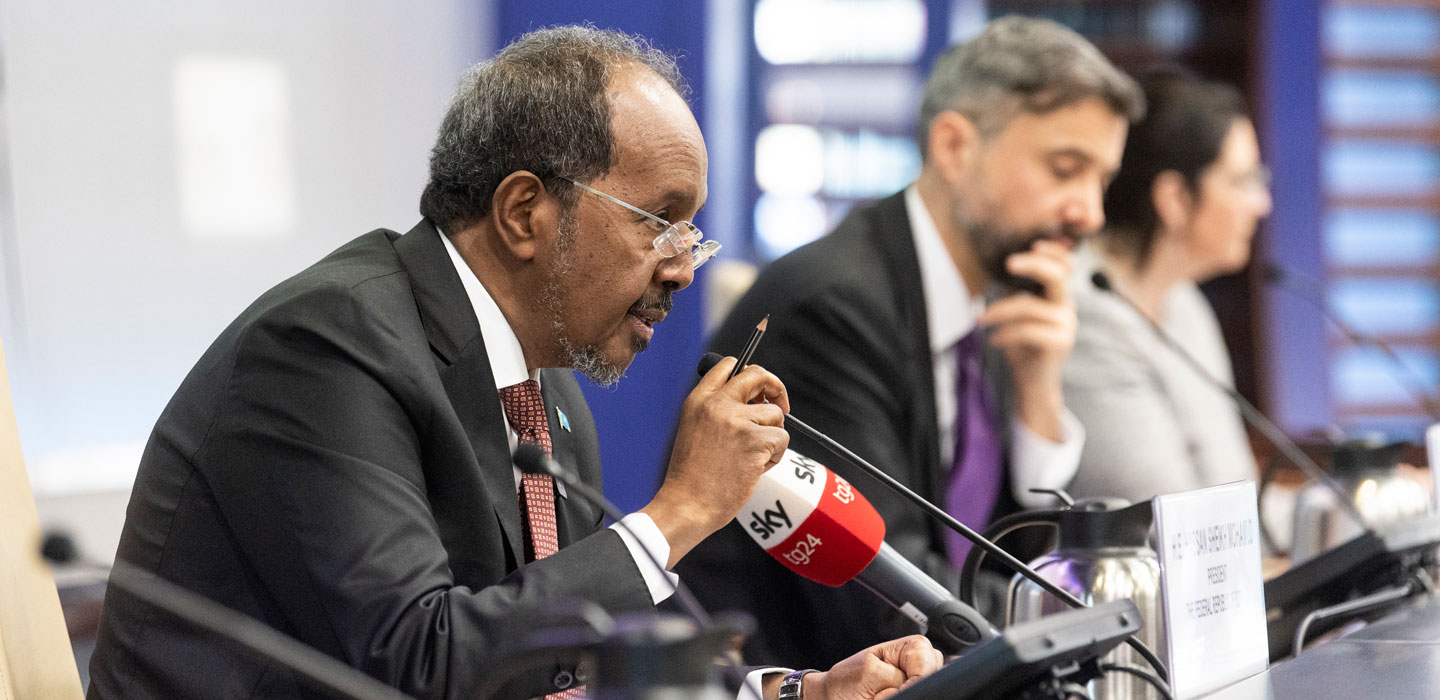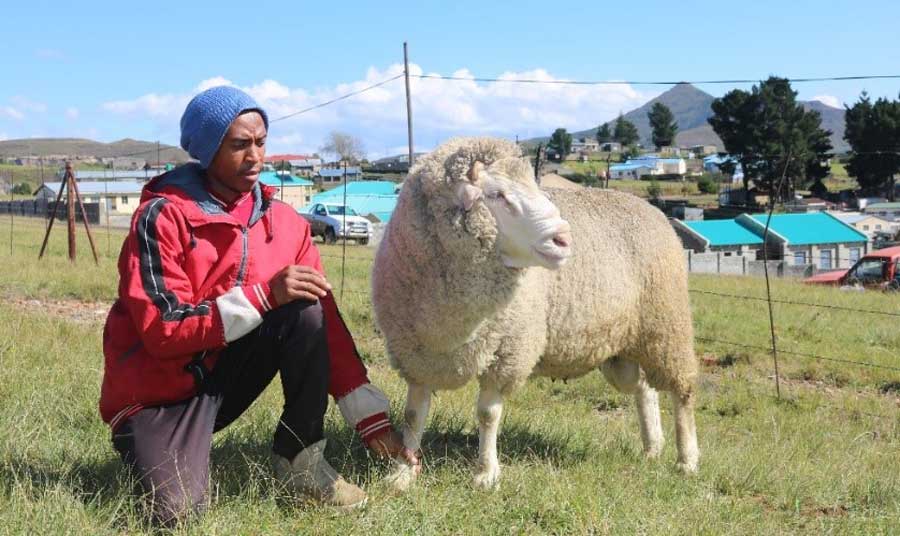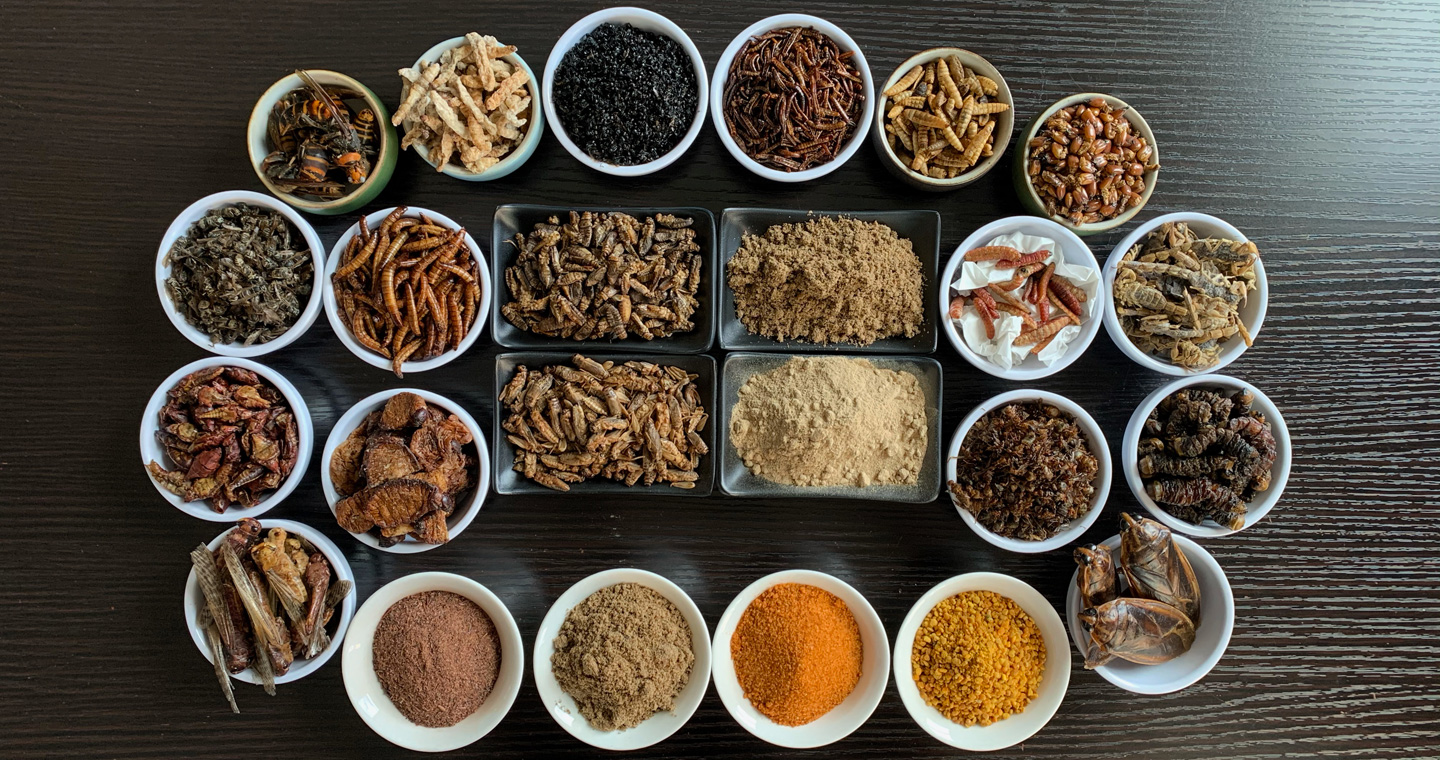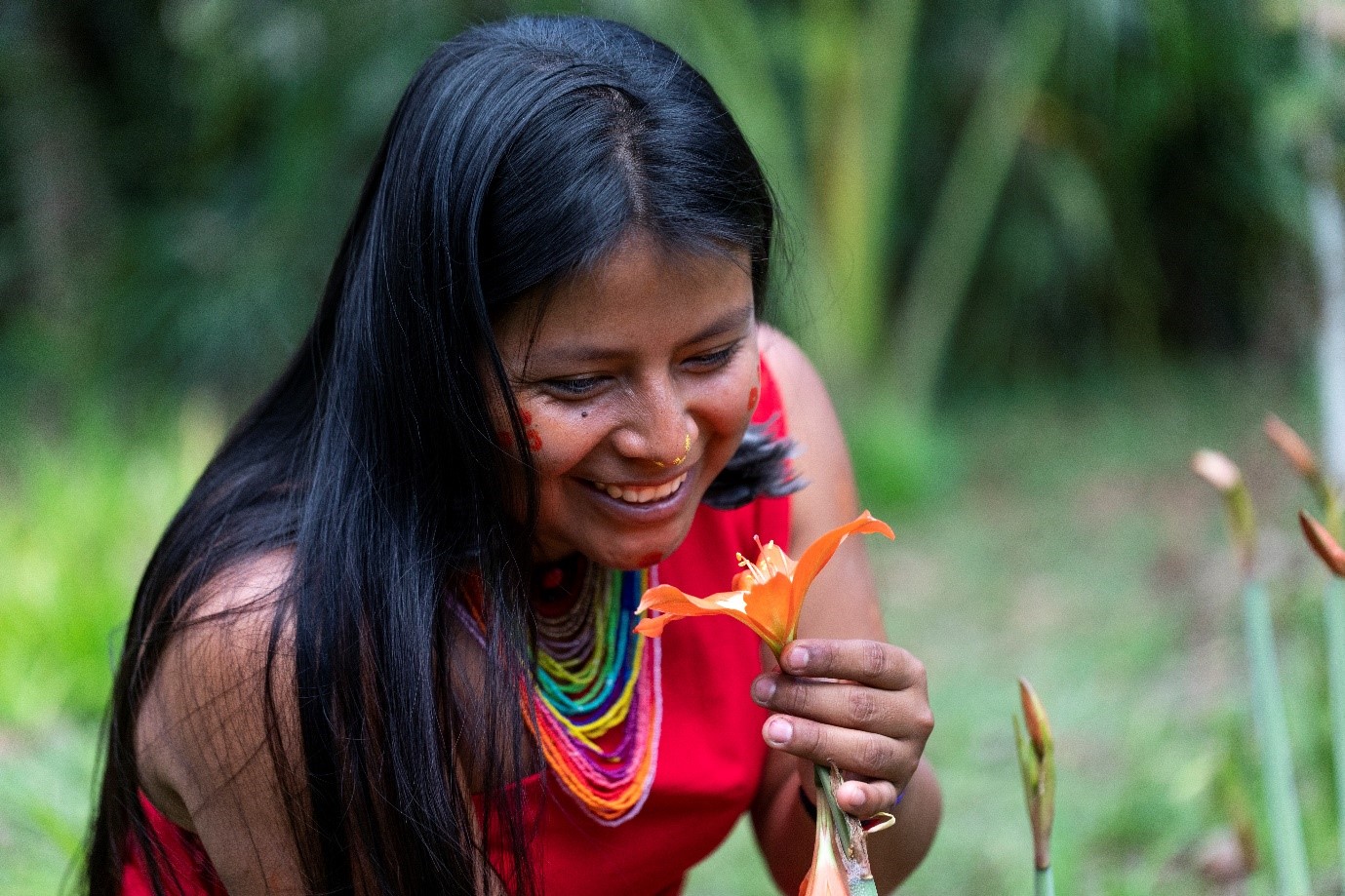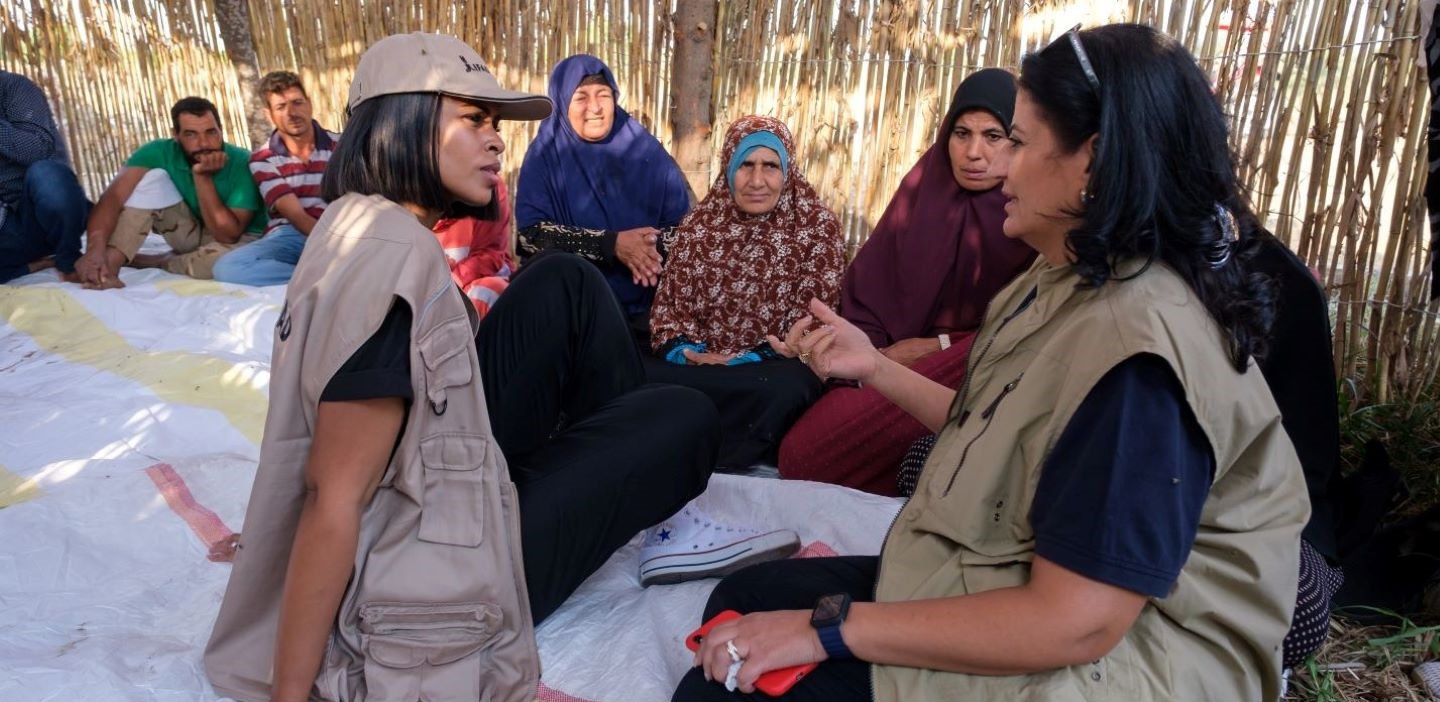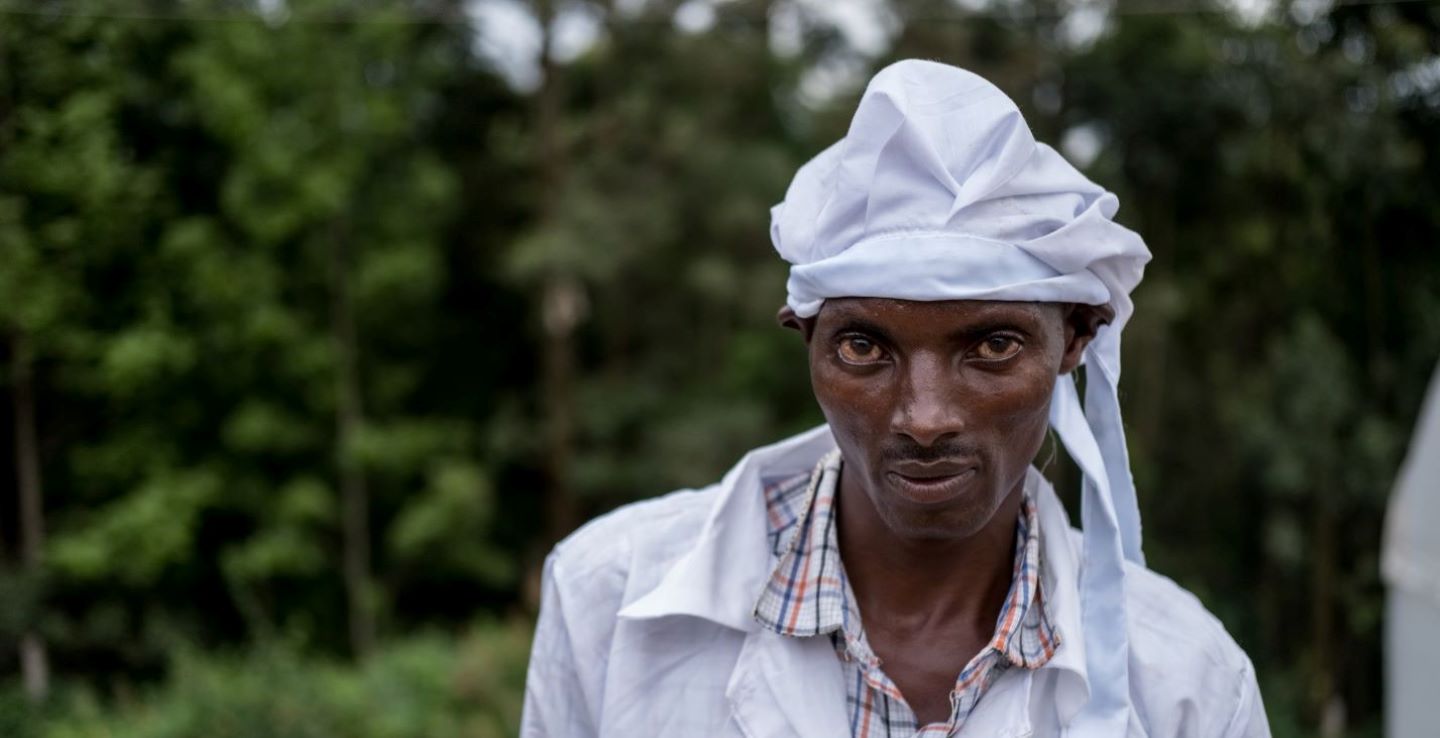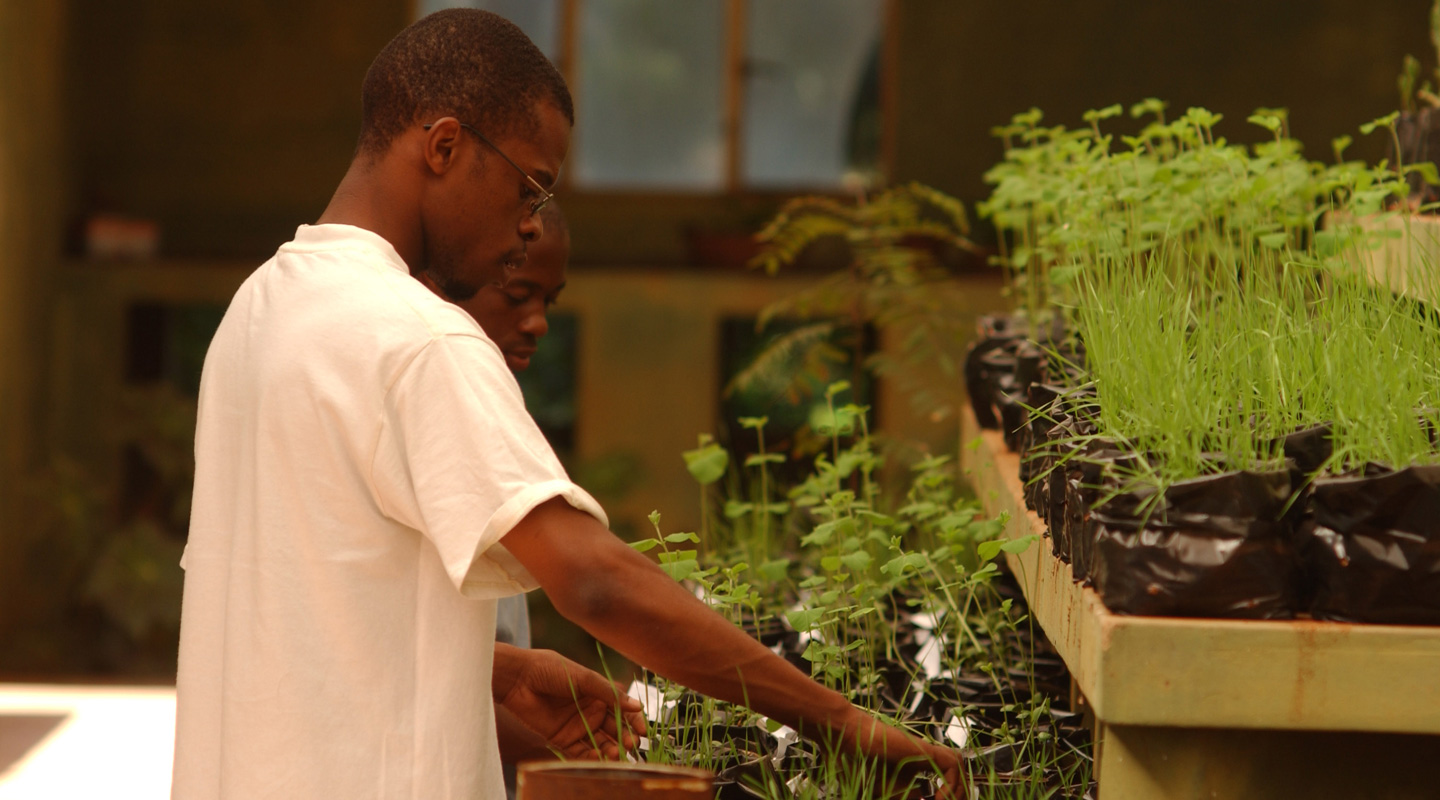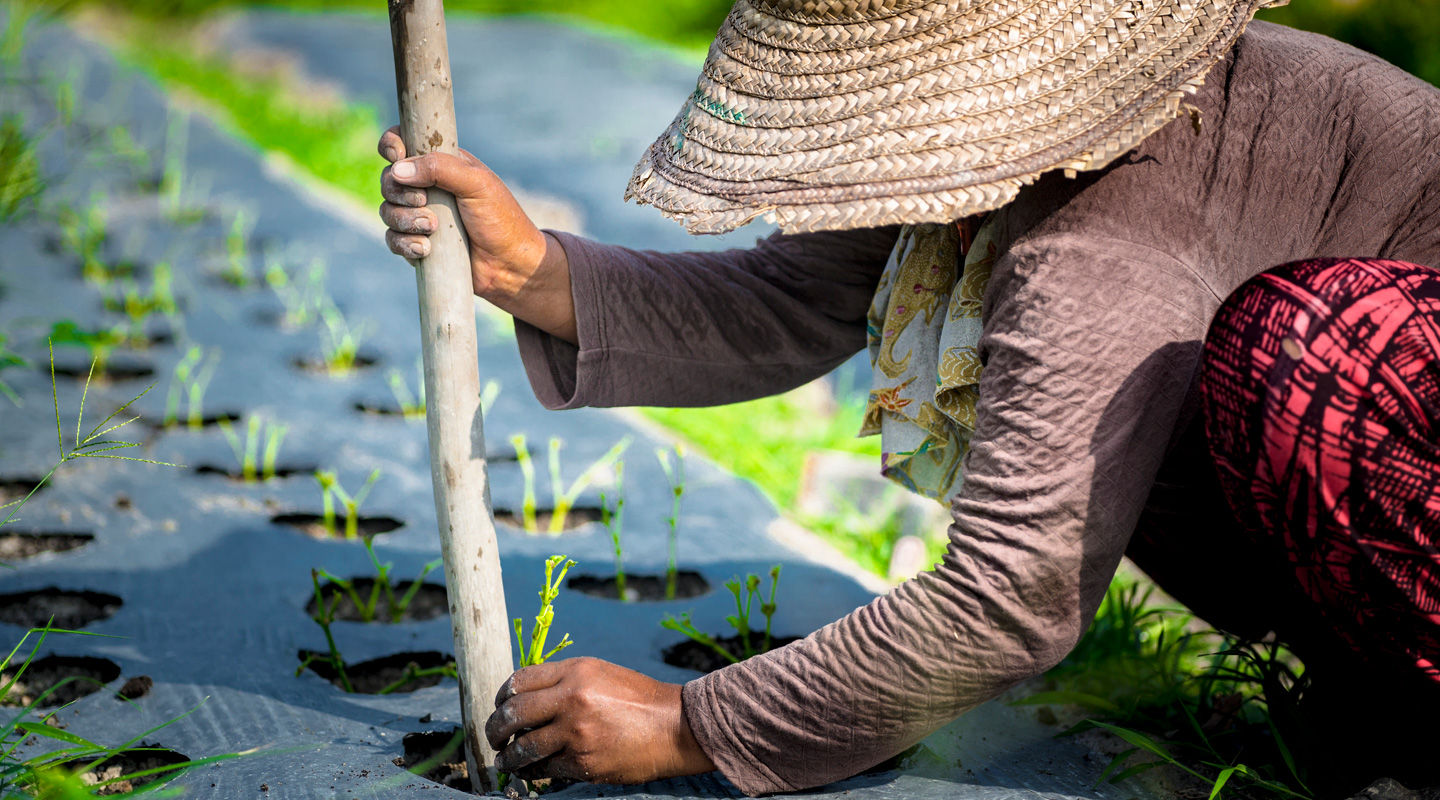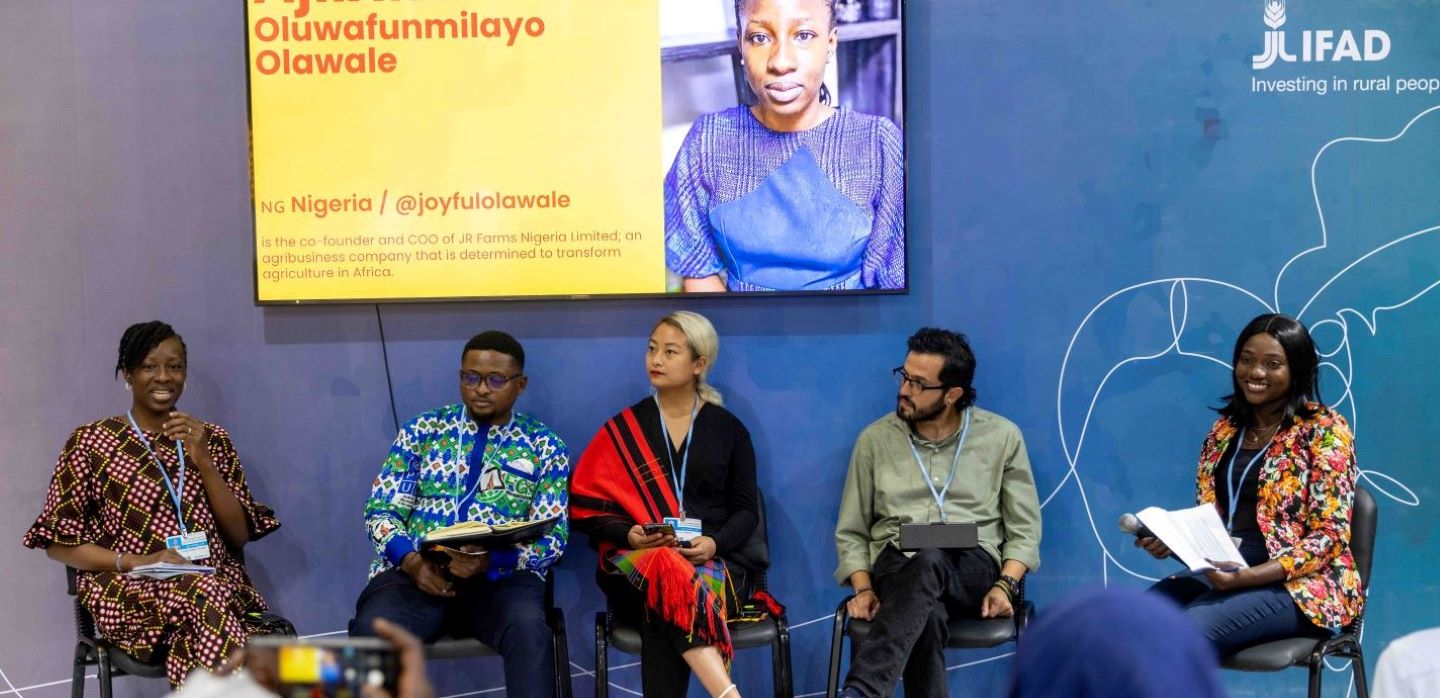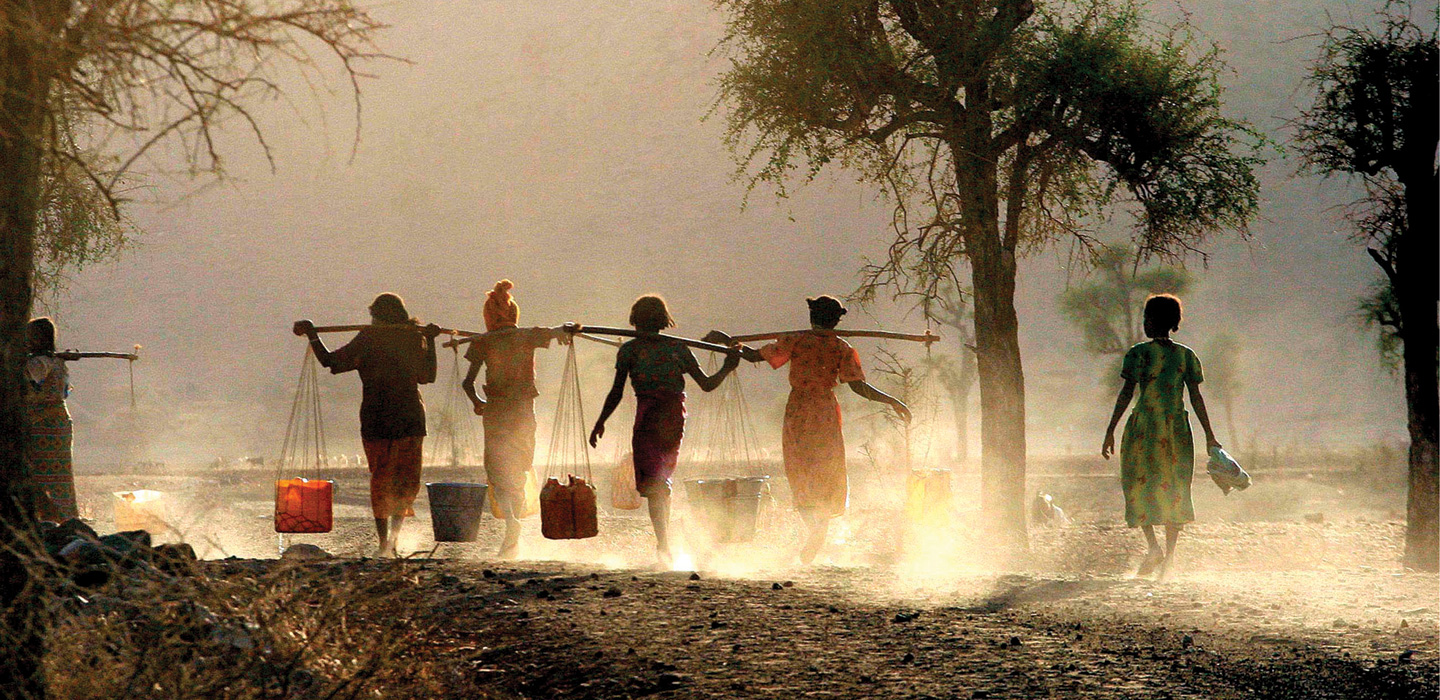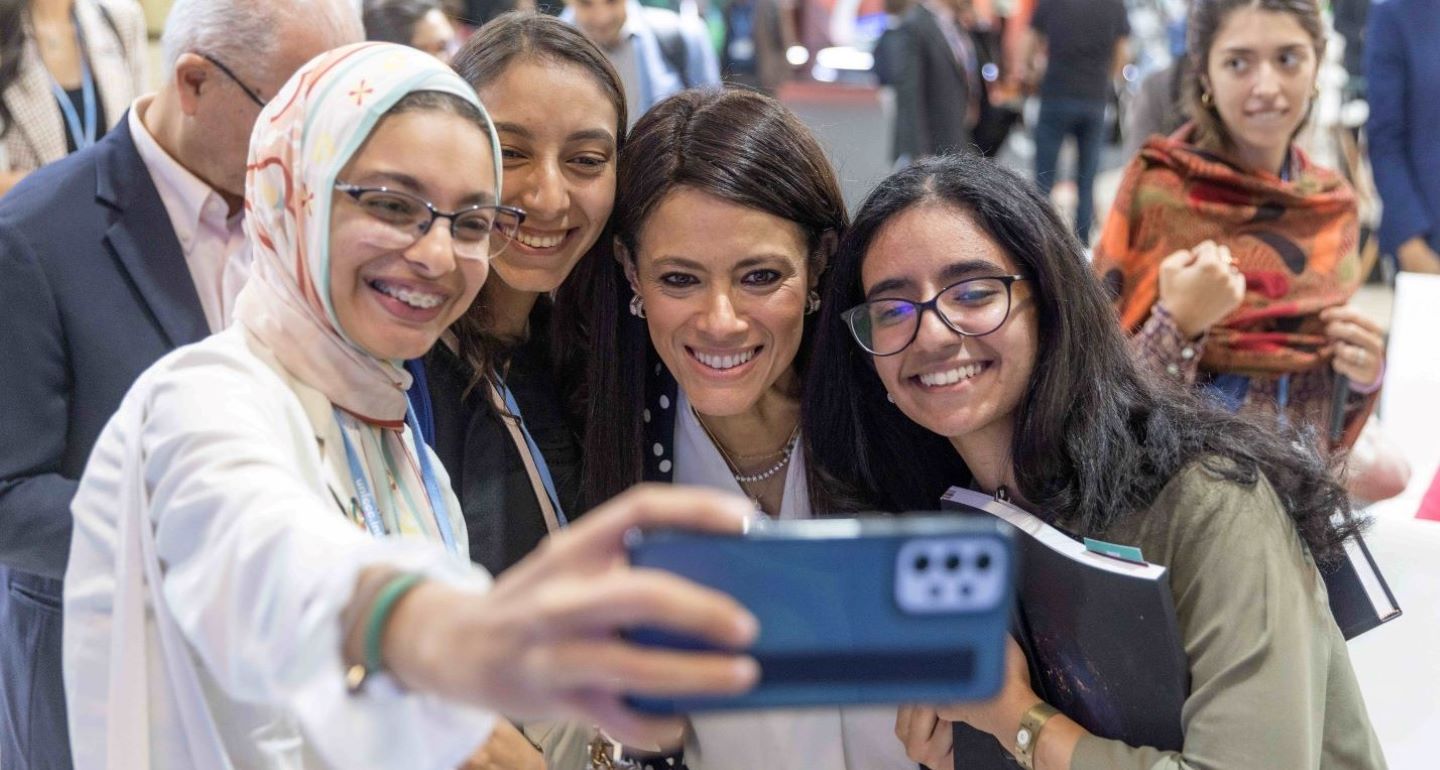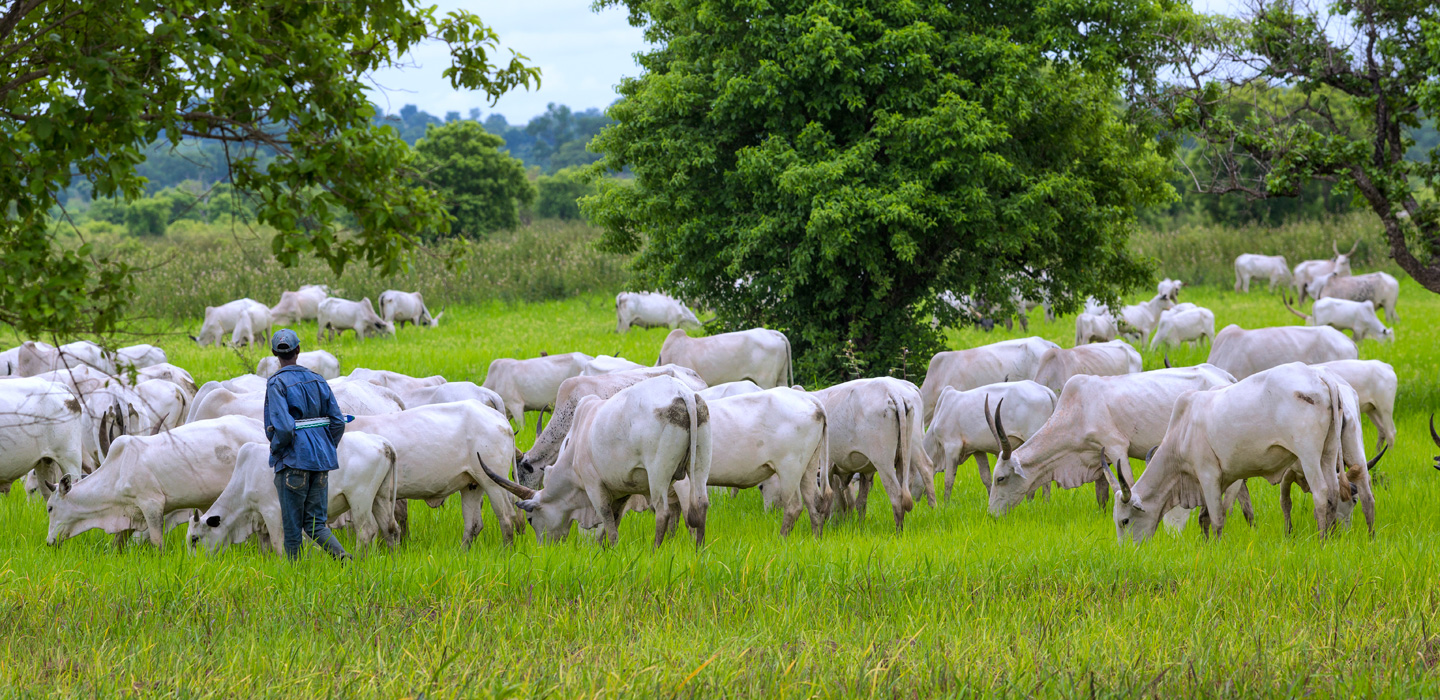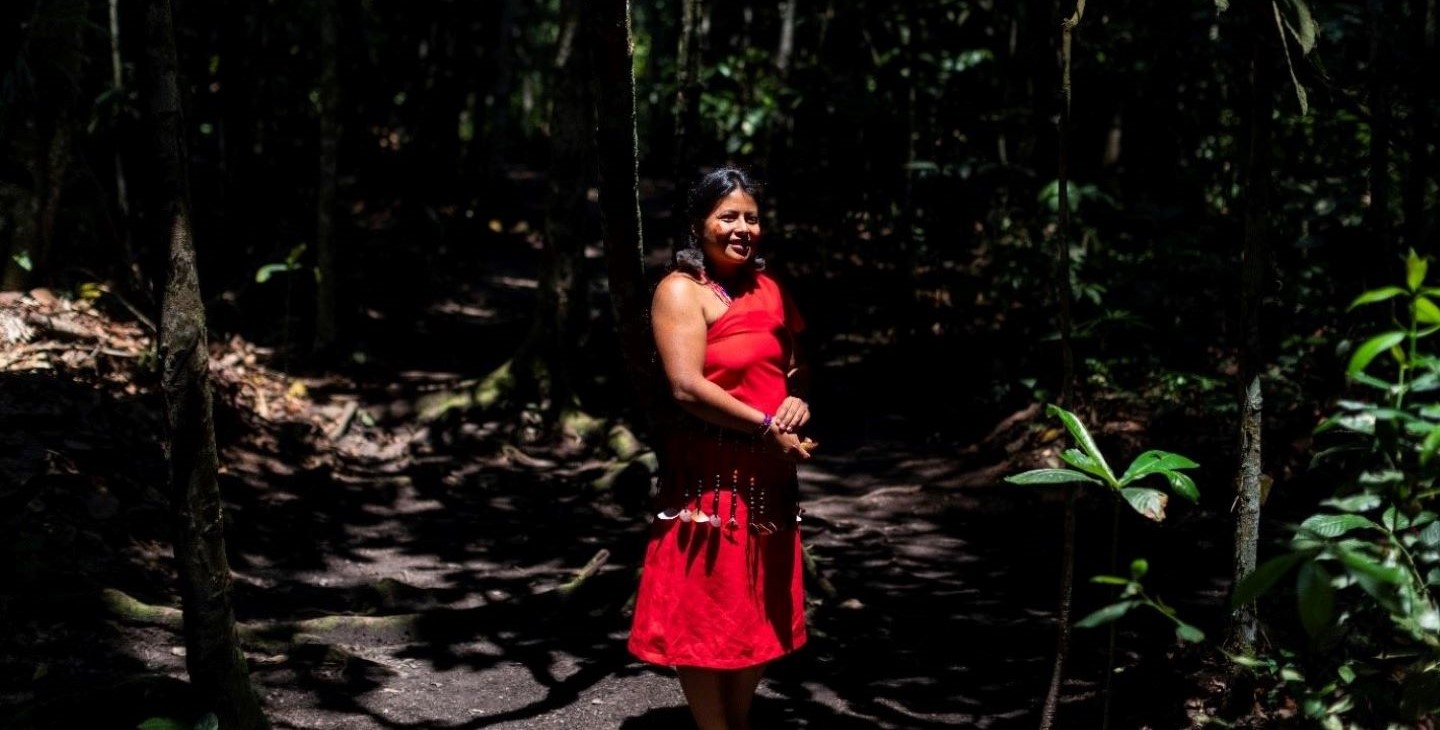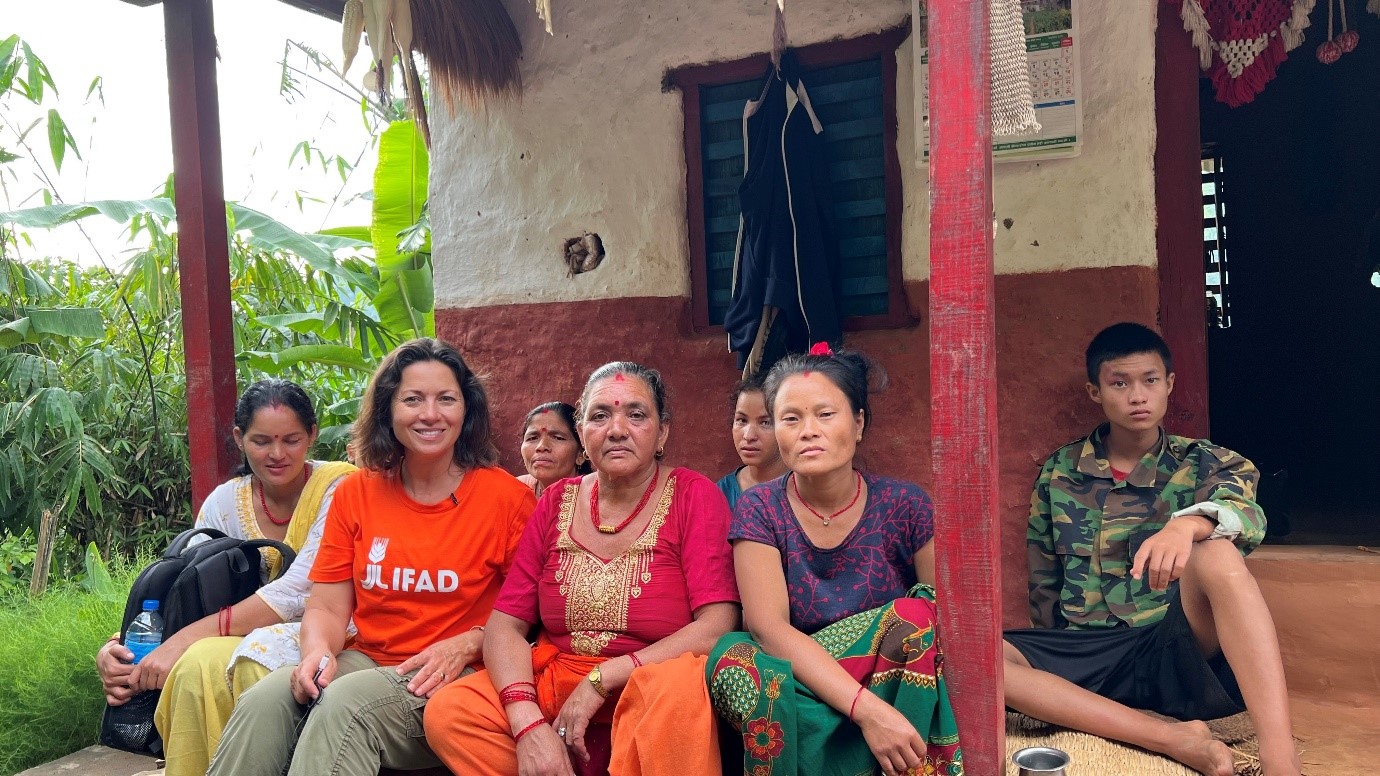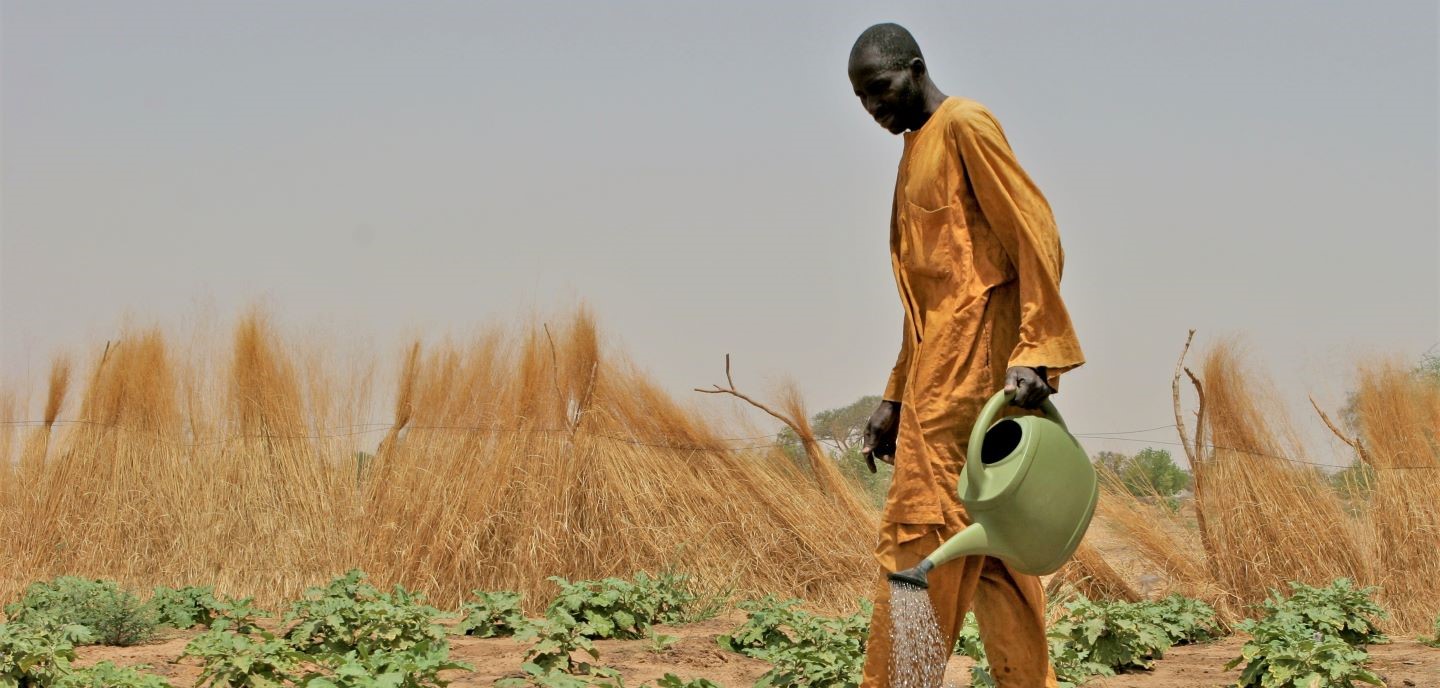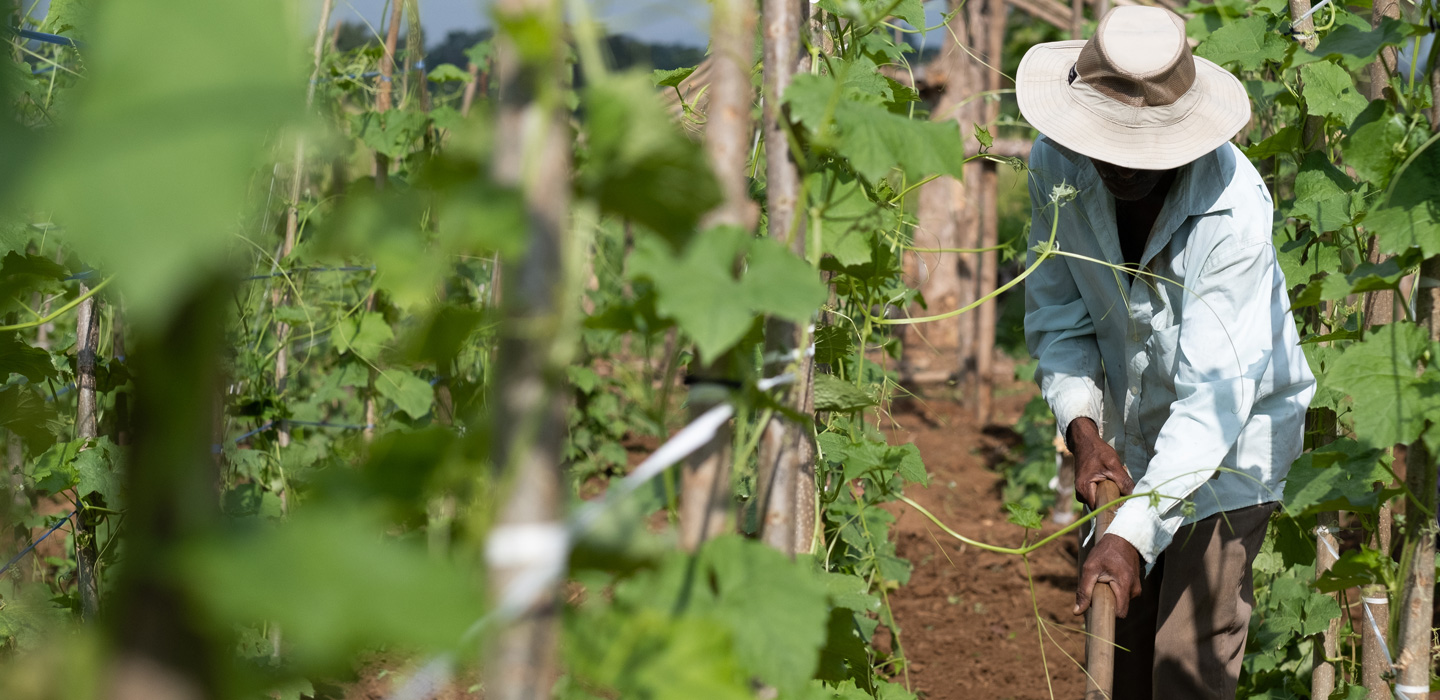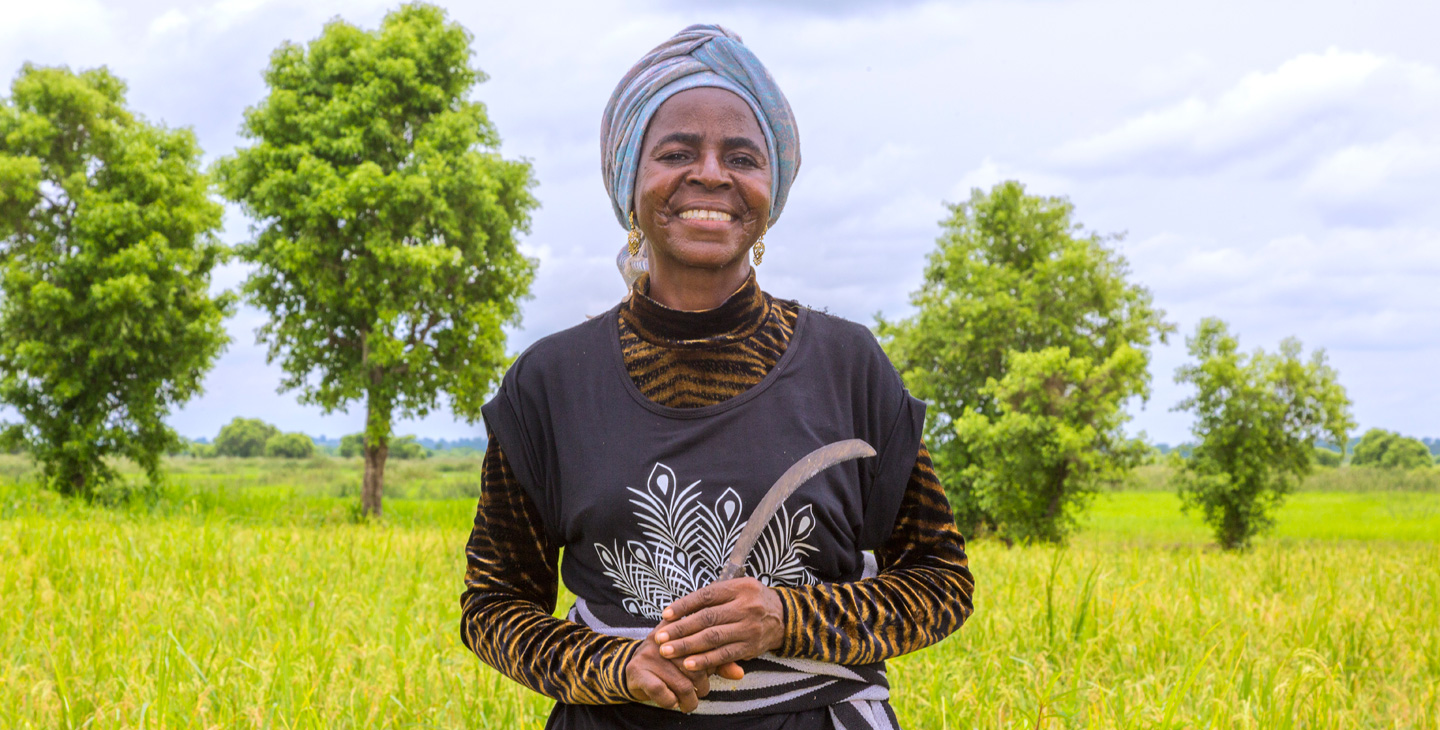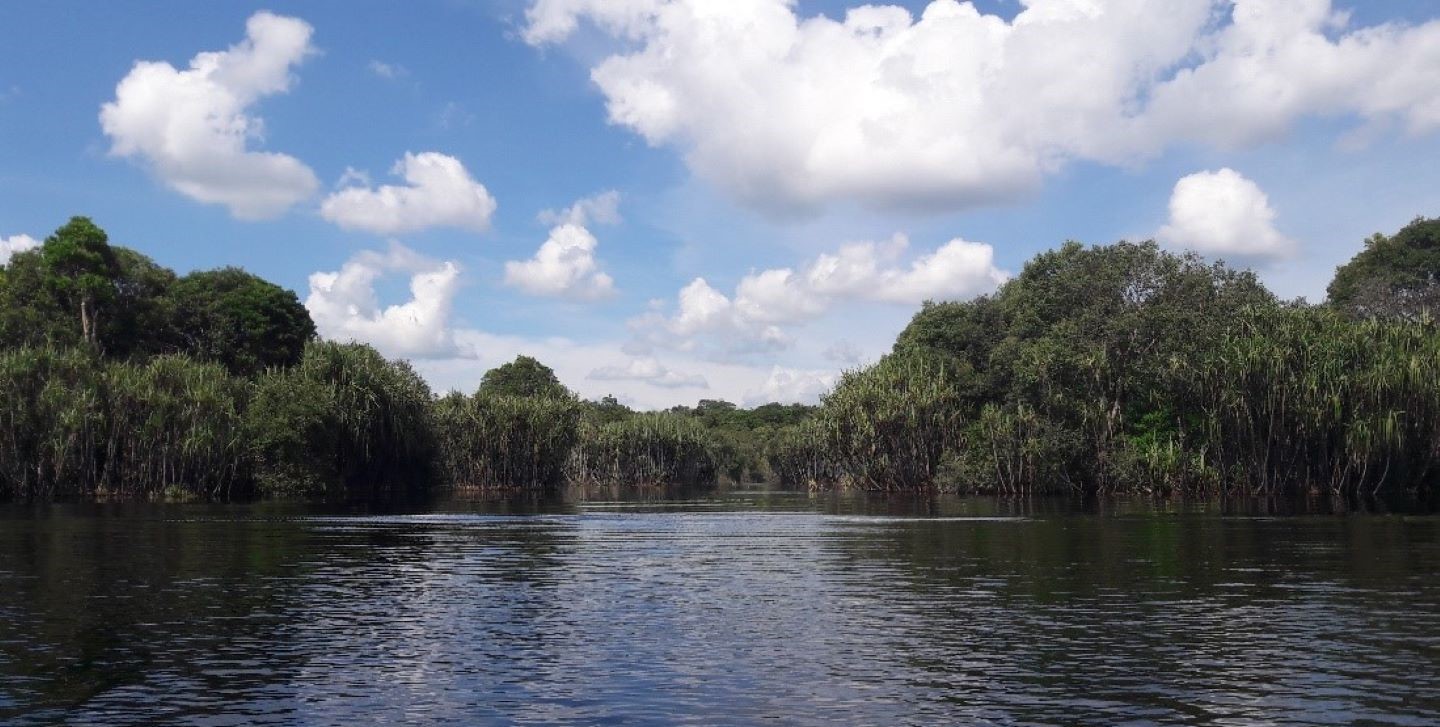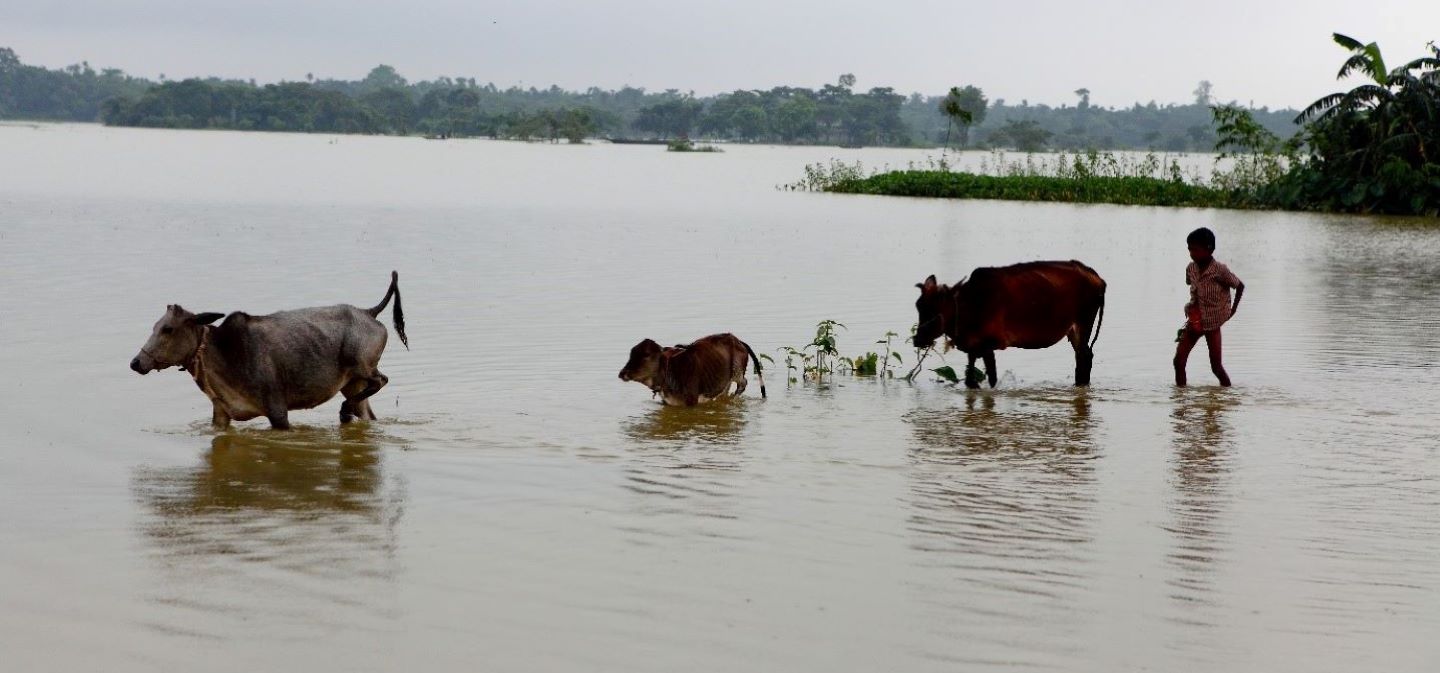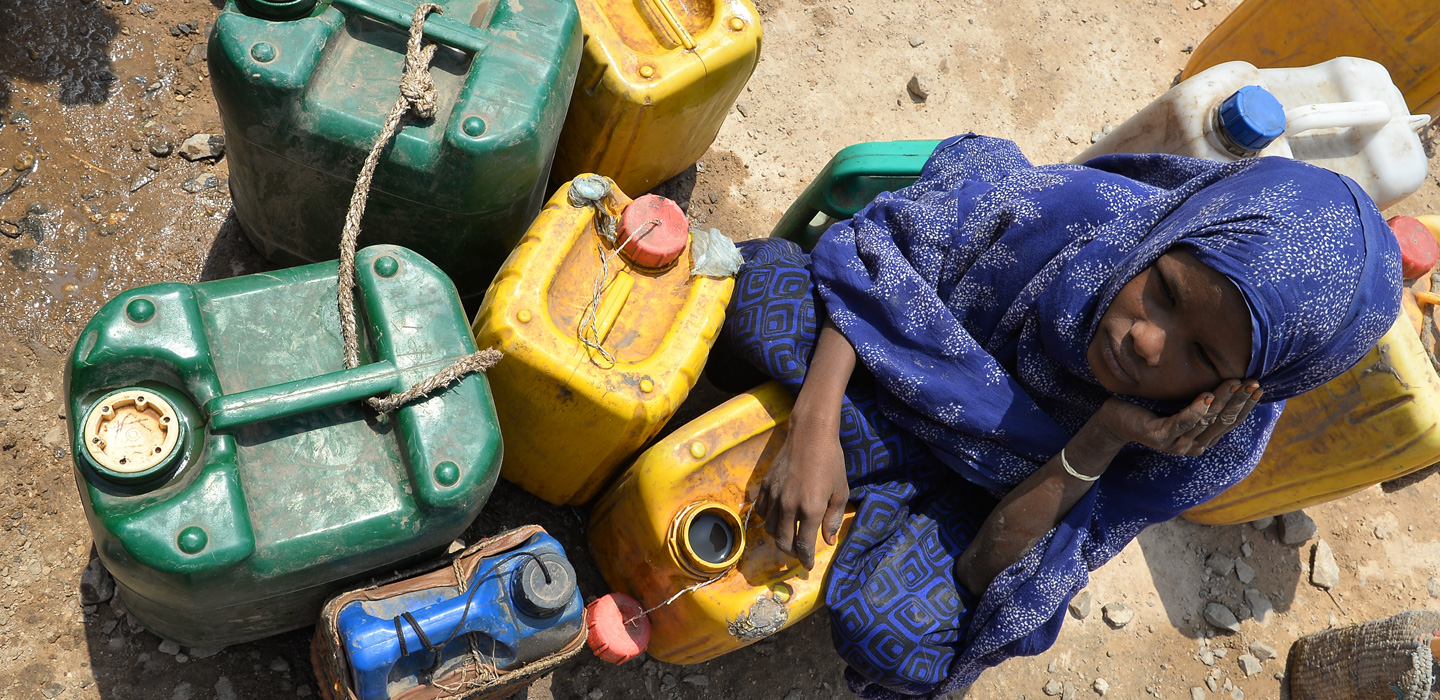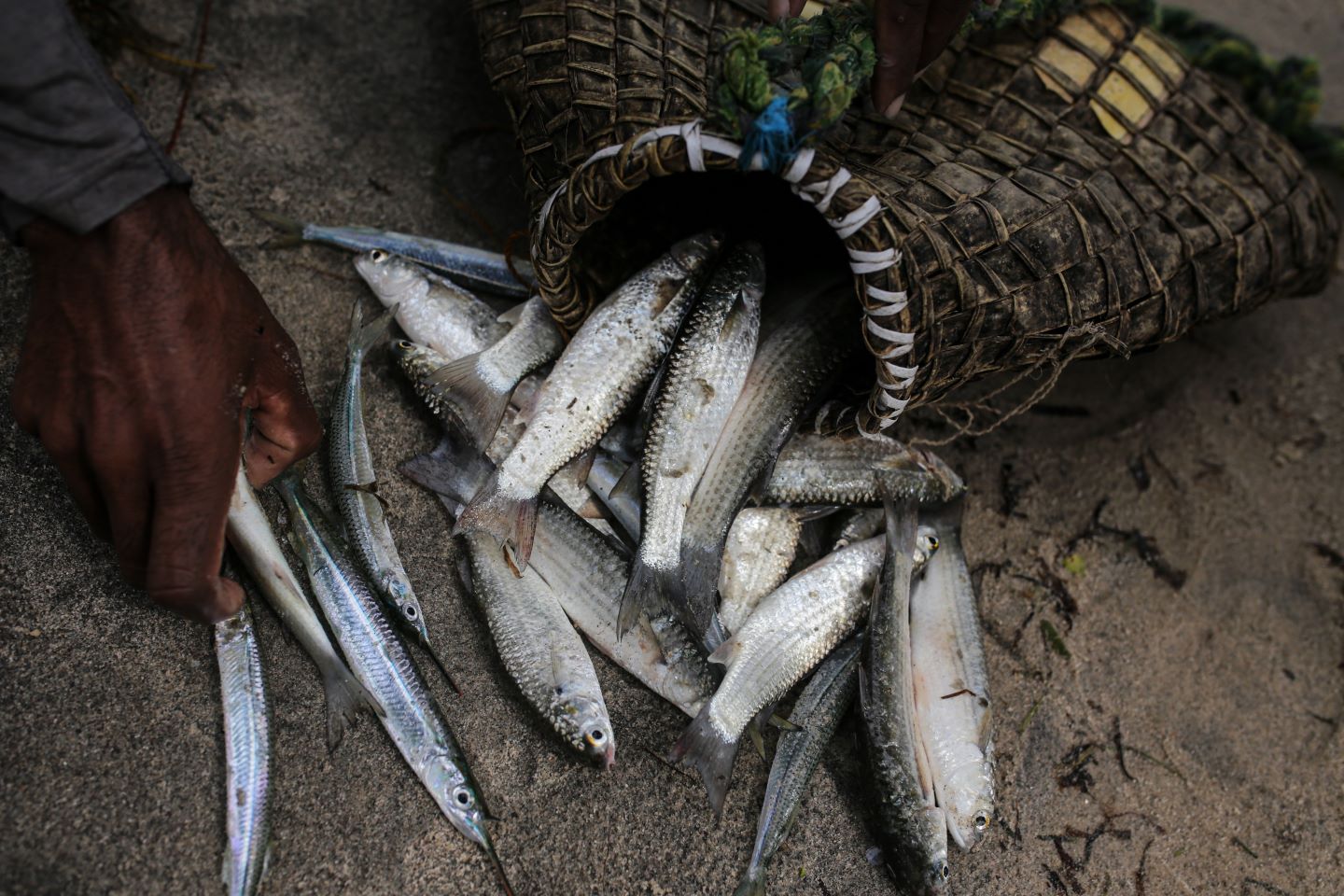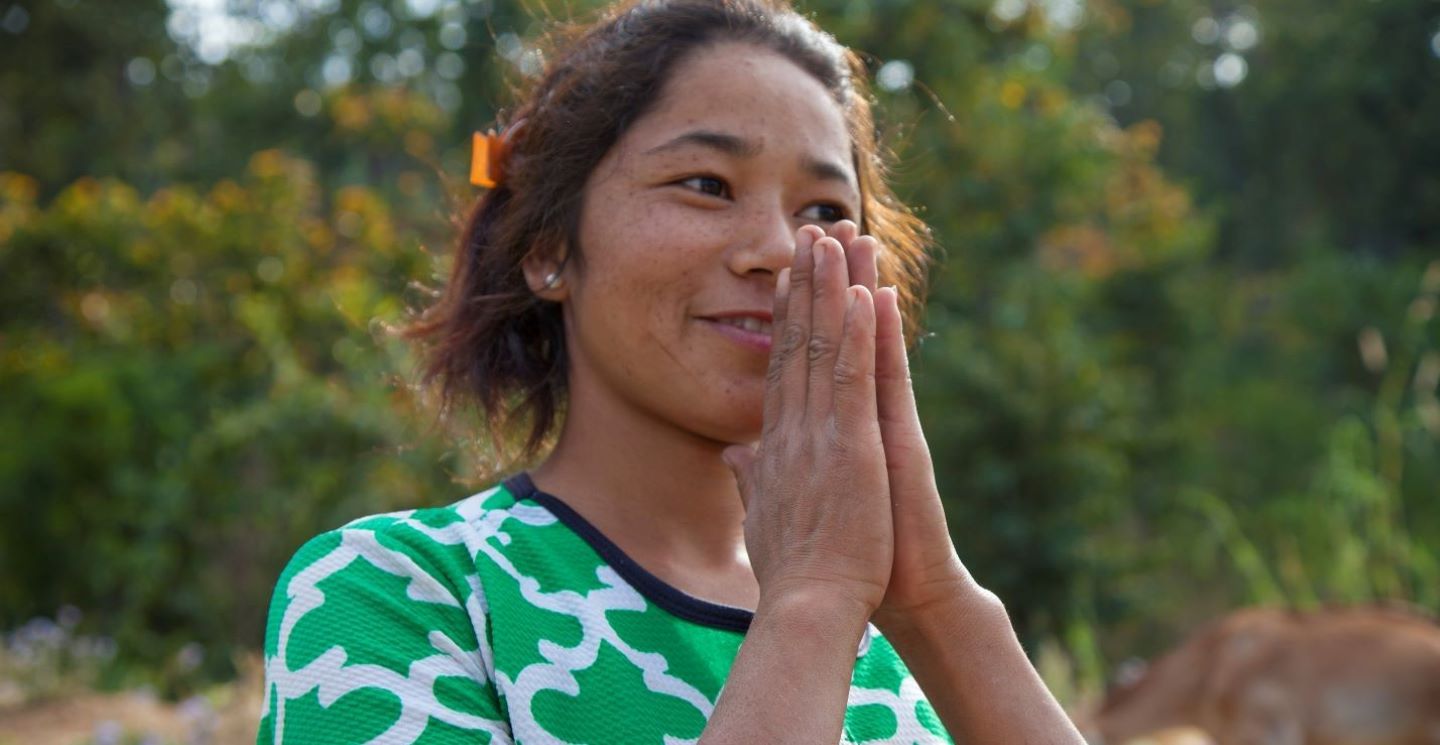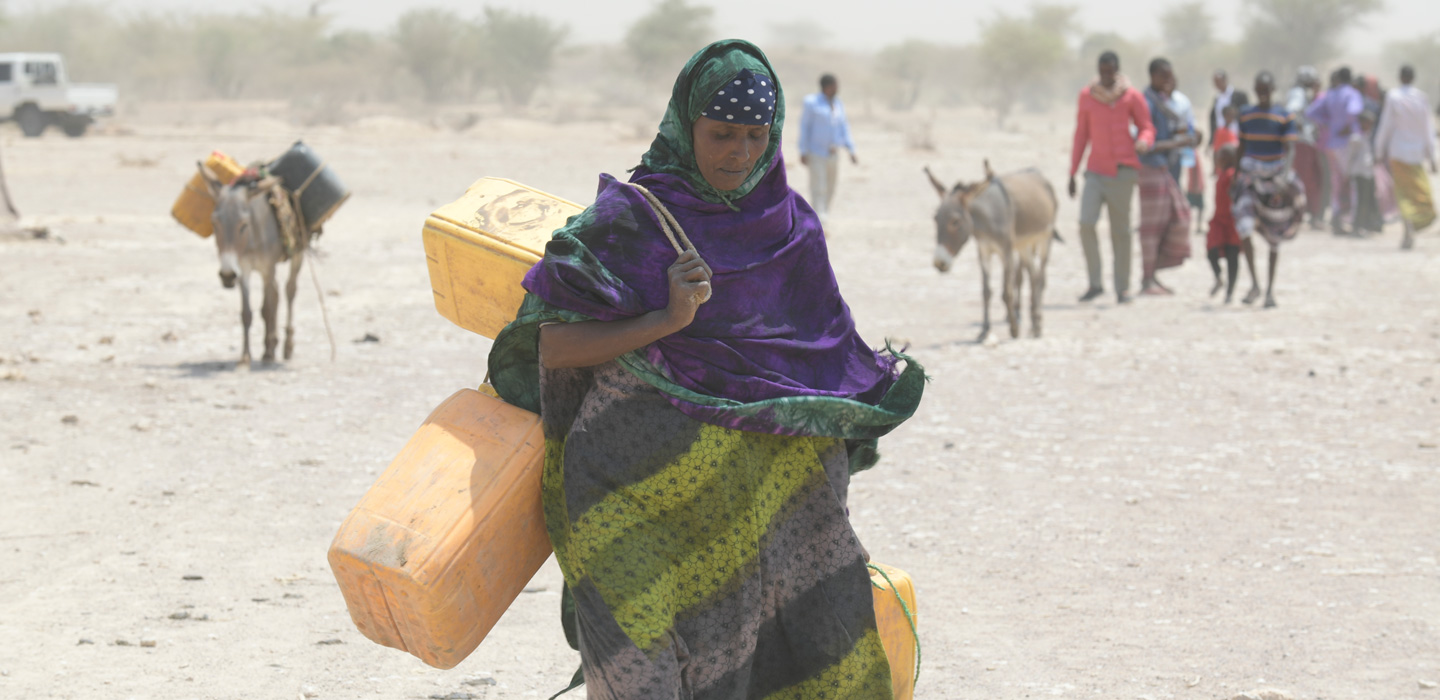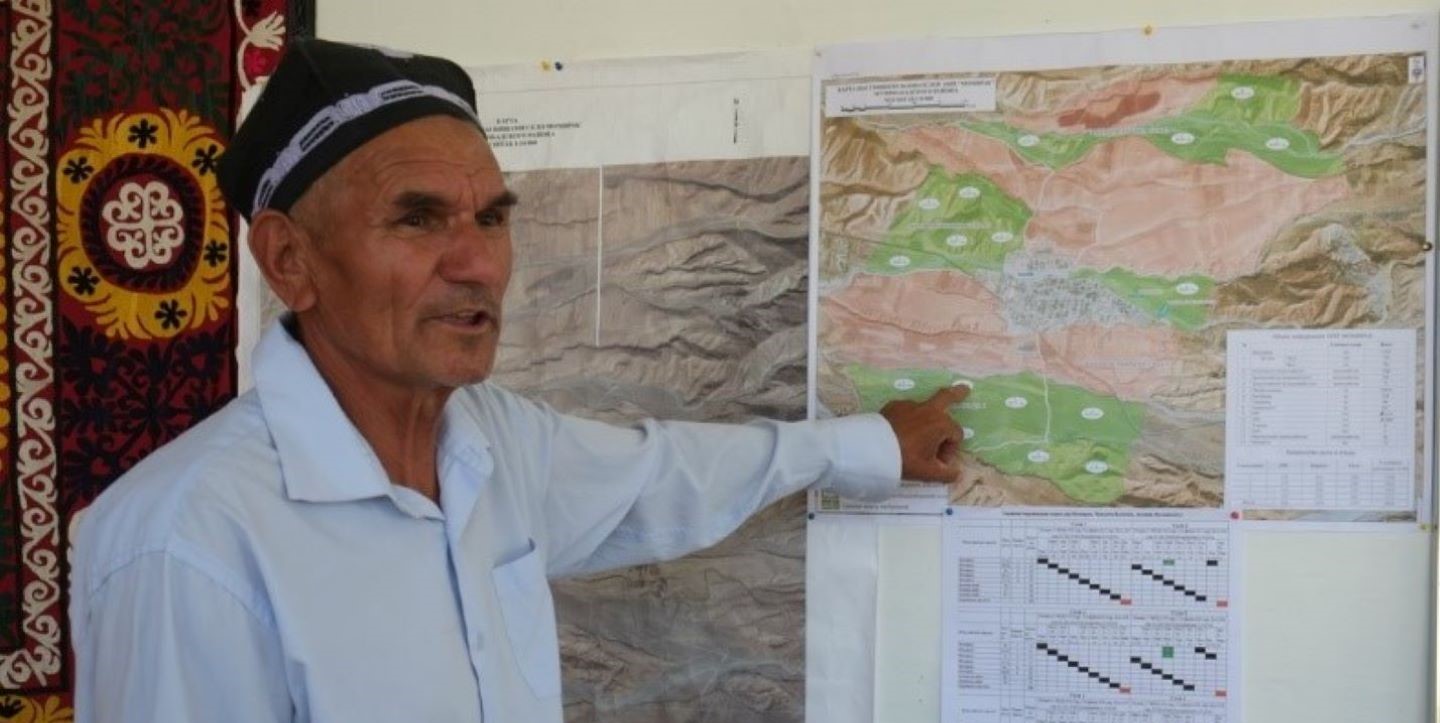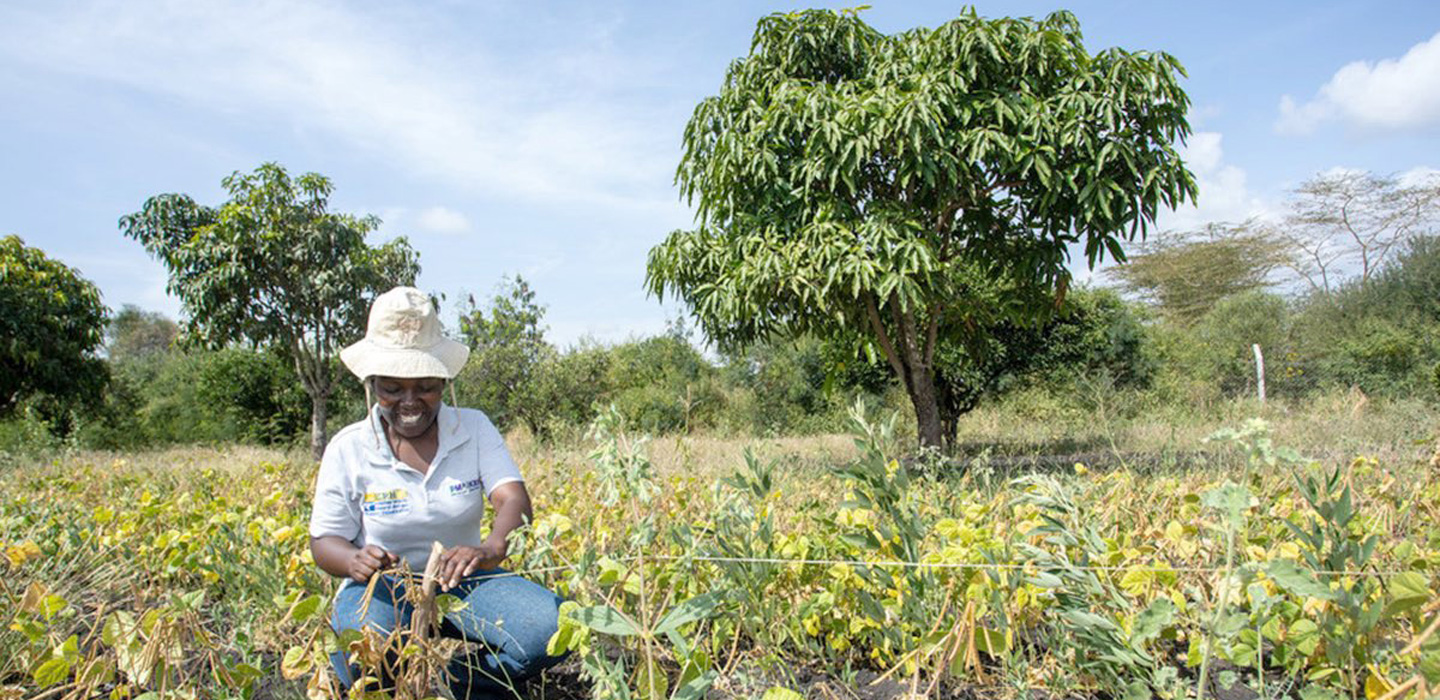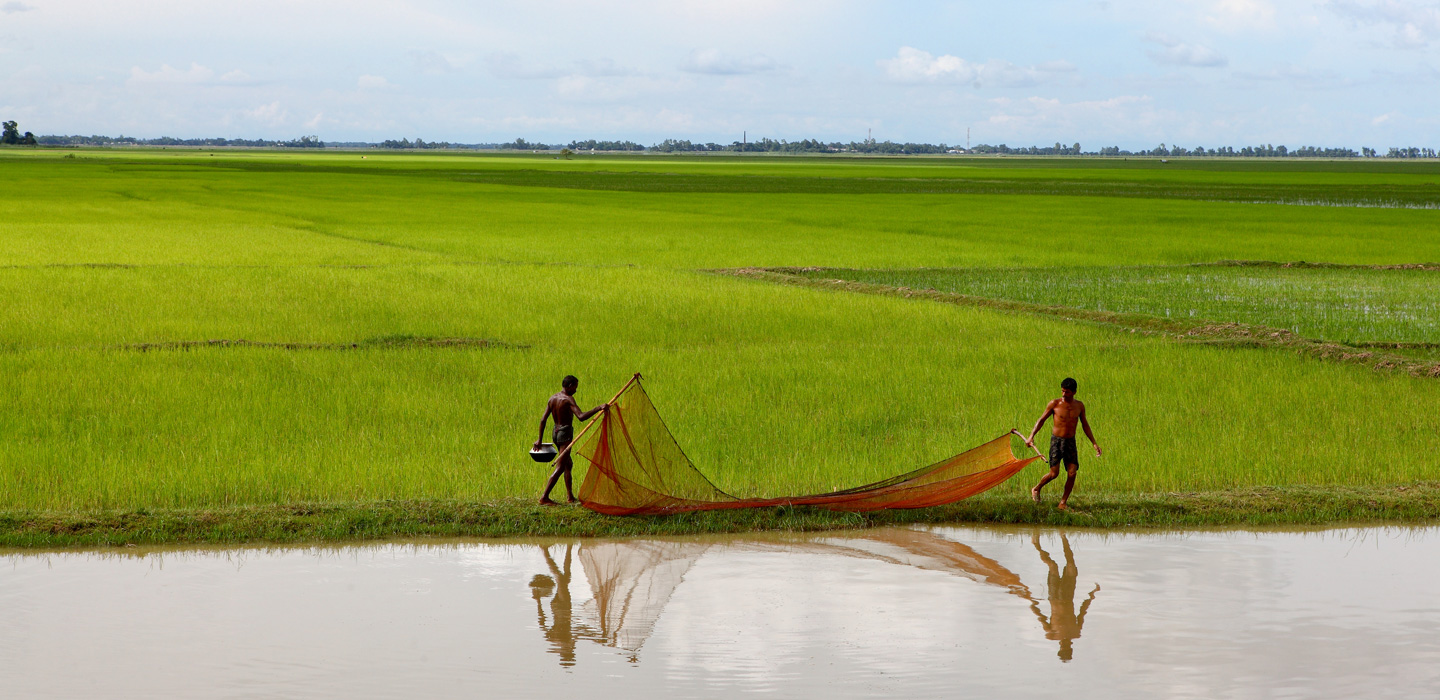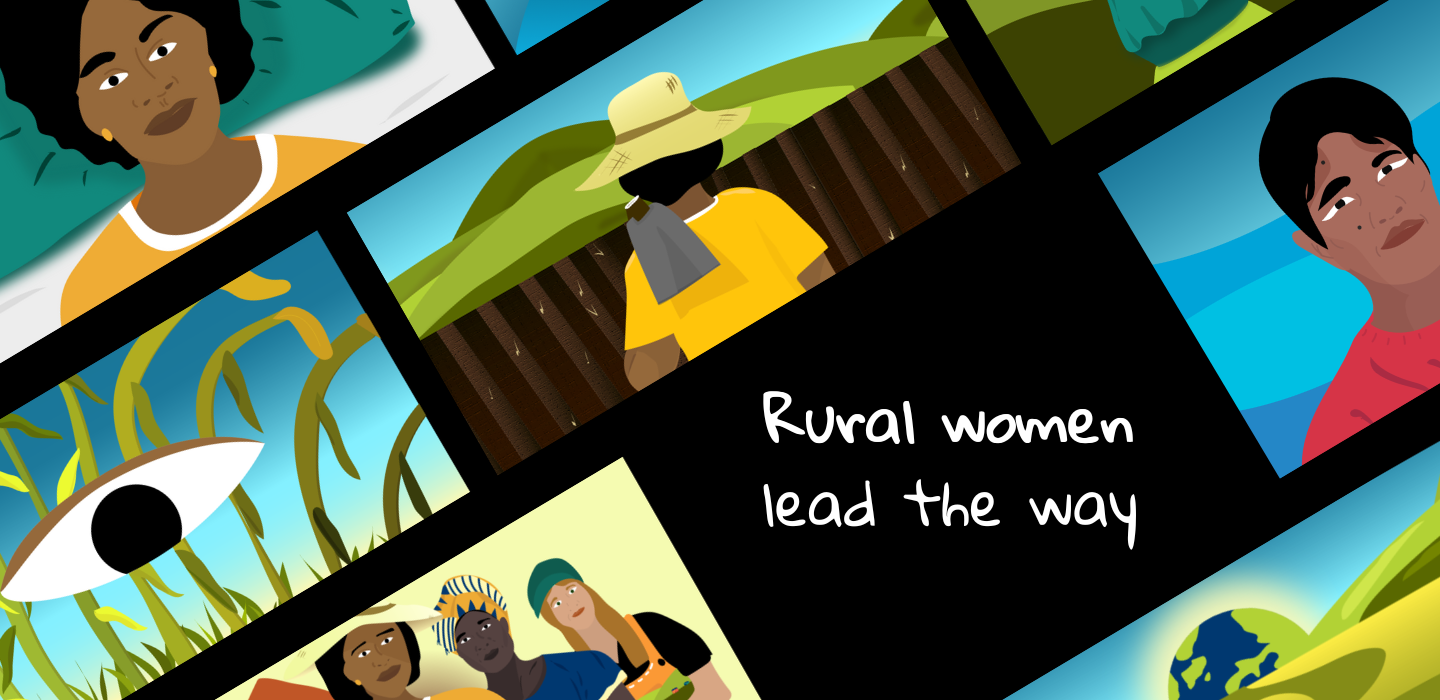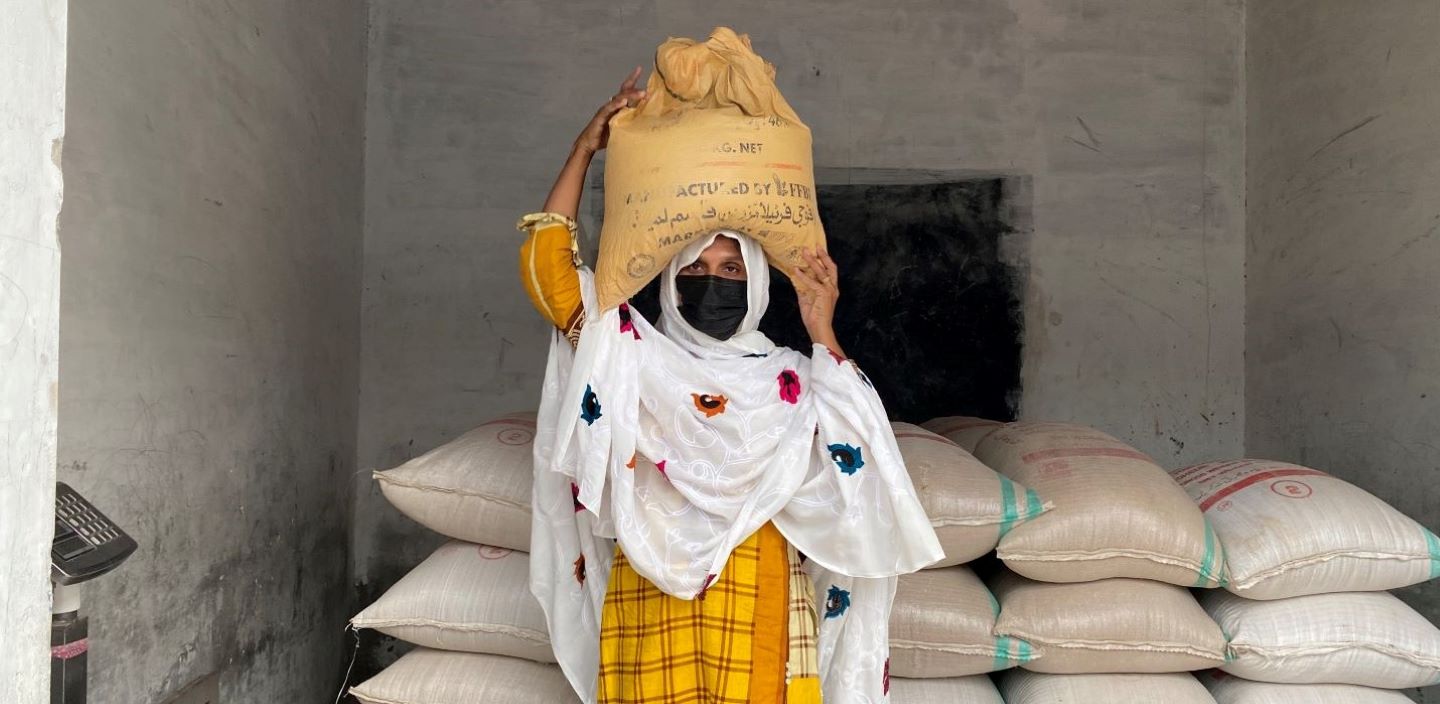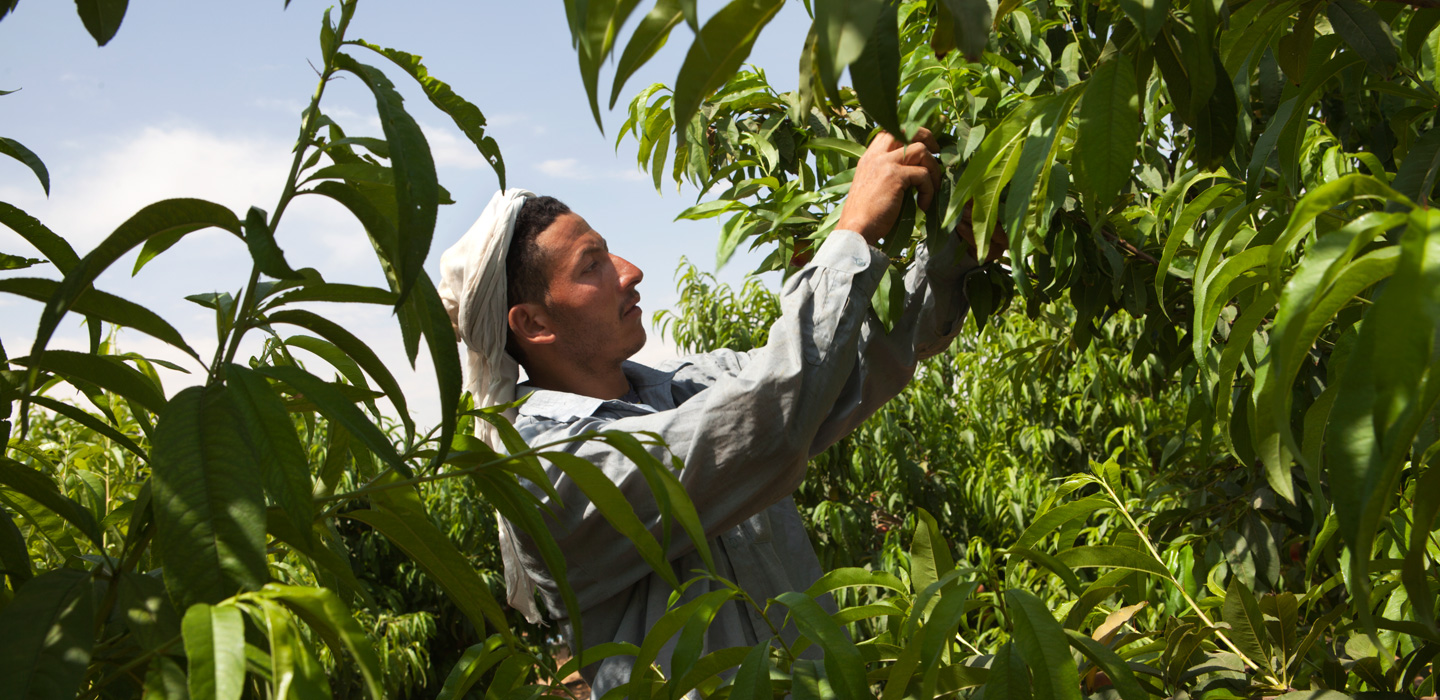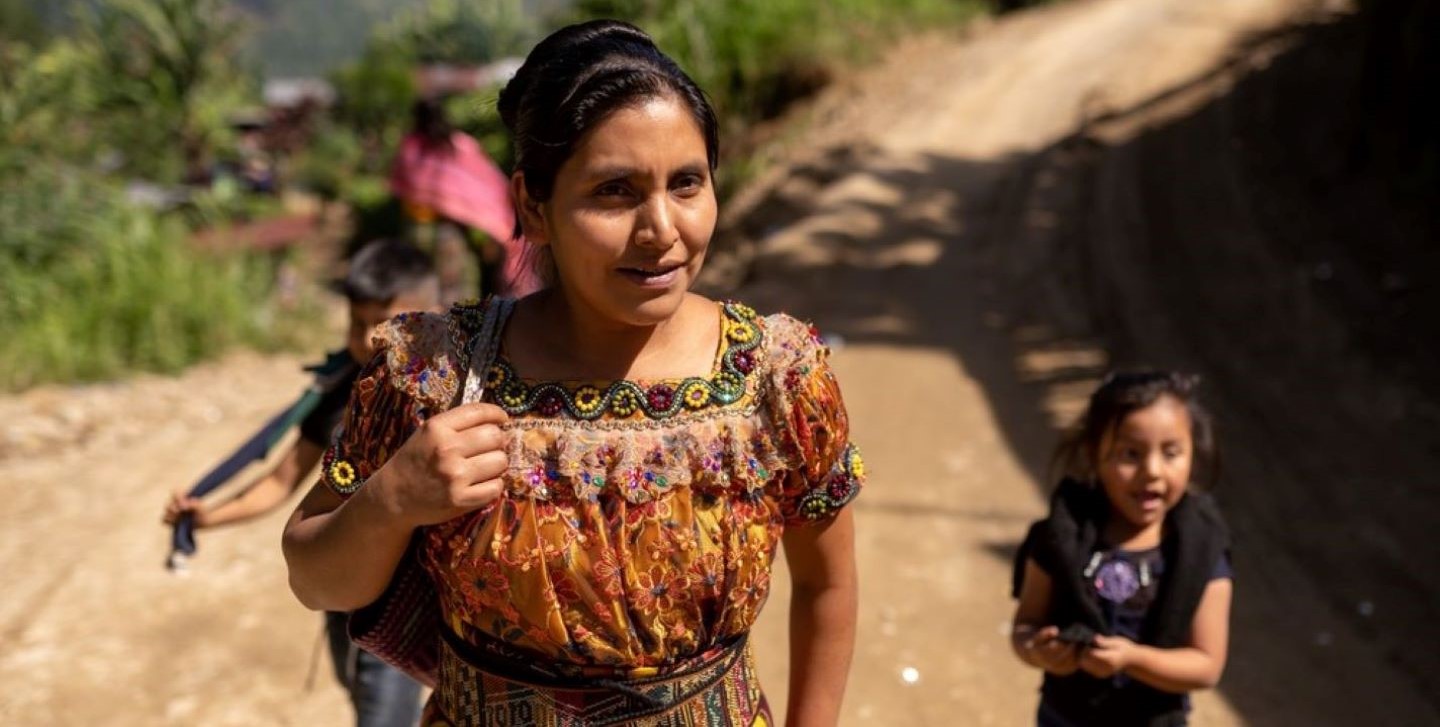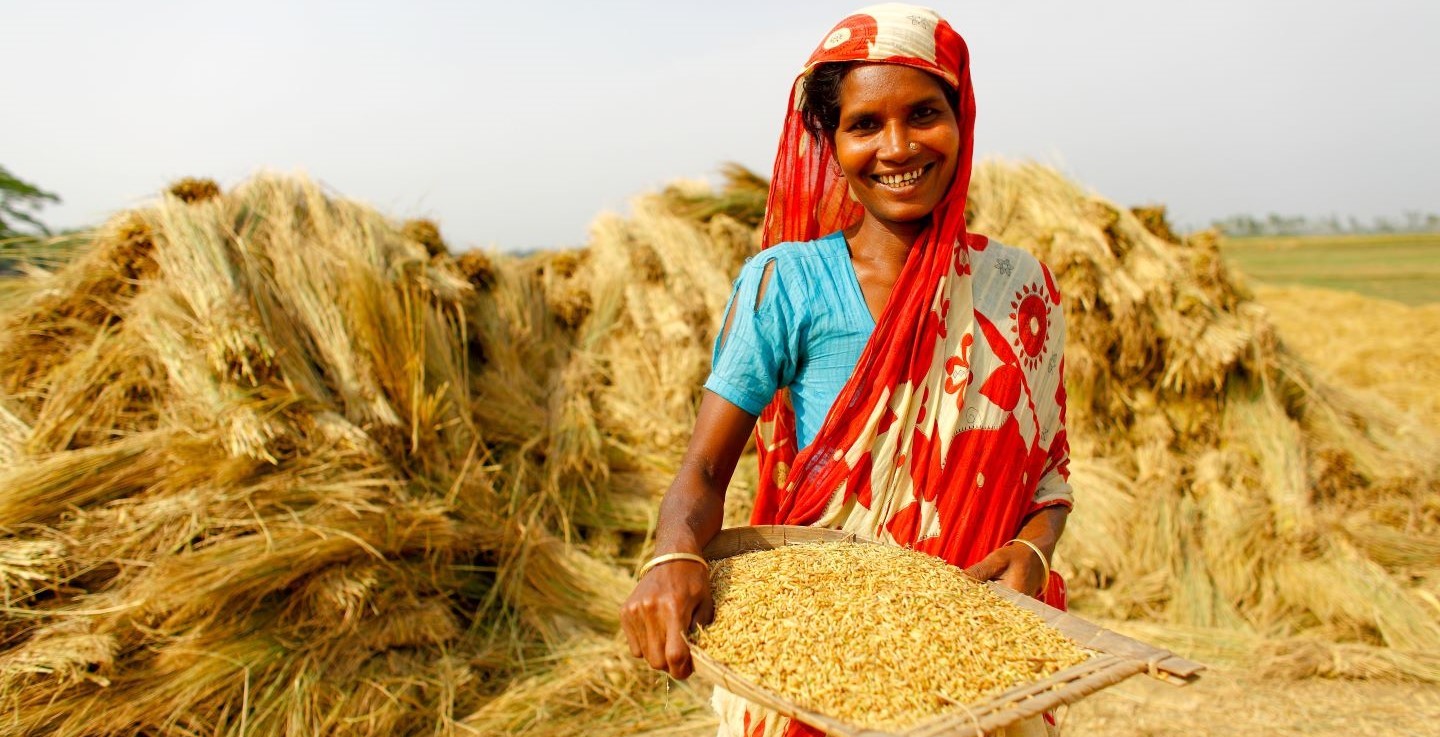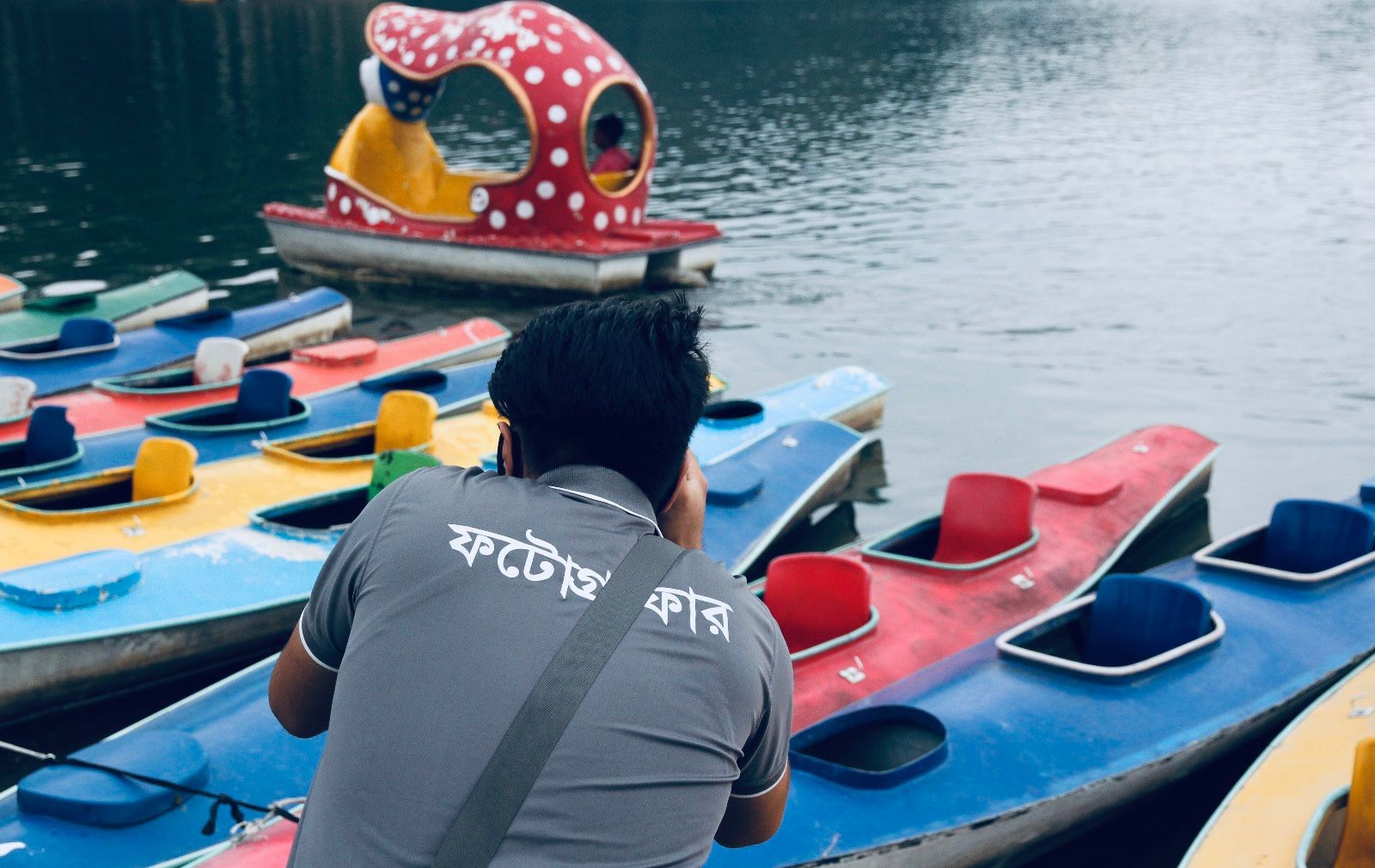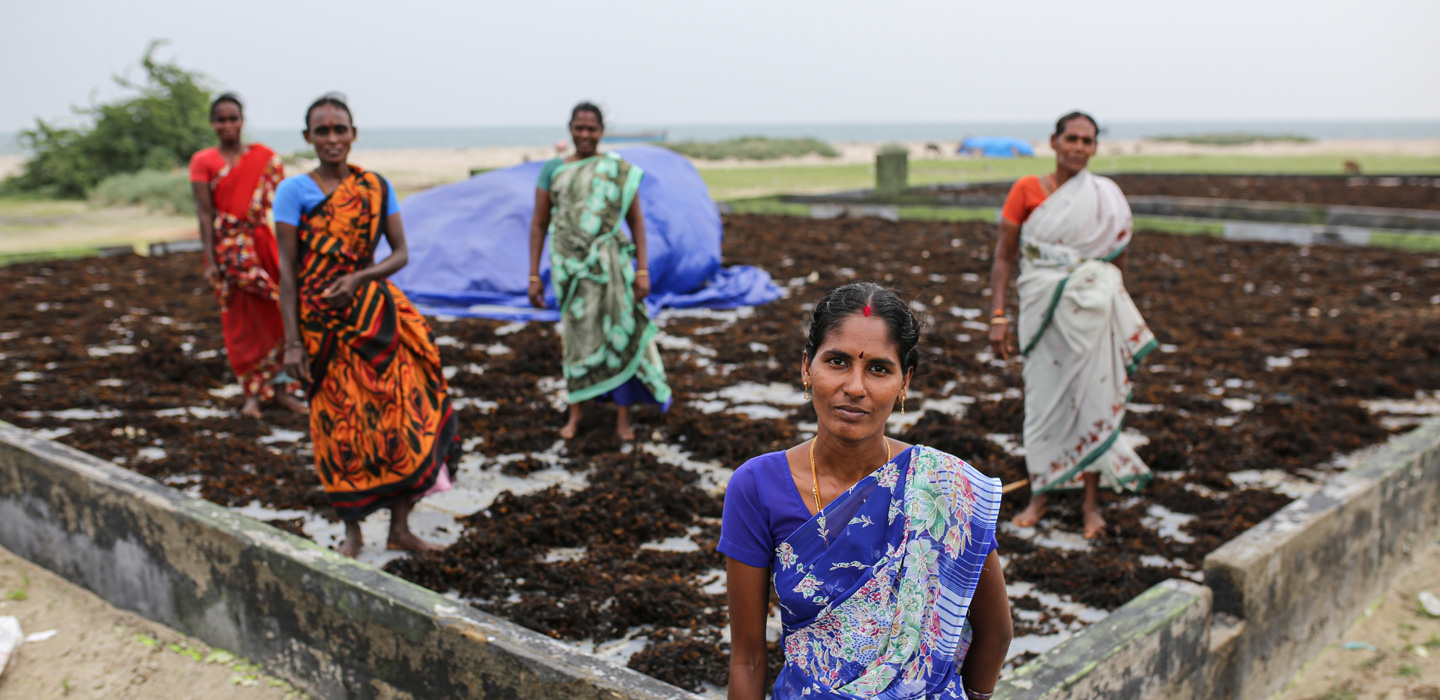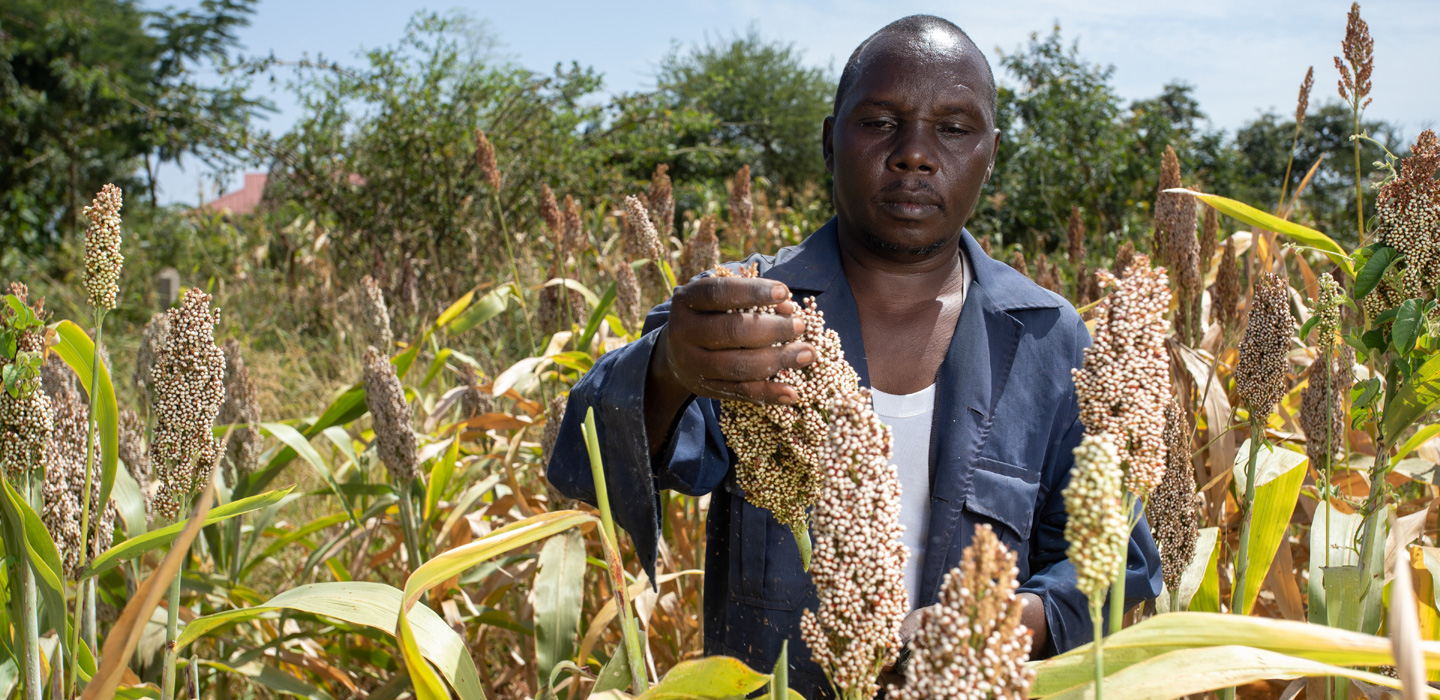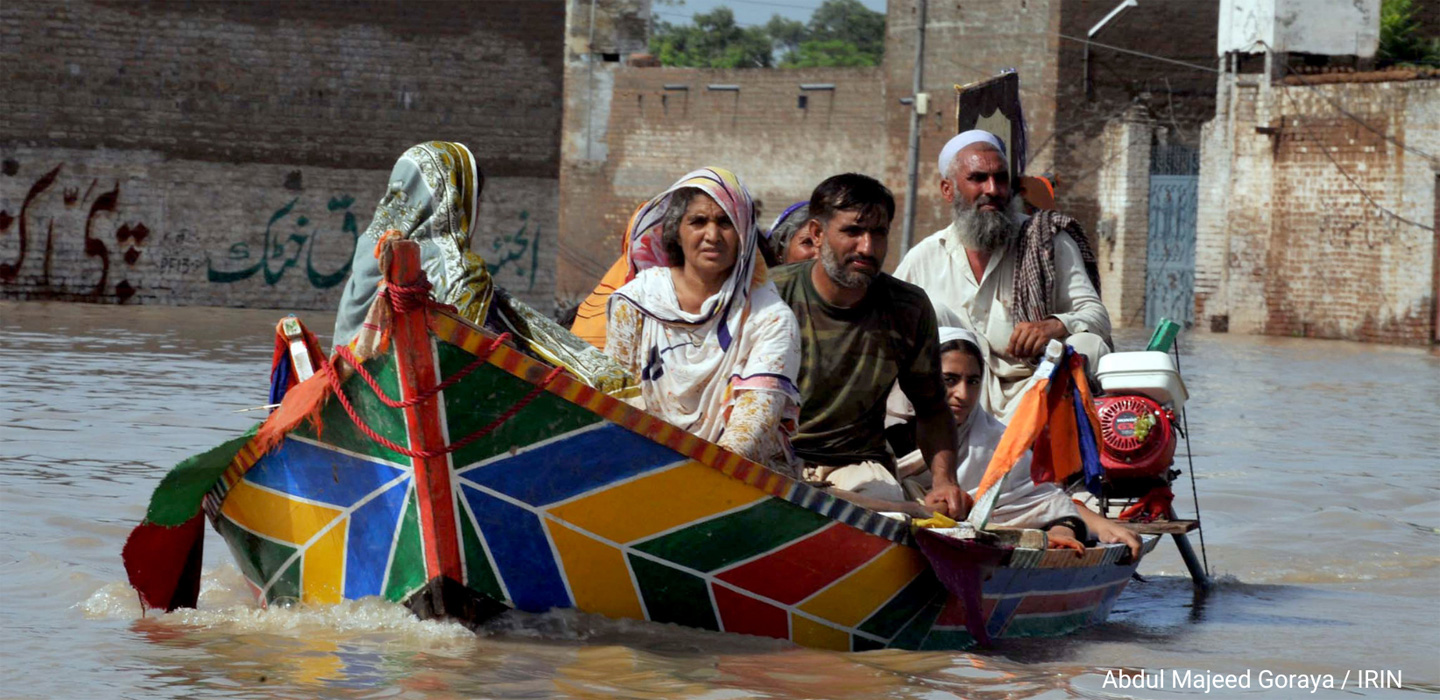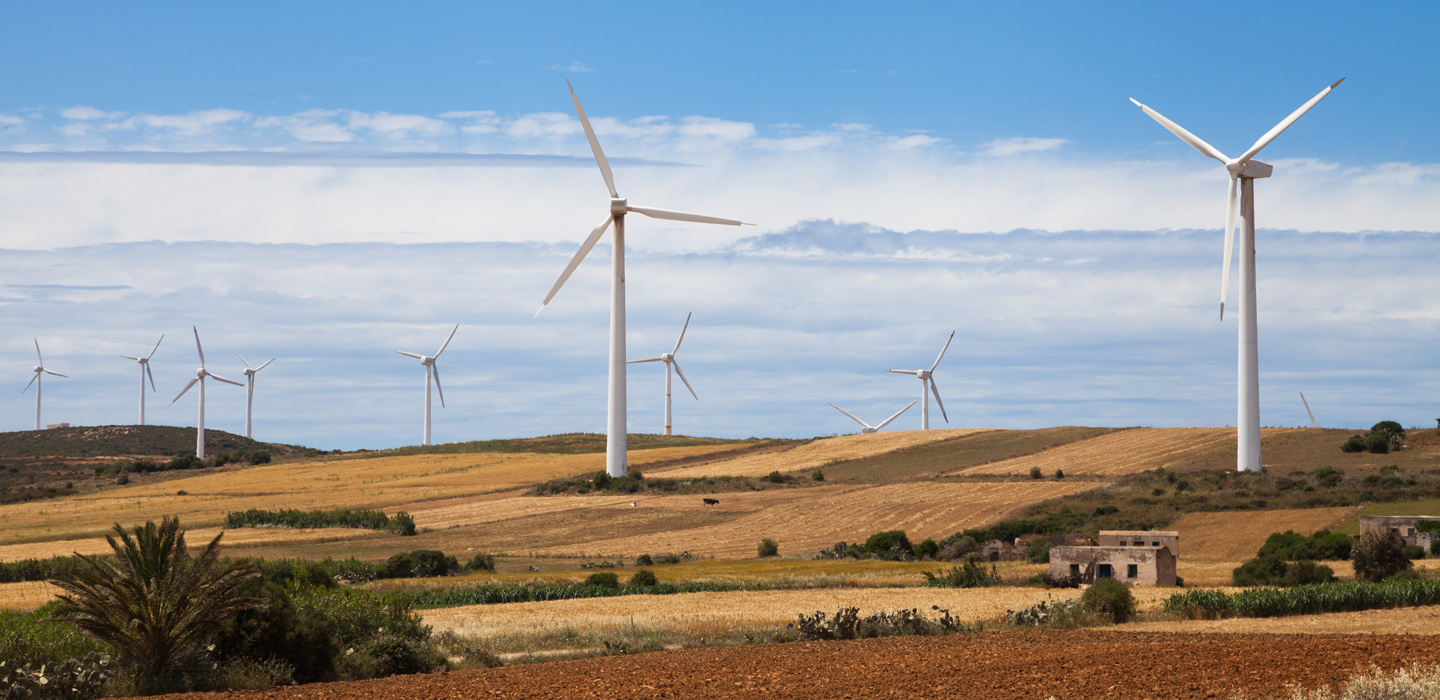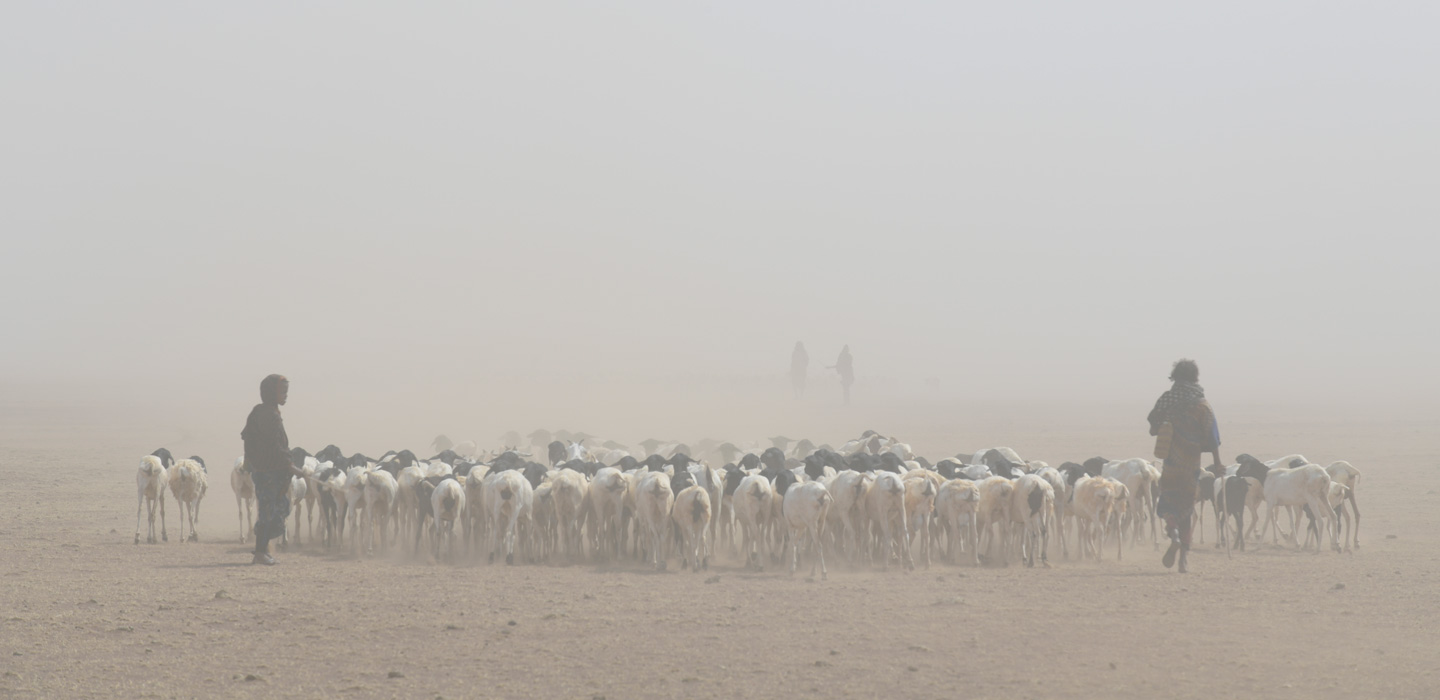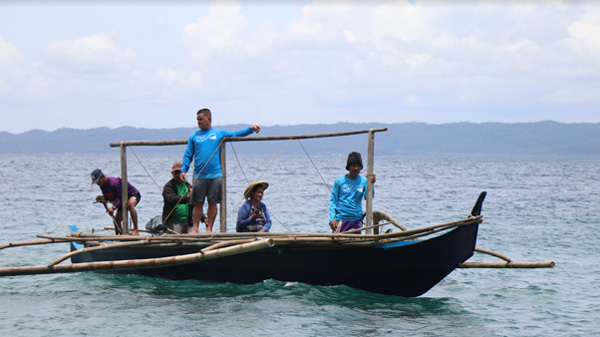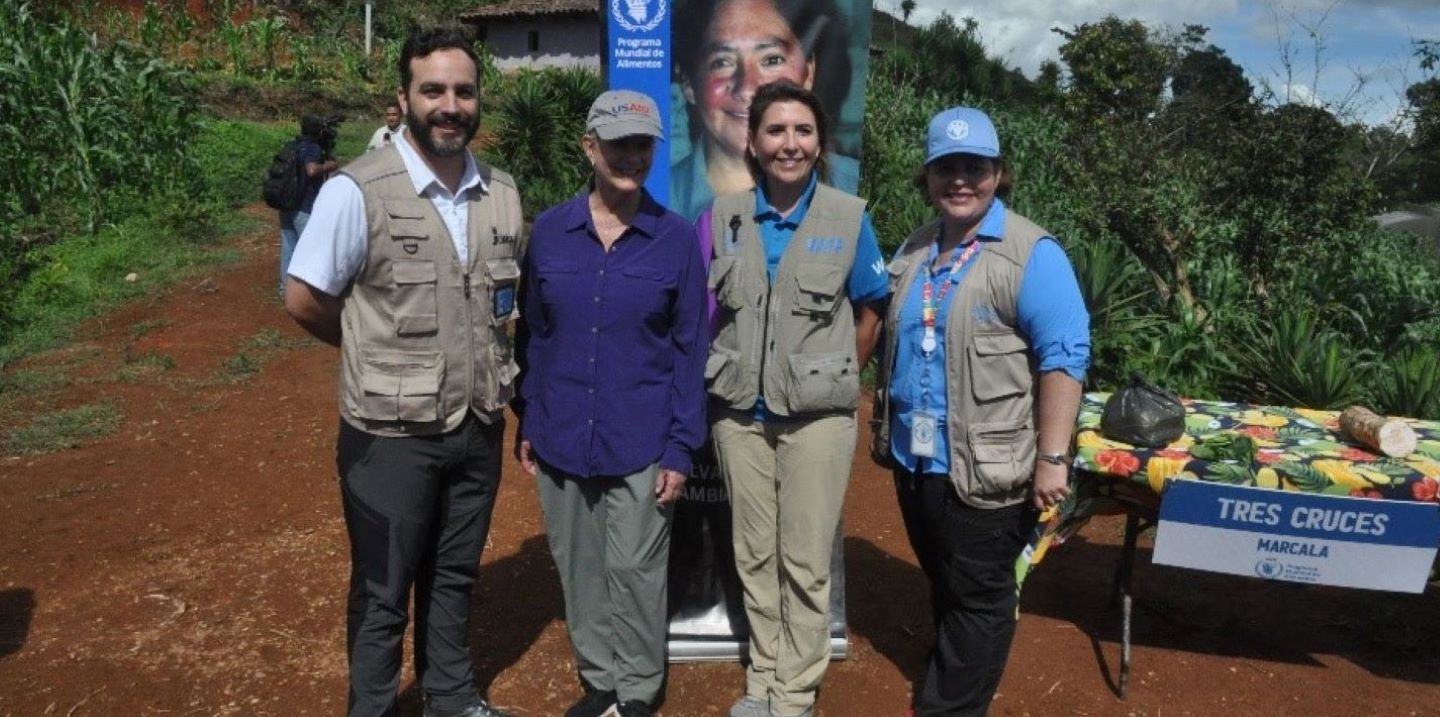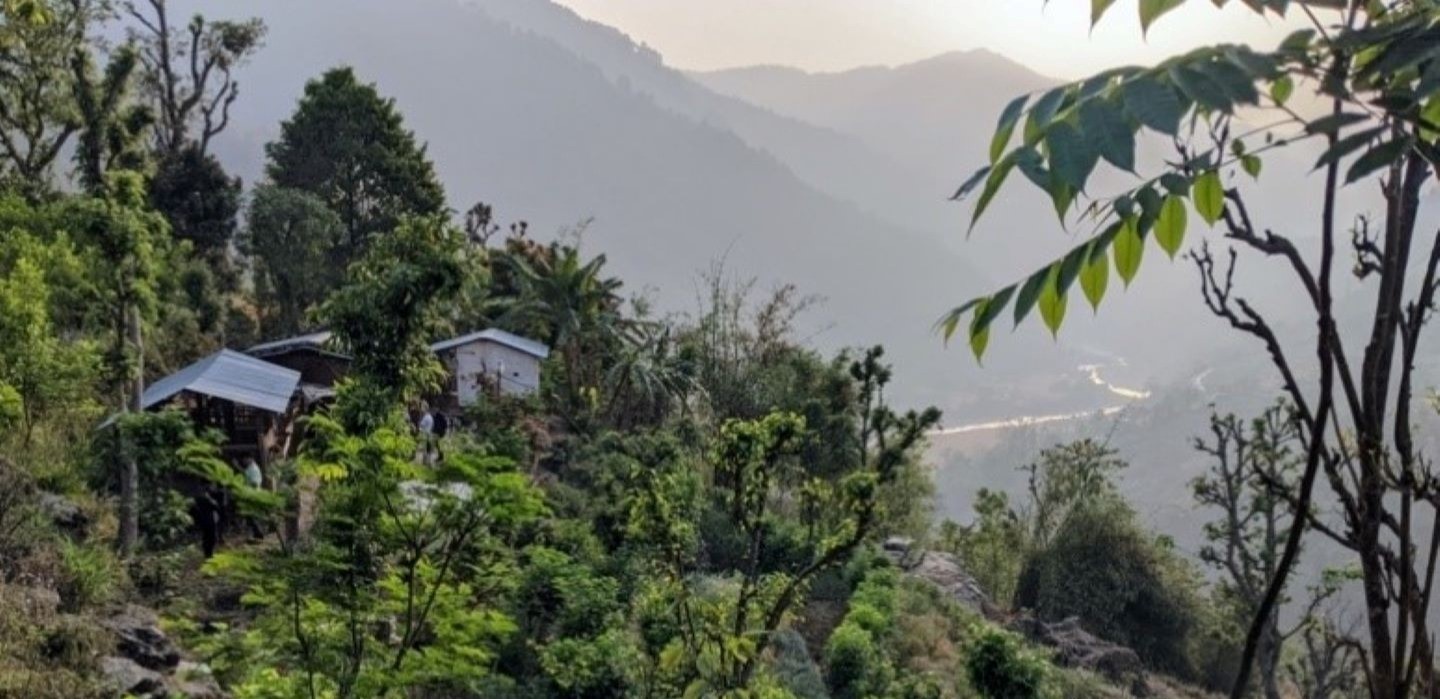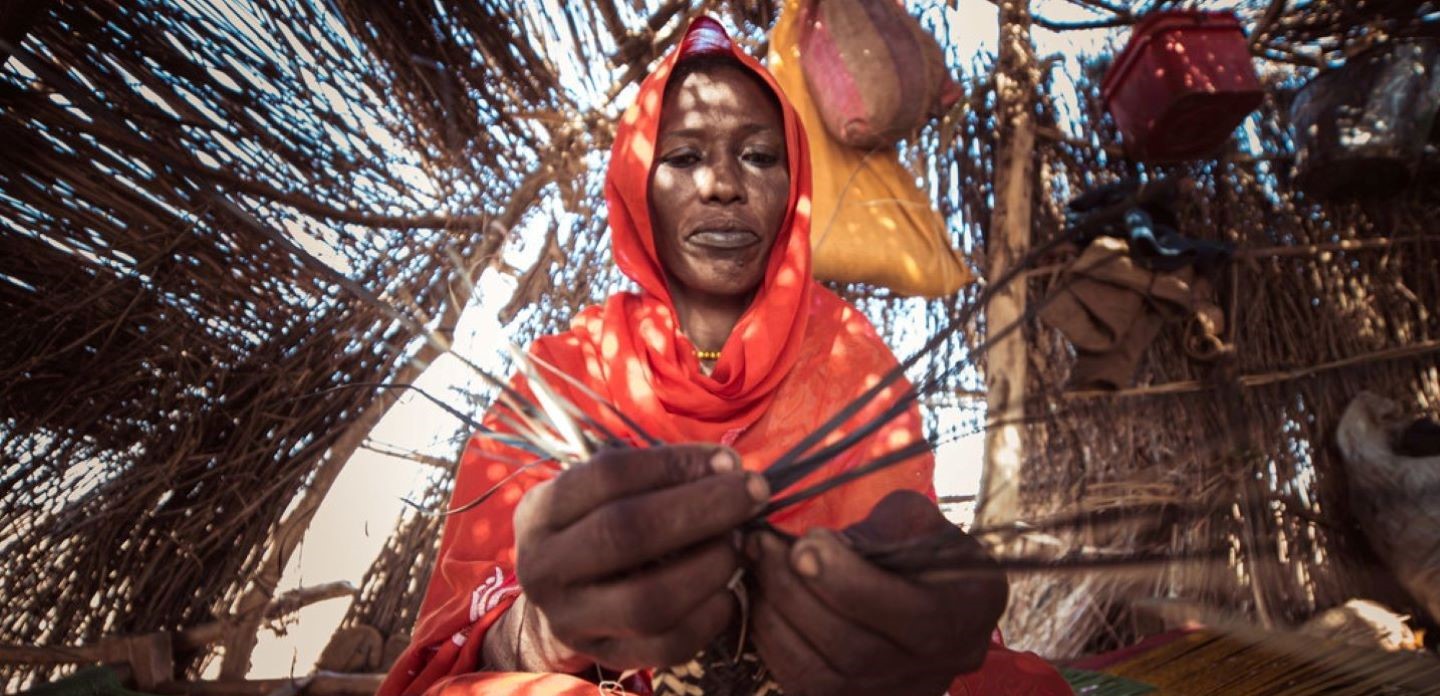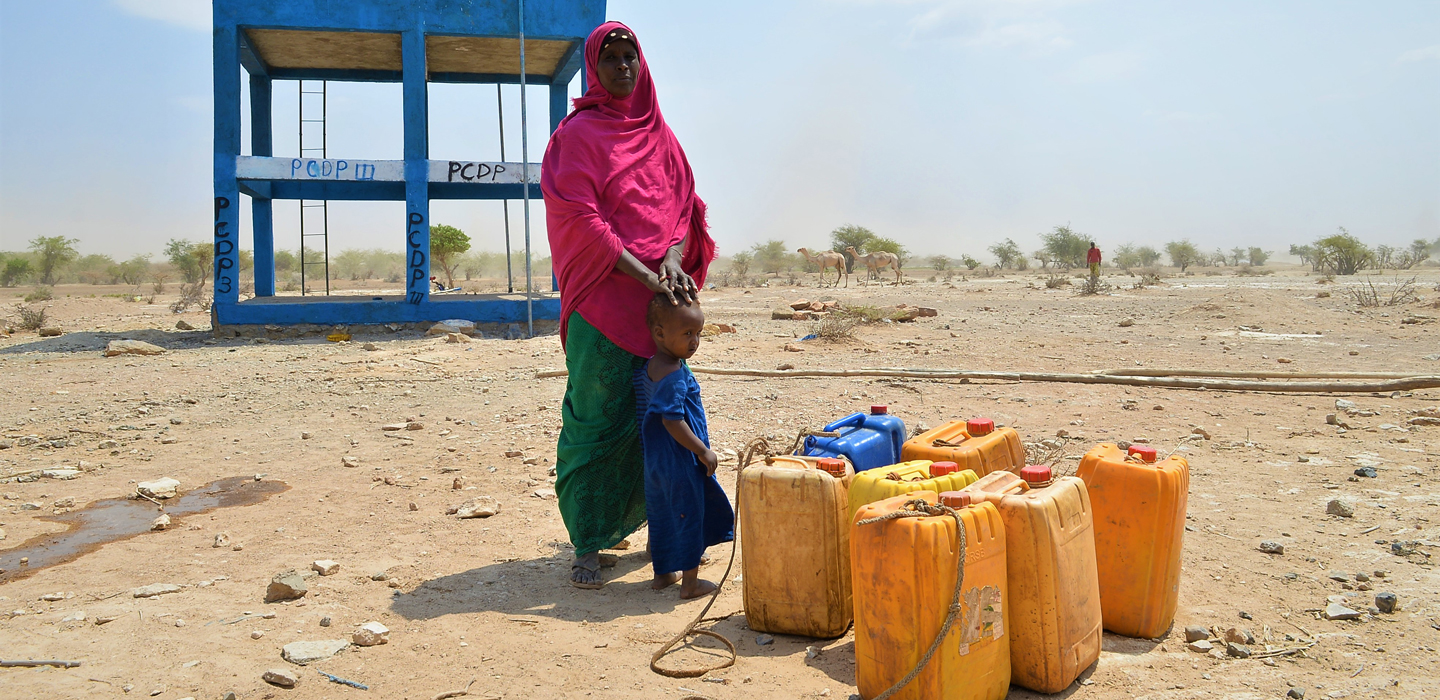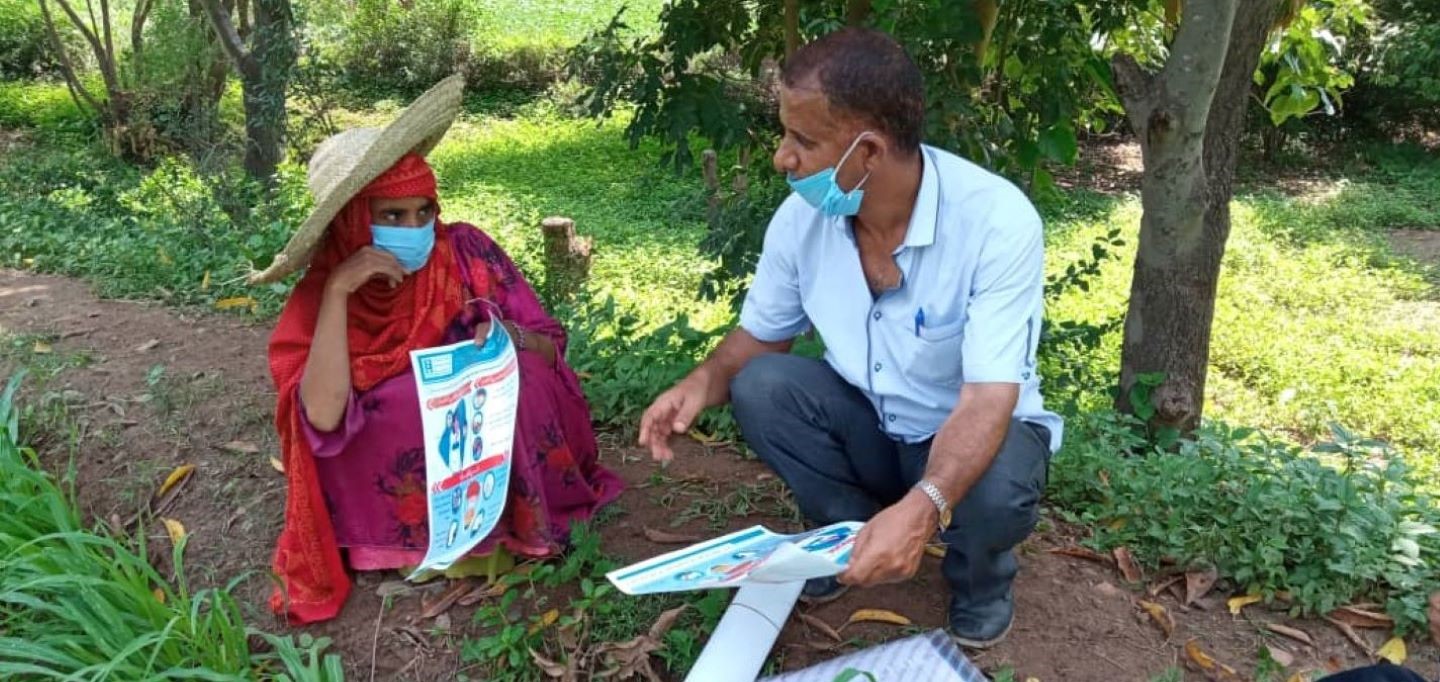Latest
Latest

Latest
Manual Submenu Topics
Search Results Filters
Search Results
Regenerative agriculture: from soil to sustainability – Episode 58
Hear from global leaders in regenerative agriculture – and learn how IFAD is leveraging their techniques to combat climate change in rural communities.
The three types of biodiversity: explained
Genetic, species, ecosystem: learn about the three main types of biodiversity and explore the role each plays in making agriculture productive, nutritious and resilient.
See how water and peace go hand in hand
Peace and water are inextricably intertwined. That’s why sustainable rural development can help reduce conflict in communities – and why water is often the crucial element that can make the difference.
IFAD and Montenegro sign financing agreement to support climate adaptation in Northern mountainous areas
Amid growing climate challenges in Montenegro, IFAD signed an agreement with the Government of Montenegro to finance the Adaptation to Climate Change and Resilience in the Montenegrin Mountain Areas project (GORA). The project aims to support small-scale farmers and rural communities to cope with the effects of a changing climate.
IFAD and partners to build resilience of smallholder farmers to climate change impacts in seven Sahelian Countries
Today, IFAD launched the Africa Integrated Climate Risk Management Programme (AICRM): Strengthening Smallholder Farmers' Resilience to Climate Change Impacts, with a workshop in Banjul, The Gambia. Dr Jyotsna Puri, Associate Vice-President of the Strategy and Knowledge Department at IFAD joined over 60 participants, including government representatives from the programme's host countries, as well as financial and implementing partners.
Champions of change: Meet the winners of the 2024 IFAD Gender Awards
Visit the five inspiring winners of this year’s Gender Awards and find out how they’re addressing the harmful practices, social norms and economic disparities that keep women from achieving their potential.
Global food crisis, poor nutrition and the effects of climate change need urgent action, says IFAD President
A global food crisis and the effects of climate change are taking a toll on those most vulnerable: millions of people – many of them small-scale farmers and their families – who are unable to afford a healthy diet. At this critical juncture, Alvaro Lario, President of IFAD, is visiting the Solomon Islands and Australia from 29 February to 8 March 2024 to collaborate on next-steps and to deepen IFAD’s strategic partnership with governments across the region.
Zero waste, full plates: winning with school meals - Episode 54
In this episode, we explore why we must pursue zero hunger and zero waste as joint goals. In particular, we look at how these efforts are crucial for children, who depend on nutritious diets for healthy development.
Prosperity or the planet? Luckily, they're not mutually exclusive
All too often, value chain development harms the planet by emitting carbon and degrading environments. That’s why to build truly prosperous rural areas, we must make value chains not just strong, but sustainable.
Twenty years on from the first Farmers’ Forum, four farming leaders weigh in
We asked four farmers’ organization leaders from around the world about current challenges, new developments and their hopes for the future at the eighth global meeting of the Famers’ Forum.
Sophie Grigson on how diversifying crops in Malawi cultivates sustainability and resilience
IFAD Recipes for Change chef Sophie Grigson travelled to Malawi to meet local small-scale farmers who are fighting back against climate change by diversifying their crops.
Recipes for Change: Nsima with chicken casserole and khobwe balls
Learn how to make a delicious and sustainable Malawian meal with these recipes collected from rural communities by Chef Sophie Grigson.
Swaying the power of seaweed - Episode 53
Seaweed packs a punch. It produces more than half of the world’s oxygen and removes millions of tons of carbon dioxide from the atmosphere each year. It's also incredibly nutritious and easily cultivated, with seaweed farming making up nearly a third of all marine aquaculture.
The wonderful power of wetlands
Wetlands are closely linked with our wellbeing – they protect against erosion, improve water quality, and host a vast range of species. Let’s visit some of these precious ecosystems and meet the rural people protecting them.
In rural China, greenhouses bring new life to the desert
Growing food is a challenge in the harsh desert landscape of northwestern China. But thanks to new greenhouses built by a local cooperative, this village is bursting with fruits, vegetables and mushrooms.
Navigating marine biodiversity for a better tomorrow – Episode 52
Marine biodiversity is a precious resource – but it has long been under threat. Today's coral reefs, for example, cover half the area they did in 1950, and nearly 10 per cent of marine life is at risk of extinction.
Clean energy, thriving rural communities
Rural communities need energy to develop, but in a rapidly heating world, a green transition is crucial. Renewable sources, like solar power and biogas, are allowing them to prosper without relying on polluting fossil and wood fuels.
When it comes to measuring water security, lived experiences matter
Water stress is growing around the world. To effectively tackle it, a new approach assesses not only whether water infrastructure is available and working, but also whether it is meeting the needs of the people who rely on it.
IFAD President makes first official visit to Algeria to promote youth employment and climate adaptation in rural areas
IFAD President Alvaro Lario will be visiting Algeria next week in his first official visit to the country since he was elected head of the International Fund for Agricultural Development in 2022.
Why camelids are key to a better future in Bolivia and beyond
Why has the UN declared this year the International Year of Camelids? IFAD’s Country Director for Bolivia, Daniel Anavitarte, explains why you should care about these extraordinary mammals – and why they’re key to sustainable rural development in South America and beyond.
Early warning systems help small-scale farmers prepare for climate change
Climate change is making extreme weather events more intense and frequent. With IFAD’s support, small-scale farmers are getting the advanced warning they need to limit damage to their livelihoods – and recover faster.
A bright new year for rural people – Episode 51
Climate leaders' plans to tackle some of the planet’s greatest challenges. IFAD Vice-President gives insight into the challenges faced by rural people, followed by fellow IFAD colleagues explaining how we can improve the lives of small-scale farmers. More about the ongoing battle to combat desertification and what’s in store for 2024.
Self-sufficient farming for better health in the remote Pacific
Rural people in Kiribati are leading the way in sustainable farming, making nutritious foods available and creating a foundation for better health in the years to come.
Investing in a better future: A new day dawns, and we have reasons for hope
When climate and natural disasters strike, it’s rural people who are worst affected. Investing in their resilience ensures that they not only endure times of crisis, but emerge stronger. Associate Vice-President of Programmes Donal Brown explains how rural communities can change the world for the better.
Integrated farming strengthens climate resilience in Cambodia
Integrated farming provides ecosystem benefits and builds climate resilience. Find out how this system is strengthening Cambodia’s small-scale farmers and their communities.
Gender equality in rural areas essential to climate change adaptation, says IFAD President
In the face of escalating climate change impacts on vulnerable rural populations globally, Alvaro Lario, the President of IFAD, emphasized today that promoting gender equality in rural communities is essential to climate change adaptation, with women acting as powerful catalysts of change.
The world is not prepared for climate change
For rural people, the climate nightmare is a reality. They urgently need support to adapt to a changing world. To do this, IFAD is issuing three calls to action – find out what they are.
IFAD launches innovative financing mechanism to support small-scale food producers to adapt to climate change in Eastern Africa
Following the recent release of data confirming a sharp global decline in climate finance dedicated to adaptation efforts, IFAD and partners have today unveiled a new financing mechanism to boost support to small-scale food producers in rural communities in Kenya, Rwanda, Tanzania and Uganda to adapt to a changing climate.
The USA contributes US$50 million to a new multi-donor trust fund addressing climate and food crises hosted by UN's IFAD
Antony Blinken, the US Secretary of State, announced today at the COP28 UN climate summit in Dubai that the US will contribute US$50 million to the Vision for Adapted Crops and Soils (VACS)’s new multi-donor trust fund, hosted by IFAD.
Persons with disabilities and IFAD join forces to achieve the Sustainable Development Goals
In a world of climate catastrophes, rising food prices and global instability, find out how persons with disabilities are taking their rightful place in the effort to achieve the Sustainable Development Goals.
IFAD at COP: Raising the voices of rural people
Follow IFAD's journey at COP28, as we showcase efforts towards sustainable agriculture, climate resilience and food security, and raise the voices of rural people all over the world.
Small-scale farmers must not be forgotten if we want to feed the world and safeguard the planet - IFAD at COP 28
IFAD will urge global leaders at COP28 to urgently focus far more attention and funding to the hundreds of millions of small-scale farmers who feed much of the world and are key to global food security and stability.
COP: Where does it come from and where is it going?
COP is an annual meeting where decision makers discuss how best to tackle climate change. But how did the summit come to be and what difference does it make for rural people? Find out here.
Investing in climate resilience - Episode 50
COP28 is just around the corner – our 50th episode focuses on small-scale farmers and their resilience in the face of climate change.
How indigenous youth are grappling with climate change
Climate change is having a huge impact on Indigenous Peoples all over the world. We sat down with three indigenous youth to talk about how erratic weather patterns are affecting their communities and how they are drawing on tradition and technology to cope with it.
Investing in a better future: Near East, North Africa, Europe and Central Asia
The Near East, North Africa, Europe and Central Asia is a dynamic region faced with many challenges. We caught up with Regional Director Dina Saleh to find out how rural people are coping with the realities of conflict and climate change and to understand why the right investments now can make all the difference later.
One million people to build climate resilience: new IFAD-Brazil agreement
As Brazil redoubles its efforts to combat poverty and hunger, IFAD and the Brazilian Development Bank (BNDES) signed a new financing agreement today to strengthen the resilience of one million people in rural areas of the Sertão, Brazil's semi-arid and highly vulnerable region in the Northeast of the country.
IFAD strengthens its investments in Morocco with a new €87 million agreement
Amid growing climate impacts and water scarcity, the Kingdom of Morocco and IFAD signed an agreement today for a new project that will improve the livelihoods and living conditions for rural people in the mountainous areas of the Oriental region and reduce their vulnerability to climate change.
With the right resources, rural women can change the world
When rural women access finance, the entire world flourishes. Find out how financially empowered women are leading the fight against climate change, achieving sustainable development and ensuring food security for their communities and the planet.
Thriving in Türkiye: meet the women lifting themselves out of poverty
All over the world rural women face numerous challenges that men do not. Find out how an IFAD-funded project in Türkiye is providing them with the tools to lift themselves out of poverty and thrive.
Four questions with IFAD’s new Vice-President
Meet IFAD’s new Vice-President. Gerardine Mukeshimana discusses the importance of investing in rural communities, climate change adaptation and giving women access to resources.
Learning from El Niño
El Niño is back, and its effects are expected to have dire consequences for rural people. Oliver Page explains why we must do more to create a resilient, sustainable future in the face of this devastating climate phenomenon.
Why the Sustainable Development Goals matter: your questions answered
As countries meet to evaluate how much progress has been made towards the Sustainable Development Goals, find out more about these 17 objectives and why they’re important for the rural communities we work with.
North Africa is struggling to cope. The terrible events of this week will become all too familiar unless we invest in resilience
IFAD’s Regional Director for the NEN region, Dina Saleh, reacts to the disastrous events that have occurred in the region this week.
Investing in a better future: Asia and the Pacific
The Asia Pacific region is one of dizzying contrasts and incredible scale. We caught up with Regional Director, Reehana Rifat Raza, to find out the challenges faced by rural people in this dynamic region and how investment can make all the difference for their futures.
Investing in a better future: East and Southern Africa
East and Southern Africa is home to a diversity of landscapes, people and challenges. We sat down with Regional Director Sara Mbago-Bhunu to talk about rural life and the importance of investment.
Africa is in the eye of the climate change storm. Here is what its people are calling for
It’s time countries step up their investments and secure a climate-resilient future for small-scale farmers in Africa. Here’s how.
When resilience is not enough
The line between getting by and going under is often all too thin. Disasters can immediately upend lives and reverse decades of progress and rural development. That’s why rural people also need their community, their country and their planet to be resilient.
Investments in poor small-scale farmers generate significant benefits for climate and environment, says new IFAD-GEF report
Joint investments in small-scale farming in developing countries not only increase vulnerable rural people’s capacity to cope with the ever-increasing climatic and economic shocks, but significantly benefit the environment and climate by helping to reduce greenhouse gases emissions, recovering degraded land and curbing biodiversity loss, according a new joint report launched today by IFAD and the Global Environment Facility (GEF).
Healthy planet, healthy people: How IFAD and GEF are partnering to transform the world
Small-scale farmers need financial support to face the climate crisis. For the last 20 years, IFAD and the Global Environment Facility have been supporting rural communities as they build food systems that nourish us all.
El fondo de desarrollo agrícola de la ONU dará apoyo técnico y financiero para conservar los ecosistemas silvestres de la Amazonía peruana
El Gobierno del Perú ha anunciado esta semana la puesta en marcha de un proyecto para conservar los ecosistemas silvestres de la Amazonía, mediante la puesta en valor de la biodiversidad para la seguridad alimentaria y los bionegocios. Esta nueva iniciativa contará con el apoyo técnico y financiero del FIDA, junto con la FAO y la Organización de las Naciones Unidas para el Desarrollo Industrial (ONUDI).
Rural realities go global with immersive storytelling
Few storytelling mediums are more powerful than film. Find out how IFAD is using virtual reality and 360° video technology to ensure that rural people’s voices are heard.
As temperatures rise, so too does our need for diverse crops
Drought is the number one cause of agricultural production loss. This is why IFAD supports small-scale farmers as they grow crops that are resilient, but often neglected.
New Zealand contributes US$3.57 million to IFAD to enhance resilience of Pacific island communities through climate smart agriculture
IFAD and the Government of New Zealand signed a NZD 5.75 million (USD 3.57 million) agreement to support Pacific communities to ensure sustainable access to water and healthy diets.
Bolivia: Más de 19 000 productores rurales fortalecerán su resiliencia al cambio climático con apoyo del FIDA
Con apoyo técnico y financiero del FIDA, el Ministerio de Desarrollo Rural y Tierras de Bolivia ha anunciado la puesta en marcha de un nuevo programa orientado a incrementar los ingresos y la resiliencia climática de más de 19 000 pequeños productores rurales vulnerables en 35 municipios de los departamentos de Cochabamba, Chuquisaca, La Paz, Potosí y Tarija, y en las regiones del Altiplano, Chaco y Valles.
SIDS, food security and climate shocks – Episode 45
Small Island Developing States (SIDS) are facing unimaginable challenges, including worsening food security and climate change. Join us and IFAD’s Climate change and environmental specialist Oliver Page to learn more about how to help the islands’ small-scale farmers and fishers strengthen their climate resilience.
Her land, her rights: How land ownership can transform the lives of women - and hold back desertification - in Niger
Meet the woman who fought for her right to land ownership and contributed to halting drought and desertification.
A New Day is possible
Small-scale farmers in developing countries produce one third of the world’s food. But today they are only one flood, one drought or one failed harvest away from ruin. To stem the impact of climate change on food security and to reduce poverty, IFAD is calling for more investment in rural communities - now.
A New Day: Q&A with the people IFAD supports
IFAD's new film, ‘A New Day’, tells the story of Tunisia’s rural people and is a testament to their resilience as they battle to adapt to our changing weather. We speak to two IFAD-supported project participants about their daily struggles, as well as their hopes and dreams for the future.
Behind the Scenes of ‘A New Day’
IFAD’s latest film, ‘A New Day’, was shot in Tunisia amid soaring temperatures. Get a behind the scenes look of how we made the film, the people we met and the challenges of shooting in an area dramatically affected by climate change.
Why development is a smart investment even in unstable times
In an age of multiple intersecting crises, only a holistic approach to both humanitarian and development assistance can disrupt the cycle.
Debunking three myths about rural people and the environment
The world is full of misconceptions about rural people and the environment. Find out what’s true and what’s not, as we debunk three major myths.
Fighting water scarcity with innovation – Episode 44
This month we are focusing on water scarcity.
Rural people rely on biodiversity. Here's how IFAD protects it
Biodiversity is especially important for small-scale farmers. Here’s how IFAD is further integrating it into projects all over the world.
Rural people make a beeline for prosperity
On World Bee Day, meet the pollinators buzzing to protect our planet and the rural people taking care of them.
IFAD project helps preserve the Brazilian Amazon Rainforest and improve communities' lives
IFAD and the government of the state of Maranhão launched today a project that seeks to address the pressing issue of environmental degradation of the Amazon Forest in Maranhão and the high rates of poverty and food insecurity in the region - the “Amazon Sustainable Management Project (PAGES).”
EIB and IFAD deepen collaboration to strengthen food security, climate adaption and expedite project implementation
The European Investment Bank (EIB) and IFAD have today penned two agreements to further strengthen their cooperation in low- and middle-income countries worldwide, with a particular focus on Africa.
New IFAD initiative will help reduce global warming by lowering methane emissions from small-scale farming
With sharp reductions in methane emissions key to keeping global warming below 1.5 degrees Celsius, IFAD is launching a new initiative to help developing countries lower methane emissions from agricultural and small-scale farming. Announced today at the AIM for Climate Summit, the new program will receive US$3 million in support from the Global Methane Hub and US$ 1 million in support from the US State Department.
Winds of change for Argentina’s herders
Climate change poses a myriad of challenges for Argentina’s rural herders. But one woman has no intention of backing down and tells us how she plans to forge a new way forward.
Five tips for journalists reporting on Indigenous Peoples
Journalists can play an important role in telling the stories of Indigenous Peoples. Here are five ways in which the media can report on these important communities in a meaningful way.
Caravan of hope: How mobile shelters changed the lives of shepherds in Türkiye
Shepherds in Türkiye rely on the Taurus Mountains for their livelihoods - but living and working in these highlands is no mean feat. Here’s how IFAD-funded caravans have provided them with more comfortable, hygienic and safe living conditions.
Six proven ways to transform rural communities
After 40 years working with rural people, here are some of the things we have learned to make our work under IFAD13 a success.
Innovating for a sustainable farming future – Episode 42
Our catchword of the month is innovation.
It’s not too late to prevent the worst-case scenario
The IPCC’s latest Synthesis Report is a reminder that the power is in our hands to prevent the very worst outcomes of climate change—if we take decisive and ambitious action now.
When the world is drying up, every drop of water counts
Climate change and a growing population are exacerbating water scarcity. As the water cycle is disrupted, farmers are coming up with inventive ways to harvest, store and use water. IFAD is helping them with simple but effective and climate-smart water infrastructure.
As Cyclone Freddy breaks records, vulnerable rural people are in the eye of the storm
For over a month, Cyclone Freddy has been battering south-east Africa. This may be the longest-lasting tropical cyclone ever recorded—and vulnerable rural communities are in the eye of the storm. We explain what this means for IFAD’s project participants in the region.
Time to step up investments in rural communities on the frontline of climate change in the Pacific islands
IFAD is advocating for more investments in small-scale farming communities in the Pacific.
As the world moves to protect oceans, we must also protect small-scale fishers
As the world welcomes the historic UN agreement to legally protect high seas, we must also ensure that small-scale fishers continue to be protected.
IFAD loan to enable small-scale farmers in Viet Nam to plan for, cope with and adapt to climate change impacts
IFAD and the Socialist Republic of Viet Nam last week signed a loan agreement to promote inclusive and sustainable agricultural growth in the Mekong Delta. The Climate-smart Agricultural Value Chain Development (CSAT) project will generate sustainable income opportunities and improved rural livelihoods for 60,000 families engaged in small-scale farming.
Pueblos Indígenas de Bolivia logran un reconocimiento mundial por su gestión ganadera adaptada al cambio climático, con apoyo del FIDA
Gracias a su excelente gestión ganadera, adaptada al cambio climático, y la protección efectiva sus medios de vida y los ecosistemas, los Pueblos Indígenas de tres departamentos de Bolivia se hicieron merecedores del Premio de los Pueblos Indígenas, siendo así reconocidos como el proyecto con mejores resultados entre aquellos financiados por el FIDA.
IFAD substantially strengthens its investments in Somalia to help small-scale producers cope with climate shocks and food insecurity
As Somalia continues to experience a historic drought, pushing millions of Somalians into acute food insecurity, Alvaro Lario, President IFAD announced today during IFAD’s 46th session of the Governing Council that it will substantially strengthen its support to Somalia and resume its direct investments after loan arrears resulted in a three-decade long suspension.
How livestock in Lesotho is adapting to climate change
An IFAD-FAO study from Lesotho provides valuable insight on how to mitigate against climate change while sustainably producing enough healthy food for everyone.
Why insects are the next global superfood
IFAD helps rural small-scale farmers reduce emissions while adapting to climate change. Find out how rearing insects as human food and livestock feed can achieve these goals.
2022: Resilience in the face of adversity
As we near the end of 2022, IFAD looks back on some of the themes that defined a year of dramatic change.
Rising sea levels threaten Egypt's fertile plains in the Nile Delta
The Nile Delta is the breadbasket of Egypt, but climate change threatens agriculture here. IFAD is working to protect the land and improve the quality of previously infertile land. Sabrina Dhowre Elba, IFAD colleagues, and project coordinators and participants describe how this is changing people’s lives.
How disability and the climate crisis converge
18 million persons with disabilities are expected to be displaced by climatic events by 2050, we must urgently include them in climate action—both as participants and decision makers.
Global Environment Facility tasks FAO and IFAD to lead new $230 million agrifood systems transformation program
The initiative aims to support shifts towards sustainable nature-positive production and efficient value chains for crops, commodities, livestock, and aquaculture.
Building biodiversity for a successful farming future – Episode 38
This month we kick off with the Conference of the Parties on Biological Diversity, or COP 15, followed by three IFAD projects that put biodiversity and conservation at the forefront of their missions.
The youth weigh in on COP27
As today’s young people grow into tomorrow’s adults, the impacts of climate change are simultaneously growing and worsening. Rural youth are valuable contributors to climate action. At COP27, we showcased the lives and ambitions of young innovators and activists. Find out what they had to say.
Farmer organizations convene amid crisis to discuss support for small-scale farmers in East and Southern Africa
As crippling spikes in food and energy prices continue to hit East and Southern Africa, the devastating impact of climate change on the productive capacity of small-scale farmers has become an urgent issue. Therefore, IFAD and farmer organizations from the region are jointly convening the Regional Farmers’ Forum, in Dar es Salaam, Tanzania on 24 – 25 November, to galvanize greater efforts to build farmers’ resilience through partnership.
COP27 is over. Here are five things the world must do now to move forward
As the countdown clock to 2050 ticks ever louder, IFAD was at COP27 to share what we know about responding to climate change. Here are five solutions to help the world get back on track towards a more sustainable future.
UN's IFAD and the U.S. State Department help small-scale farmers to further reduce methane emissions
IFAD and the U.S. State Department announced a new partnership to support small-scale farmers in developing countries to better adapt to climate change and further reduce highly polluting methane emissions.
Saving the Amazon: The story of the indigenous women fighting climate change
In the heart of the Peruvian Amazon, a group of indigenous women are fighting climate change through reforestation and ancestral farming techniques.
Cooking at the top of the world: A family in Nepal share their story of climate resilience with Meteorologist Clare Nasir
Meteorologist Clare Nasir travels to Nepal where she shares a homecooked meal with a local family and discovers how rural farming communities are adapting to the threat of climate change.
Mind the Gap: Climate adaptation is falling far short of needs
To respond to the impacts of climate change that are already happening around us every day, we urgently need to invest in climate adaptation. UNEP’s Adaptation Gap Report identifies the gap between where we are and where we need to be. Jo Puri shares her impressions on what this year’s report reveals.
Why climate finance matters: Your questions answered
Climate finance is complicated, and we get a lot of questions about everything it entails. We’ve put together some answers to the ones we receive most often.
The UN’s Agricultural Development Fund finds that its investments in small-scale farming are net negative - according to new report
New research shows that investments in small-scale farmers and poor rural populations in developing countries over 20 years by IFAD sequestered more carbon and reduced more greenhouse gases (GHG) emissions than they emitted, proving to be effective in limiting climate change.
Climate finance keeps carbon where it belongs: underground
Climate finance is essential to prevent the worst-case climate scenarios from happening and to protect the most vulnerable people from a climate breakdown.
Financing resilience: how ASAP+ is helping rural communities adapt to climate change
When it comes to climate change, small-scale farmers are among the world’s most vulnerable communities. This is why IFAD focuses on climate resilient agriculture and climate finance through programmes like ASAP+.
Norway pledges an additional US$9.5 million to climate adaptation for small-scale farmers
As part of a commitment to triple its support to climate adaptation by 2026, Norway has pledged an additional NOK 100 million (approximately US$9.5 million) contribution of urgently needed climate finance to IFAD today.
Four ways small-scale fishers can help us weather the climate storm
Climate change and environmental degradation are posing an unprecedented threat to the world. Find out how small-scale fishers are weathering the storm – and becoming part of the solution.
Placing small-scale farmers and rural populations at the heart of climate discussions - IFAD at COP 27
To ensure small-scale farmers and rural populations from developing countries receive the attention and funding they urgently need, IFAD is organising, and will be active in, over twenty events at COP27 to highlight the challenges and solutions that small-scale farmers need to feed a growing population while adapting to the escalating impacts of climate change.
At COP27, we need big wins for a greener future, says IFAD President
Ahead of this year’s COP, President Lario shares three big wins for the planet that can mitigate climate change and help the world’s poorest rural people adapt to its inevitable impacts.
Adapt or starve – UN Agricultural Fund calls for urgent climate finance for small-scale farmers
With the negative impacts of climate change becoming more frequent and severe, IFAD is calling for urgent and increased financing to support hundreds of millions of small-scale farmers adapt to climate change.
Seeing the bigger picture: 6 ways IFAD uses GIS to optimize climate investment
Discover how IFAD uses Geographic Information Systems to better understand where and how climate change is affecting smallholder farming, and what is needed to mitigate its effects.
Climate Change in Africa, what’s really happening? – Episode 37
COP27 is upon us – join us for an African perspective on what to expect from this year’s UN climate change conference in Egypt.
A tale of two towns in Tajikistan
In Tajikistan two neighbouring towns face different fates as one suffers the aftermath of drought and displacement and the other is saved by irrigation.
Five ways IFAD is helping to reduce rural poverty in an age of climate change
Even when a world without poverty seems out of reach, here’s how IFAD continues to work in developing countries, amplifying the voices of rural people and integrating them into value chains, so they can earn and save, while feeding the world and conserving the natural environment.
Rural women lead the way
There is no solution to climate change without rural women. It’s time to invest in them. It’s time to let them lead the way.
With the world in firefighting mode, we cannot forget about rural women
As the world faces a myriad of crises, experts fear that the progress rural women and girls have worked so hard for may be reversed. Here is how IFAD is working to prevent this.
Water brings life to rural people
Irrigation brings water to the world's poorest rural people in the right quantities and when they need it, helping farmers adapt to climate pattern shifts.
What I’ve learned about resilience from rural communities in Guatemala
Faced with the impacts of climate change, small-scale producers in Guatemala urgently need to manage risk using tools like insurance. Read how INSURED promotes the use of agricultural insurance to build resilience and strengthen livelihoods.
Tackling food loss for sustainable food systems
Reducing food losses makes food systems more sustainable. Although the exact causes are different for every crop and in every country, there are plenty of avenues to prevent, detect, and reverse these losses.
The perfect weekend away in rural Bangladesh
Discover hidden gems in rural Bangladesh with two IFAD colleagues as they visit a community-led eco-tourism project that has transformed the area.
Fighting Climate Change in South Asia – Episode 36
From chefs in India to fisheries in Maldives, we examine how the relationship between agriculture and climate change is affecting South Asia. We also reflect on 75 years of independence in India and Pakistan and learn about IFAD’s work in Bhutan and Maldives, and so much more in this bumper episode.
Hungry caterpillars threaten Kenya's crops. Can plants provide a natural pest control solution?
Kenyan farmers and their crops face a tiny but destructive threat: the fall armyworm. With climate change causing more infestations, push-pull technologies are a sustainable and affordable way of naturally controlling pest numbers. Find out how this simple but effective technology works.
“This is unprecedented”: IFAD’s Country Director in Pakistan reacts to the floods
Following months of incessant rain, nearly one third of Pakistan is underwater. Millions of people are affected, thousands have died, and agriculture is at risk. IFAD’s Country Director in Pakistan reflects on what is happening on the ground.
Racking up Renewables in Africa - Episode 35
With fossil fuels dwindling and access to energy already scarce in Africa, people are turning to renewable energy. In this month’s podcast, energy specialist, Dan Martin, explains how IFAD incorporates renewable energy into its projects, while a farmer tells us about the reality of renewable energies on the ground.
East Africa is experiencing its worst drought in decades. It’s time to invest in climate adaptation
East Africa is experiencing one of the worst droughts in decades, with millions facing food insecurity as crops fail, livestock die and water sources dry up. Read how IFAD is building resilience to climate change and what else needs to be done.
Women-led sea patrols in the Philippines are protecting livelihoods and the ocean
Coastal communities in the Philippines depend on the sea for sustenance, but these once thriving oceans are emptying due to climate change and harmful fishing practices. Local women are fighting back, protecting fisheries while using them sustainably.
Seeing change happen before our eyes in Guatemala and Honduras
On a recent trip to Guatemala and Honduras with the US Ambassador to the UN agencies based in Rome, IFAD Country Director, René Castro, explains how smallholder farmers are transforming rural communities despite the challenges of climate change.
See how permaculture transformed farmland in Nepal from barren to lush
When Megnath Ale Magar returned to his village in Nepal after a decade working abroad, he found a degraded land. In just three years, he transformed his barren farmland into a lush ecosystem using a permaculture approach.
From subsistence to self-sufficiency: how women in Sudan are using savings and credit groups to build a better future
Climate change, commercial agribusiness, and societal norms threaten small-scale farmers’ way of life in a small village in Sudan. A women’s savings and credit group is changing this.
Building Resilience in a Time of Famine – Episode 33
20 million people in the Horn of Africa are at risk of starvation, largely due to a four-year drought making the region the driest it’s been in forty years. Dr Joseph Awange and IFAD’s Satu Santala discuss the root causes of famine and the solutions we can put in place.
Against the backdrop of conflict and COVID-19, IFAD is helping farmers grow in Yemen
Years of conflict in Yemen have taken their toll – and among all of the devastation that’s been wrought, the country’s agricultural sector is one of the hardest hit. Now, an IFAD-supported initiative is helping Yemeni farmers get back on their feet.
